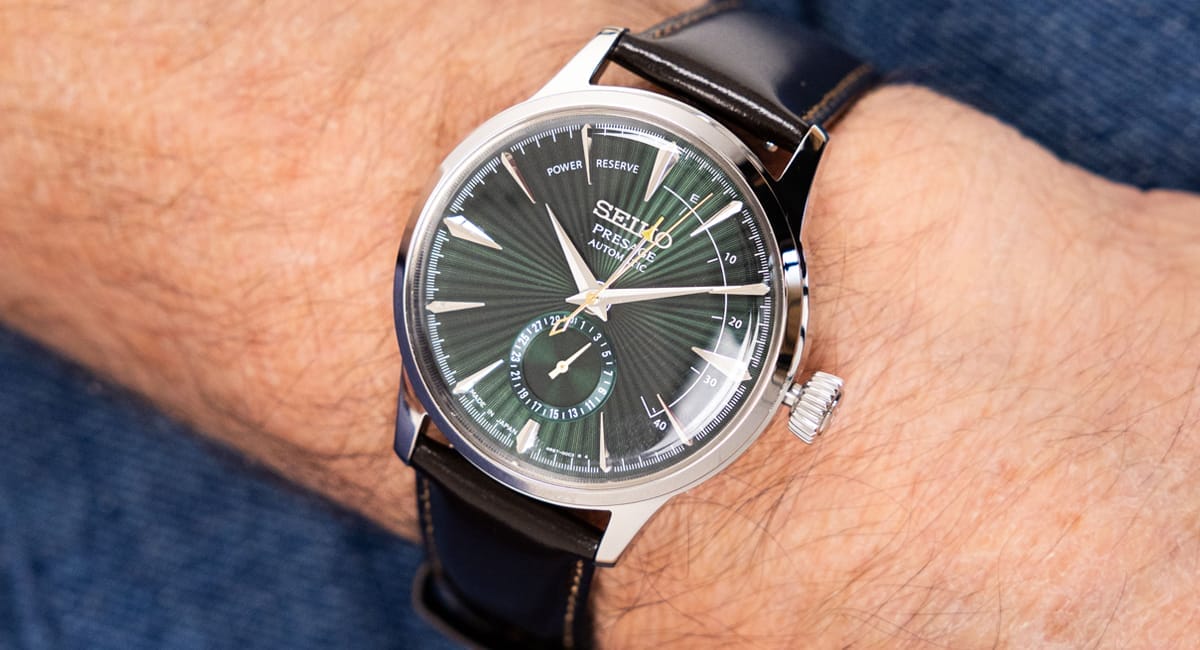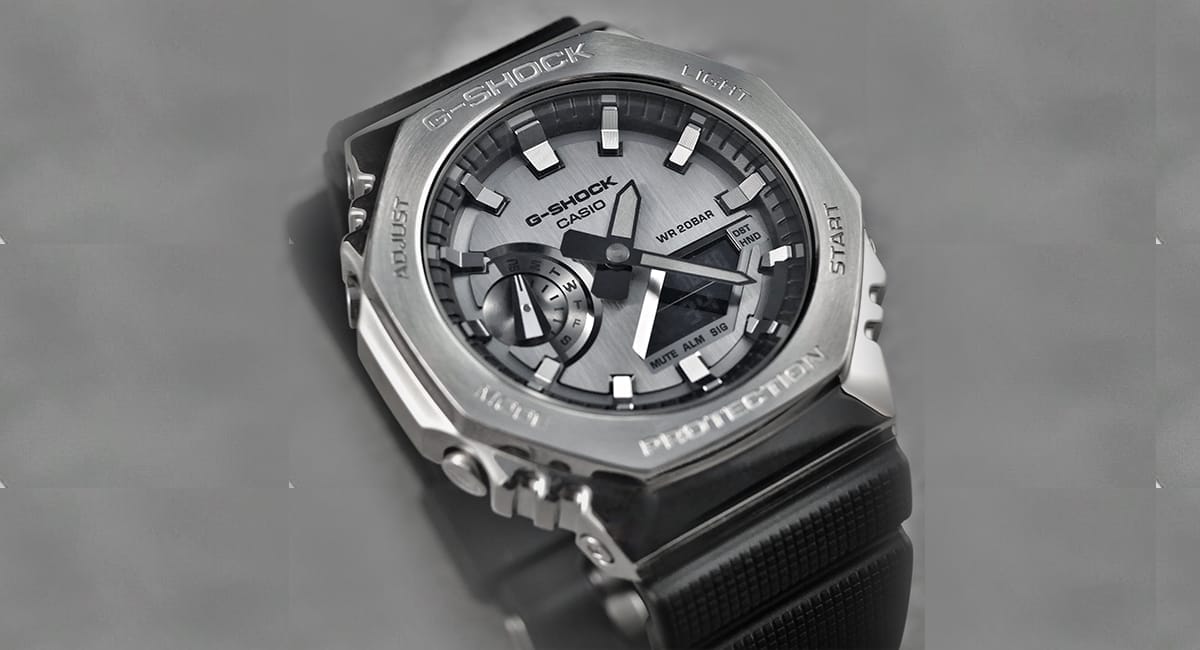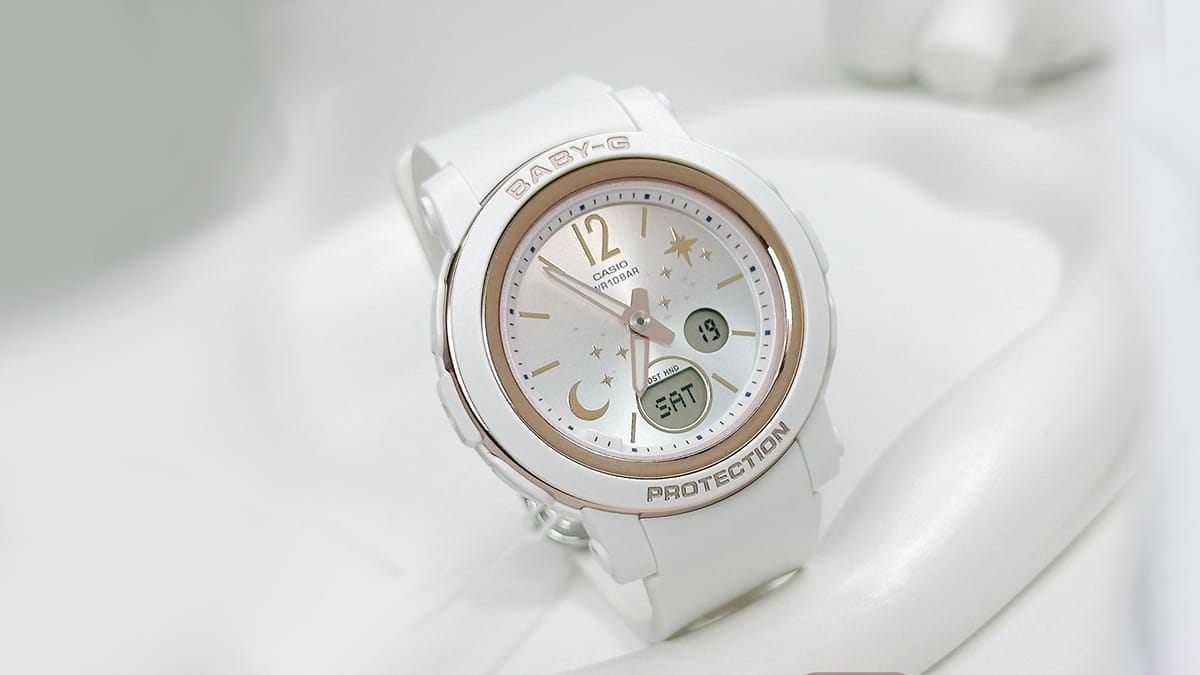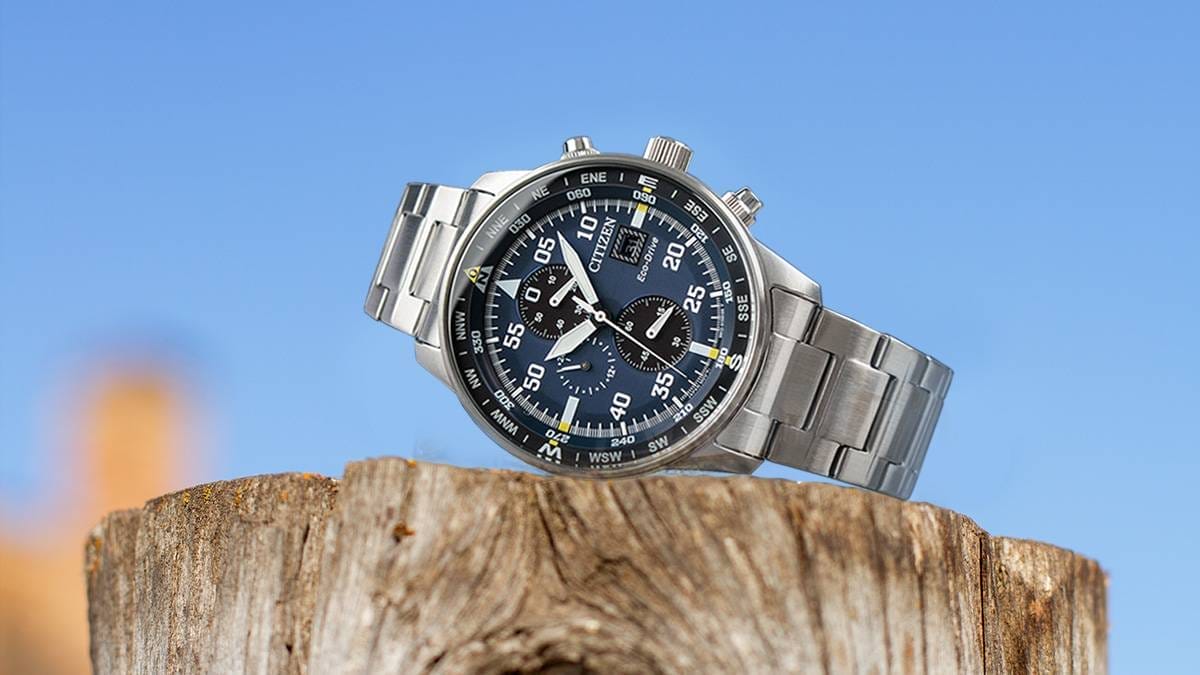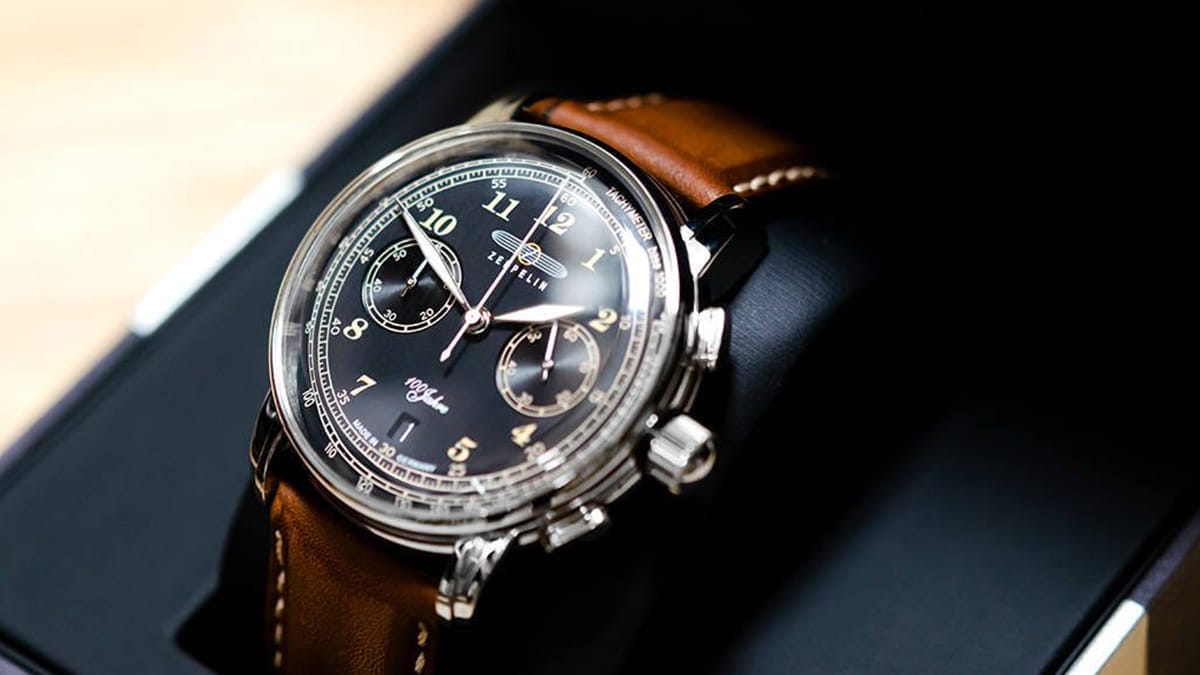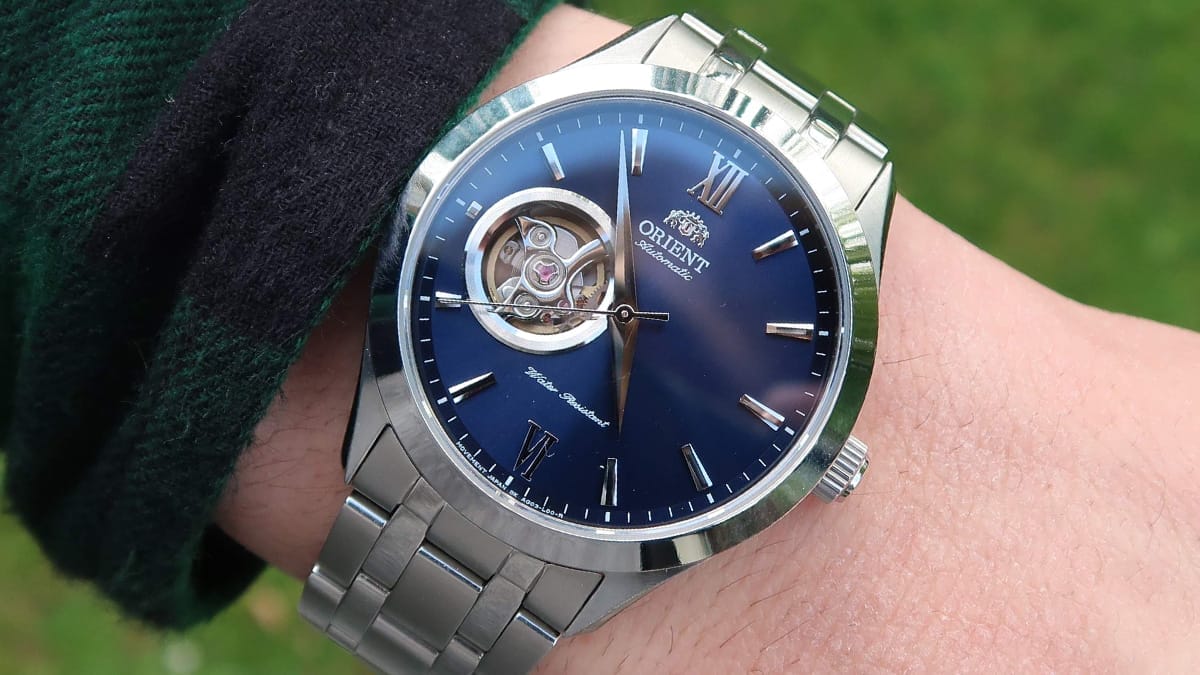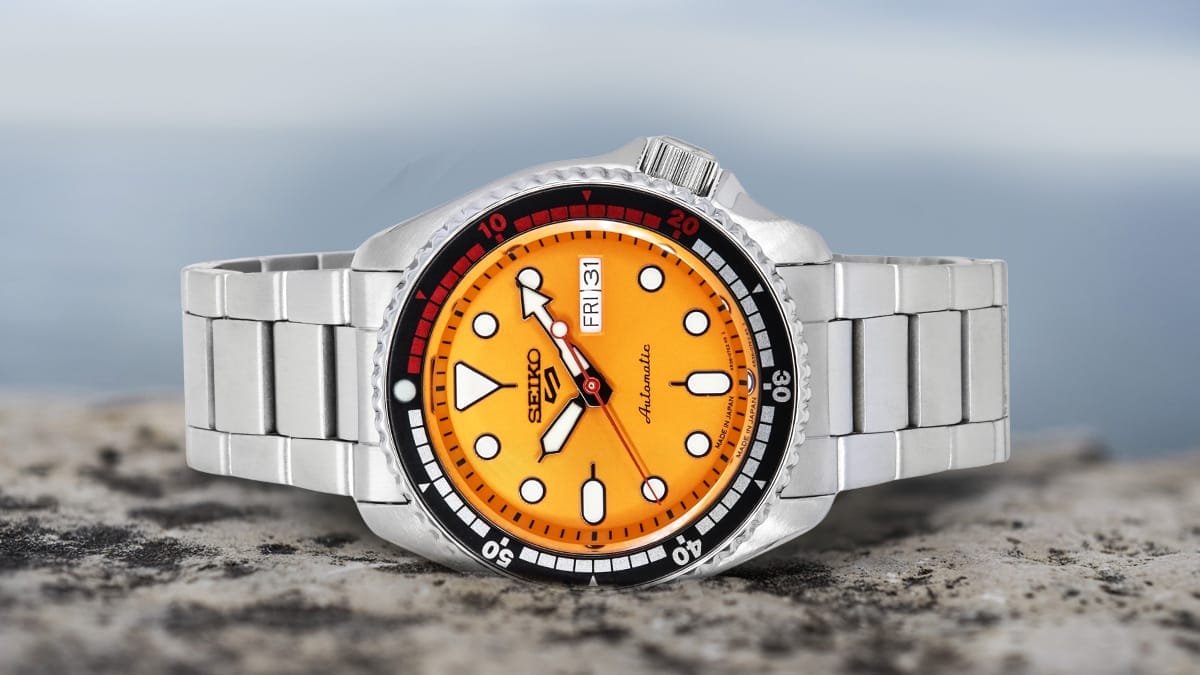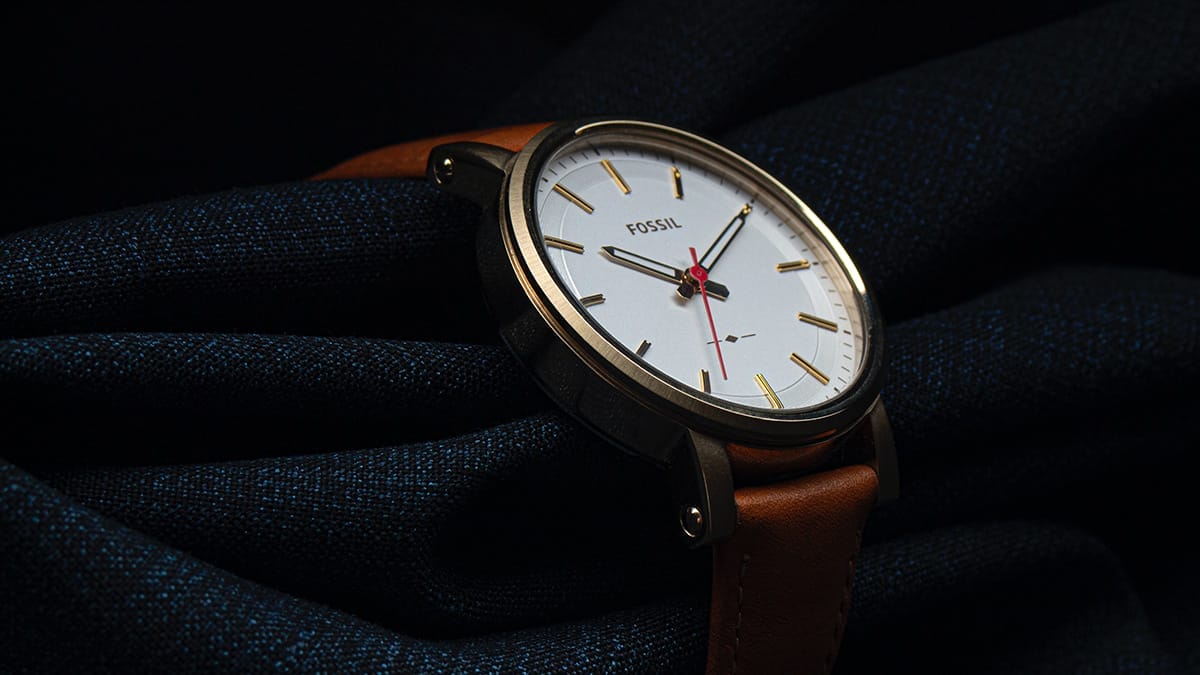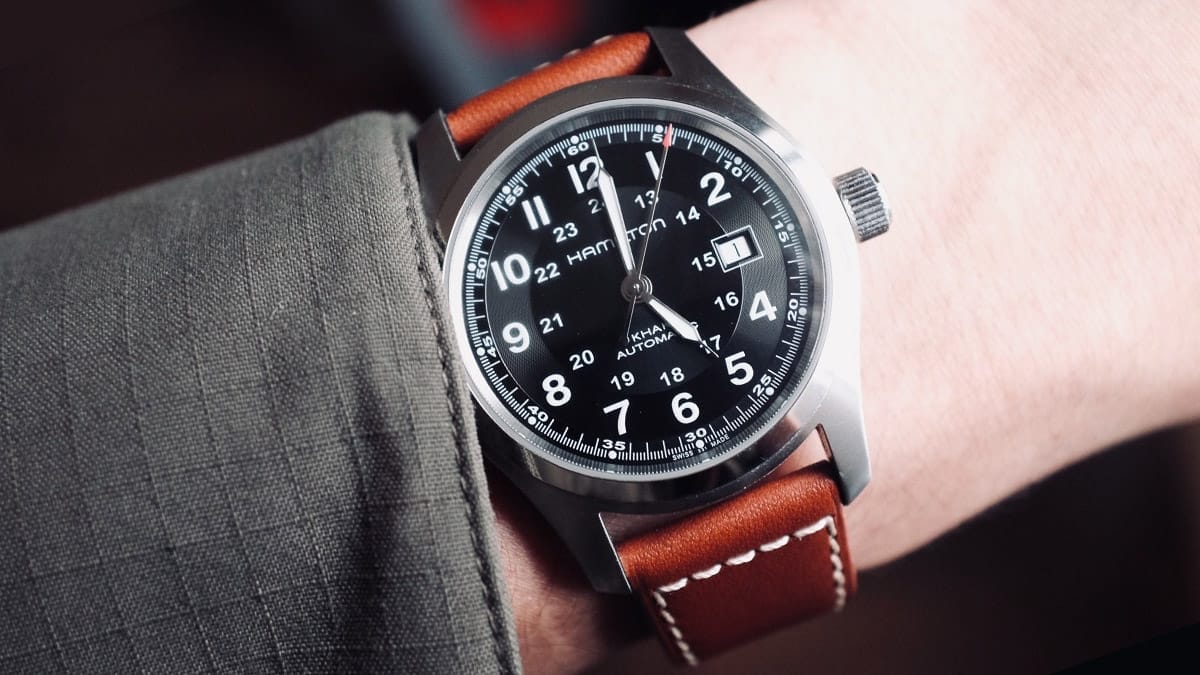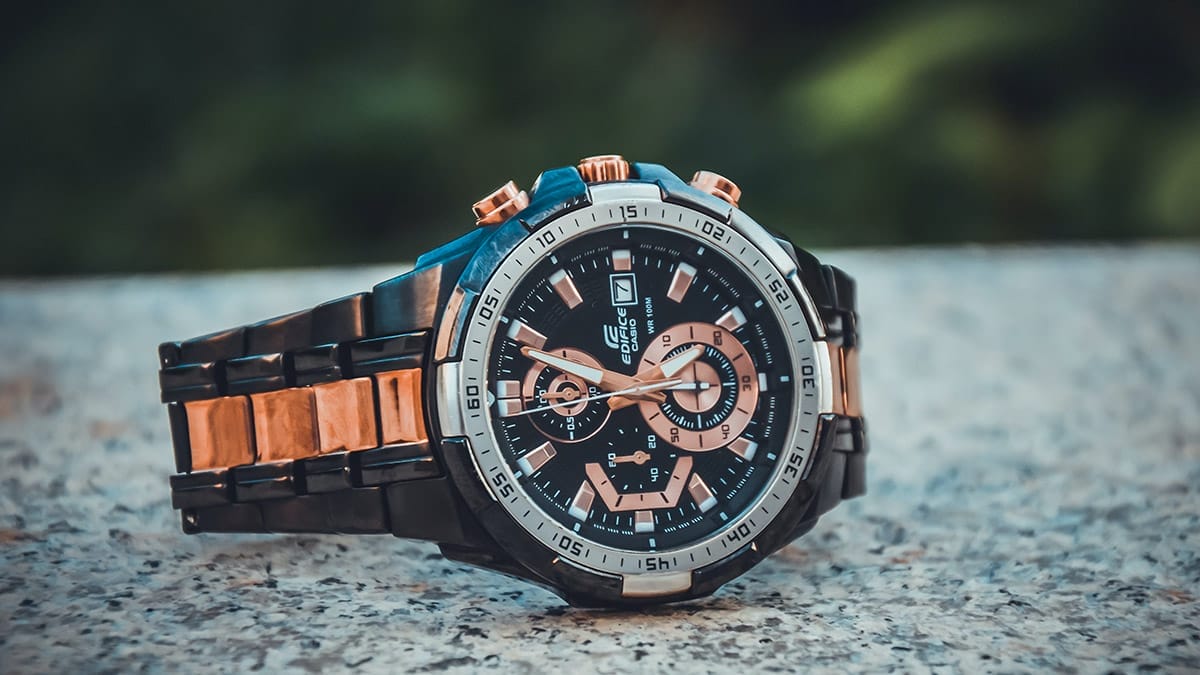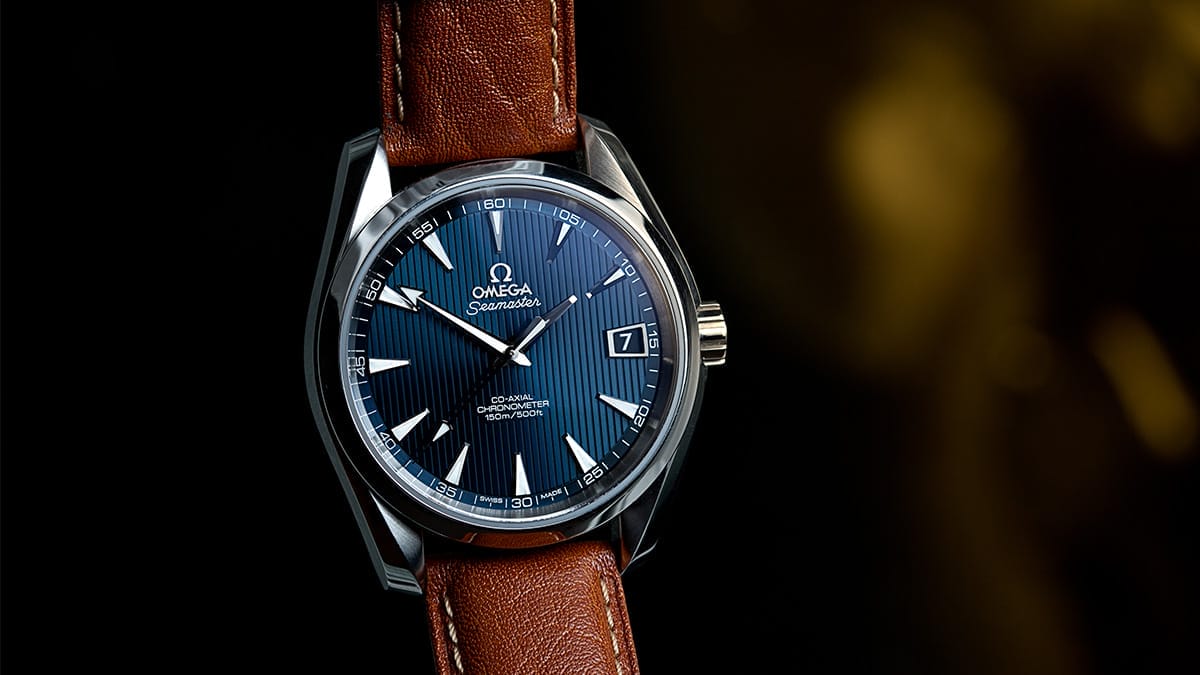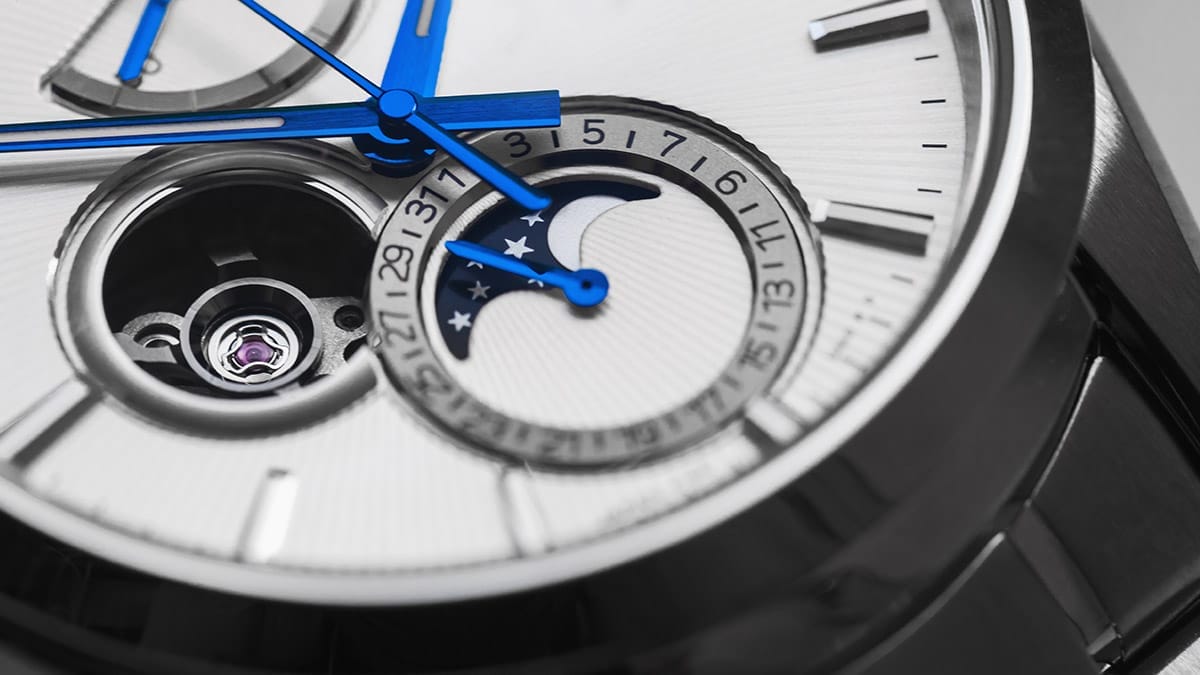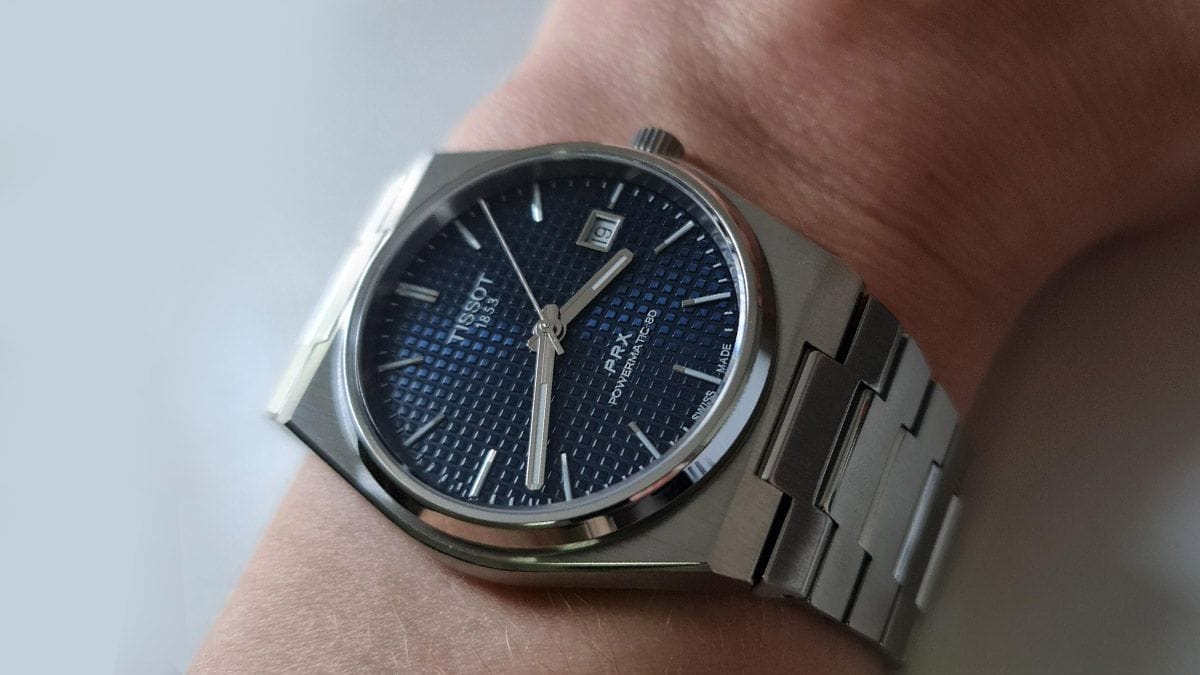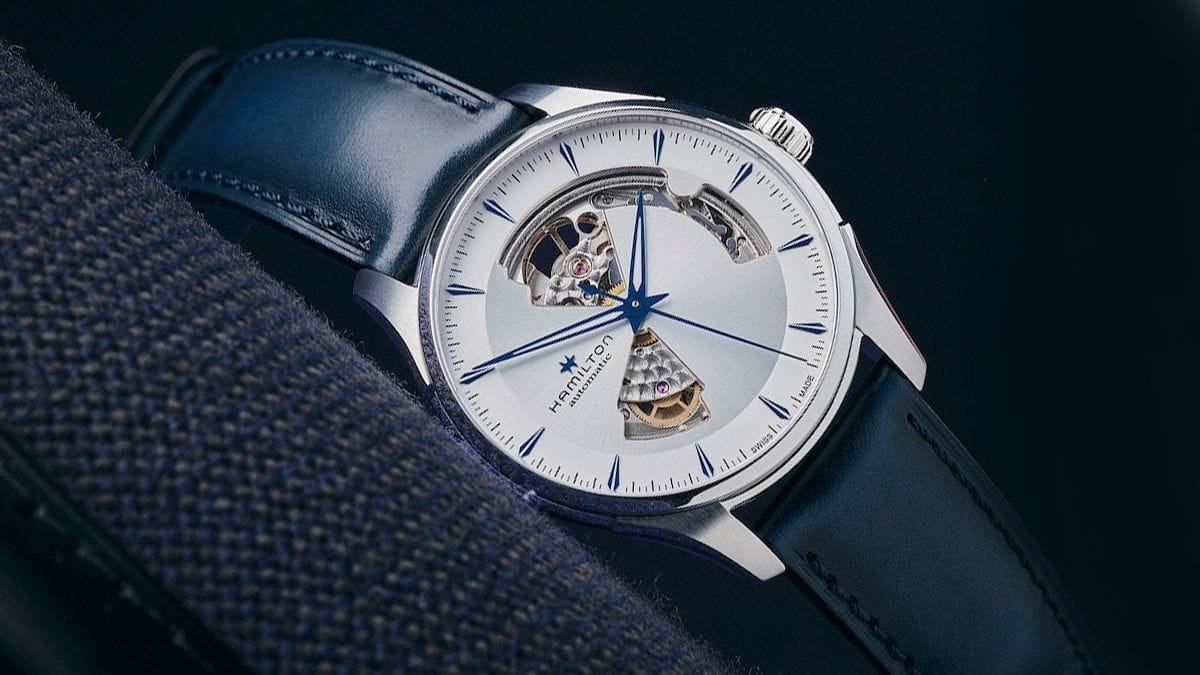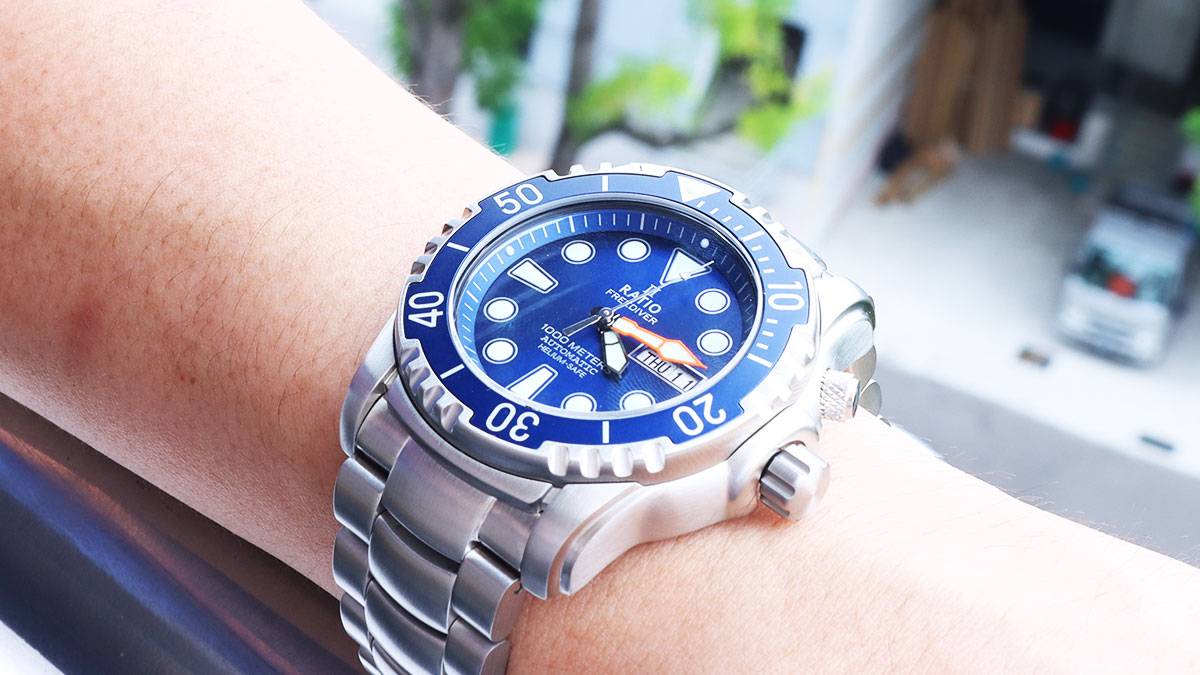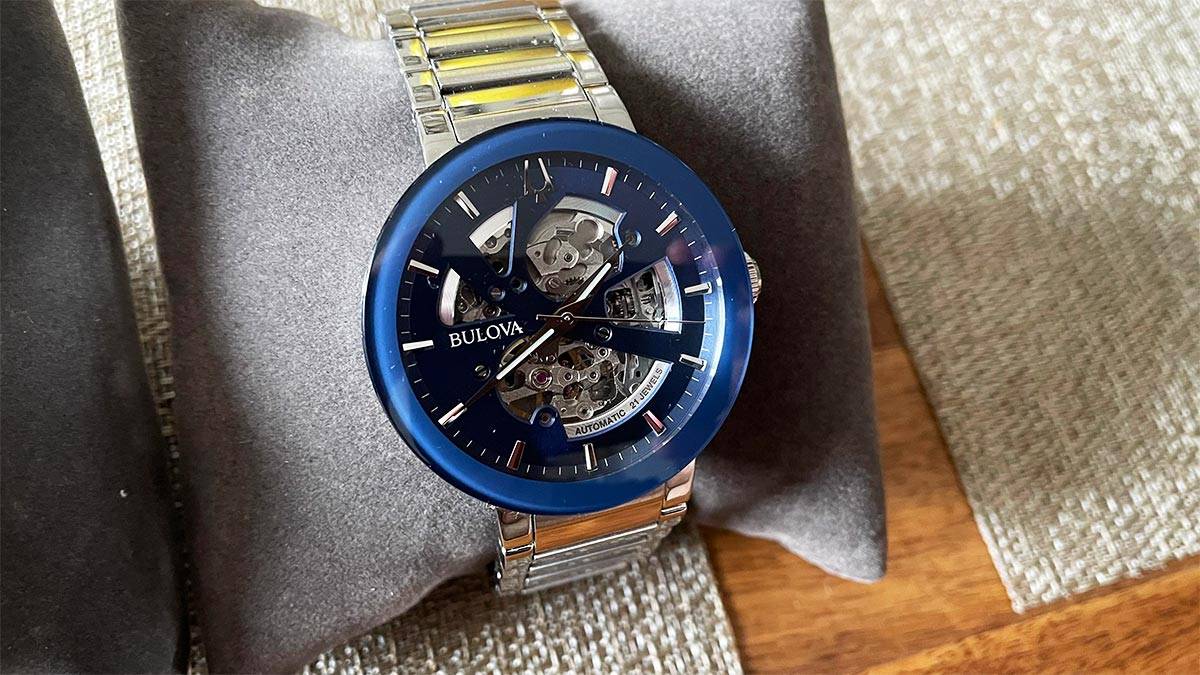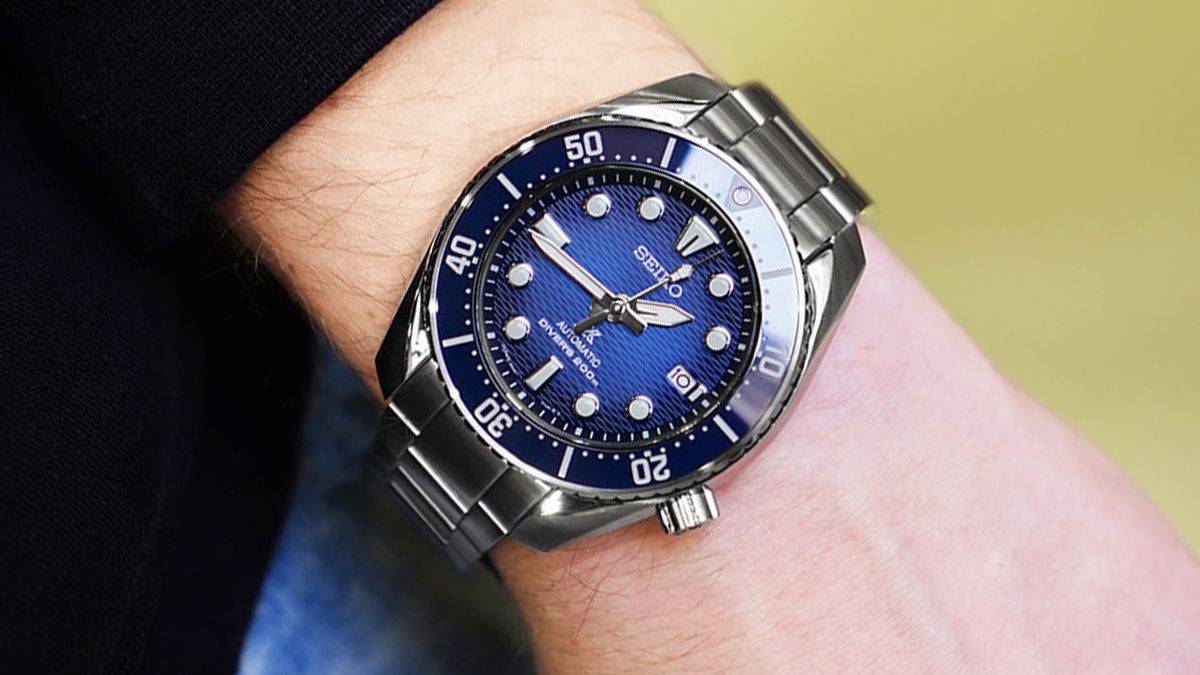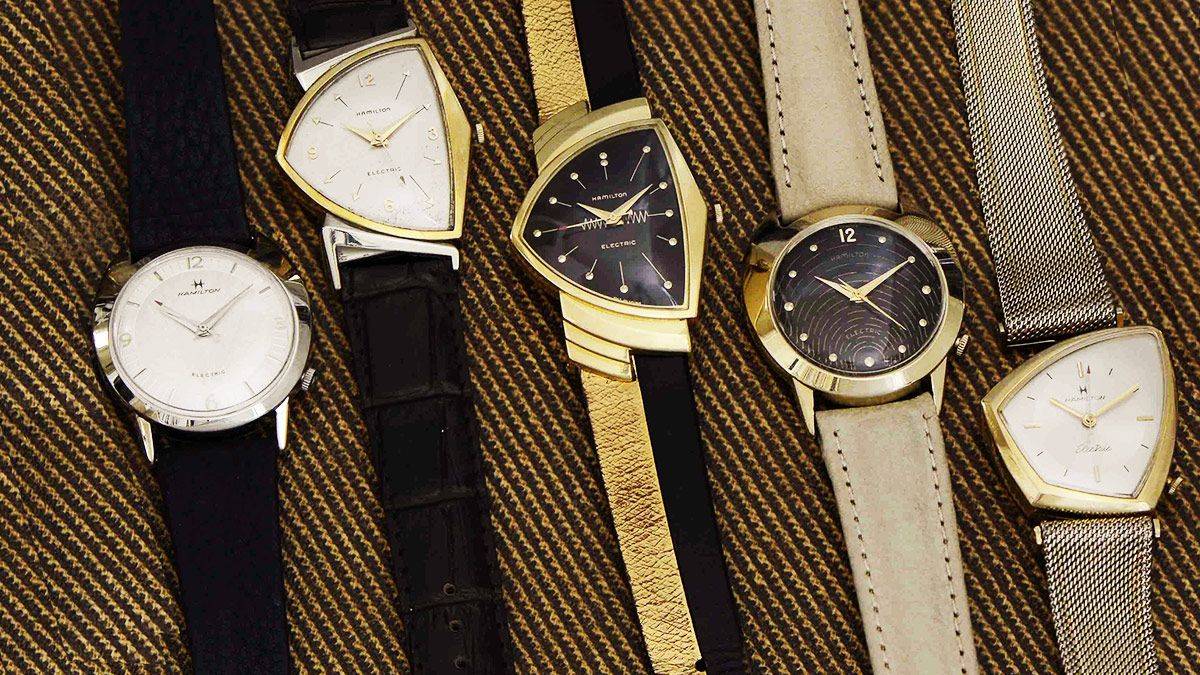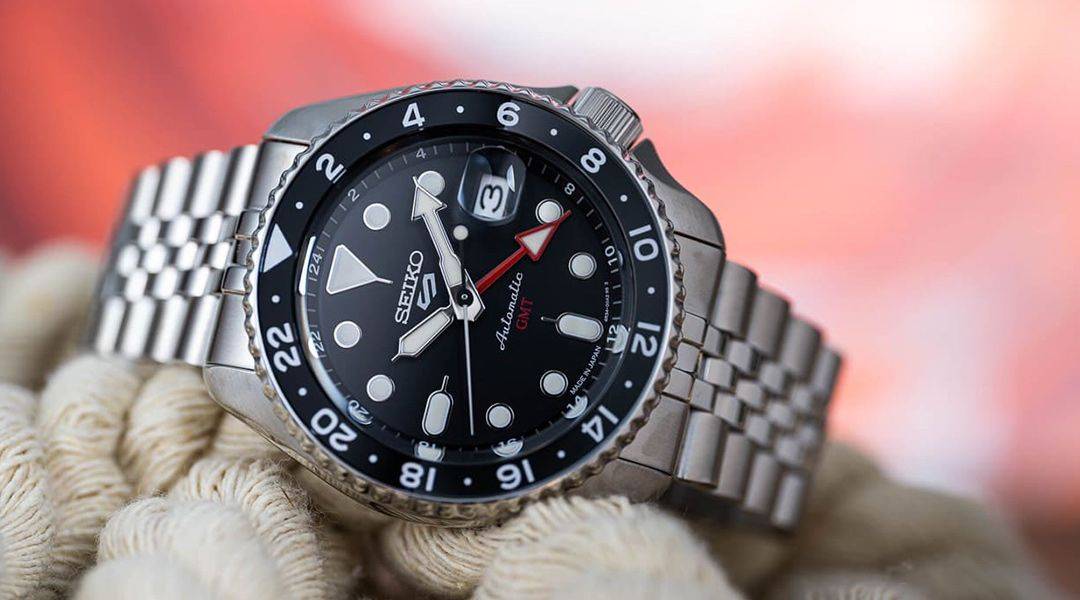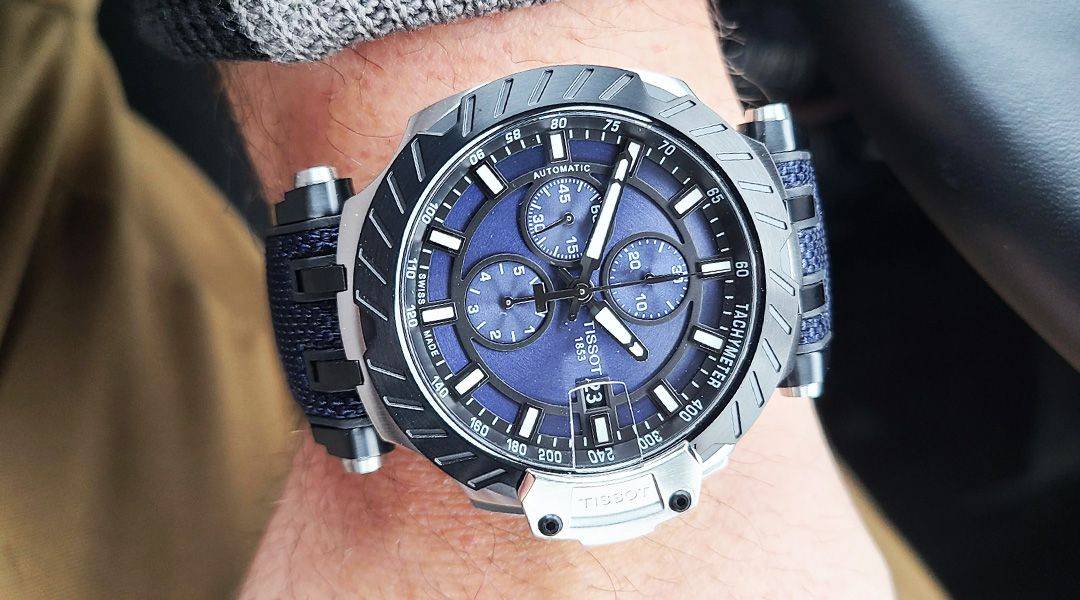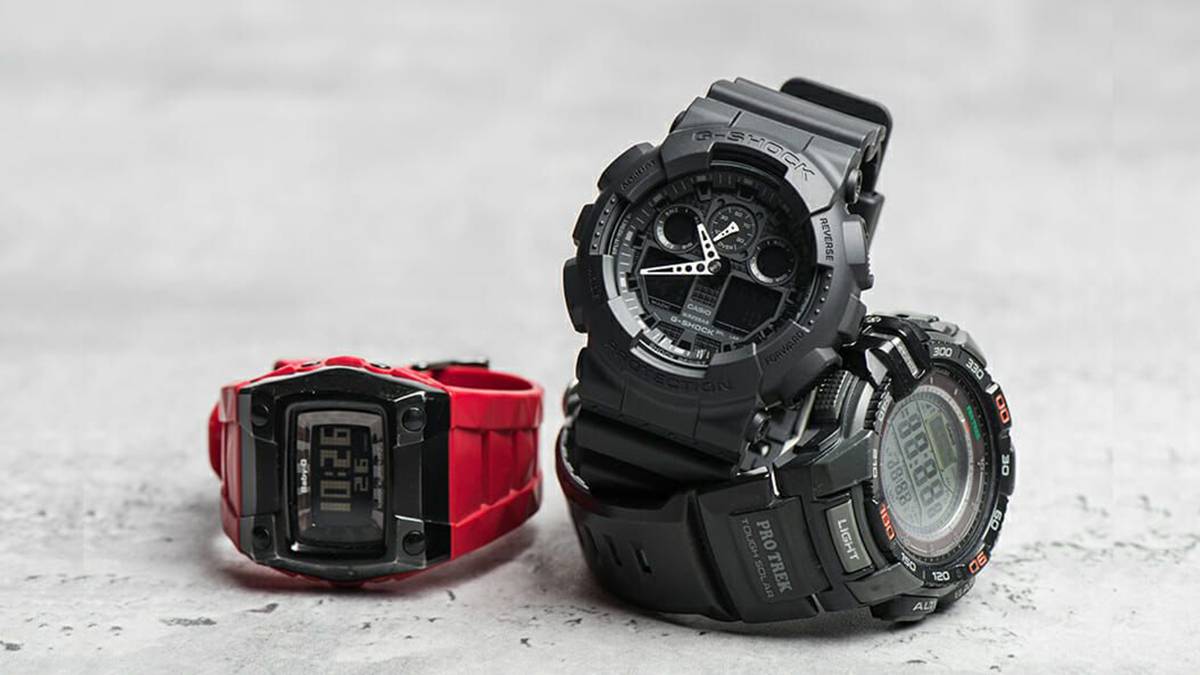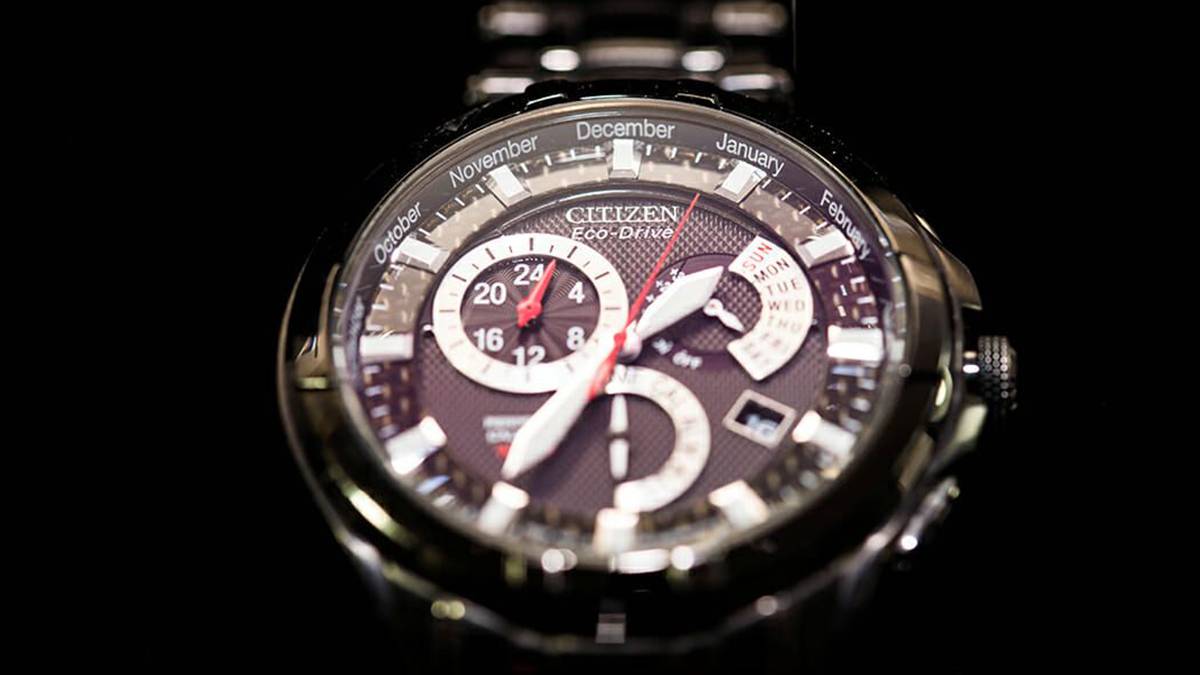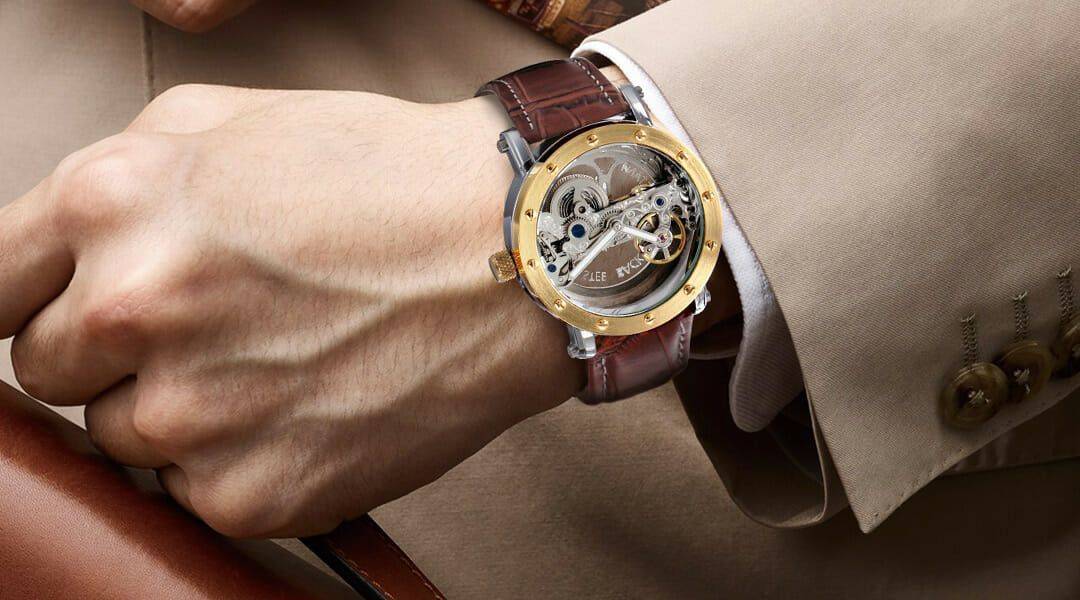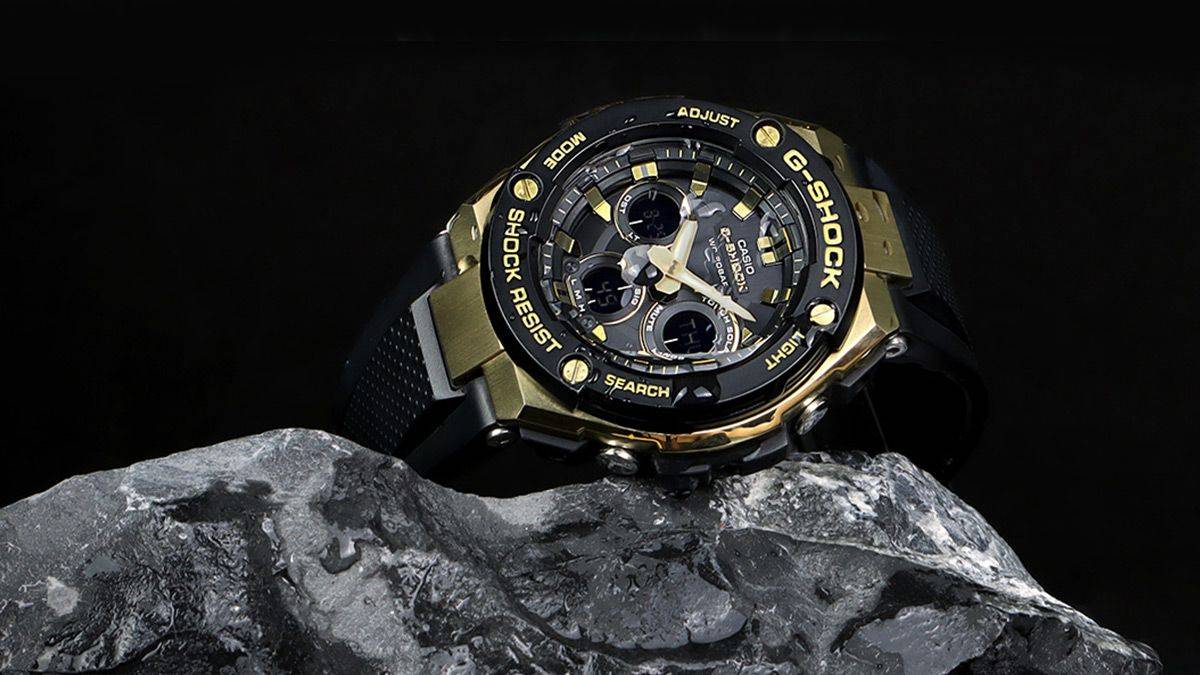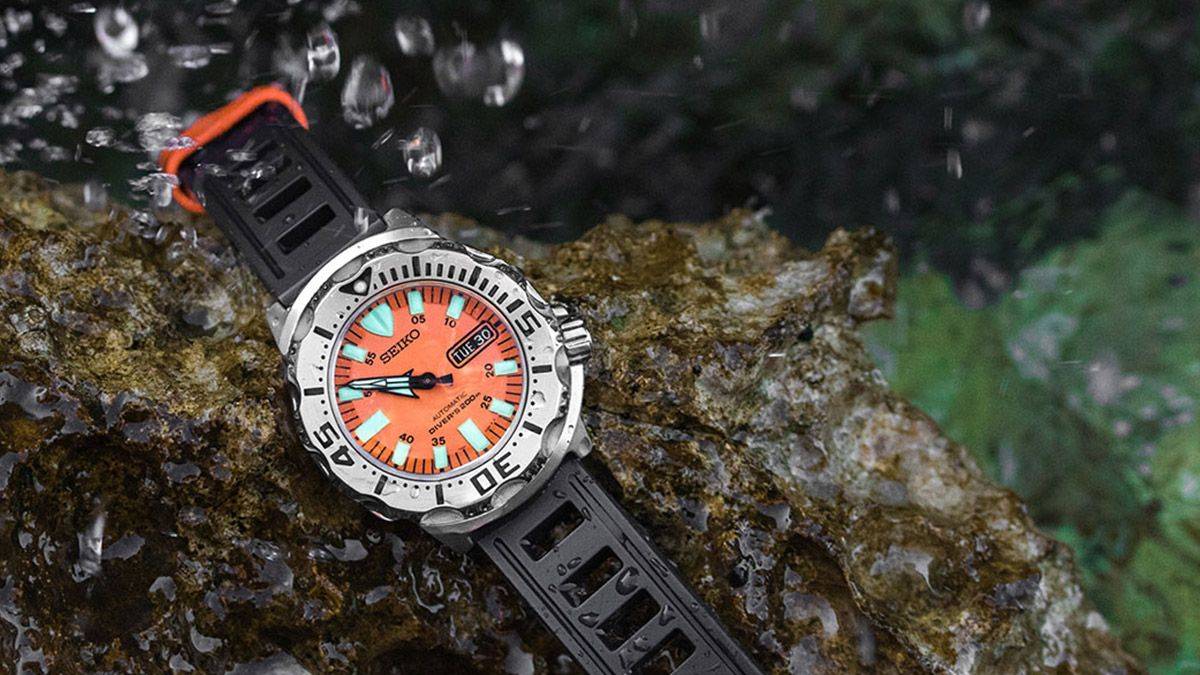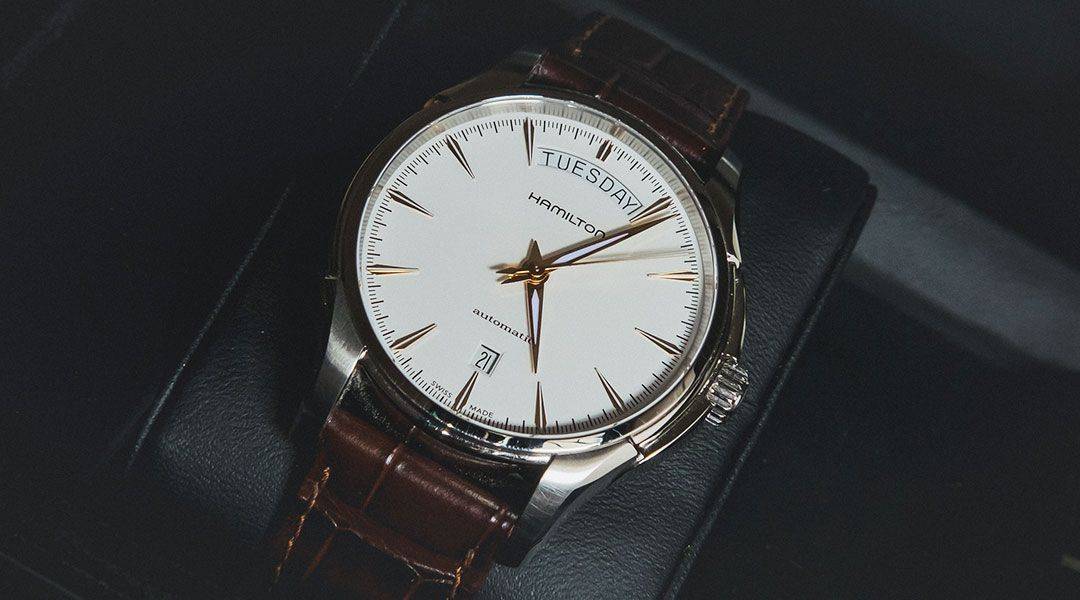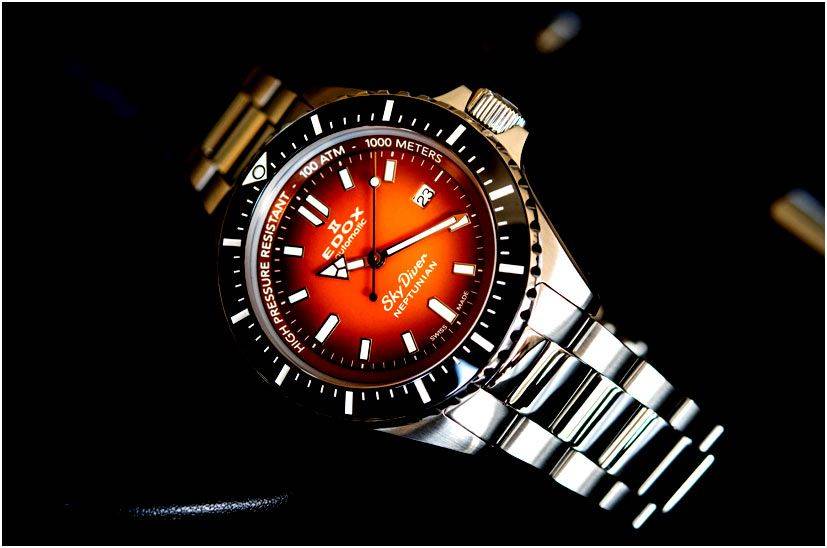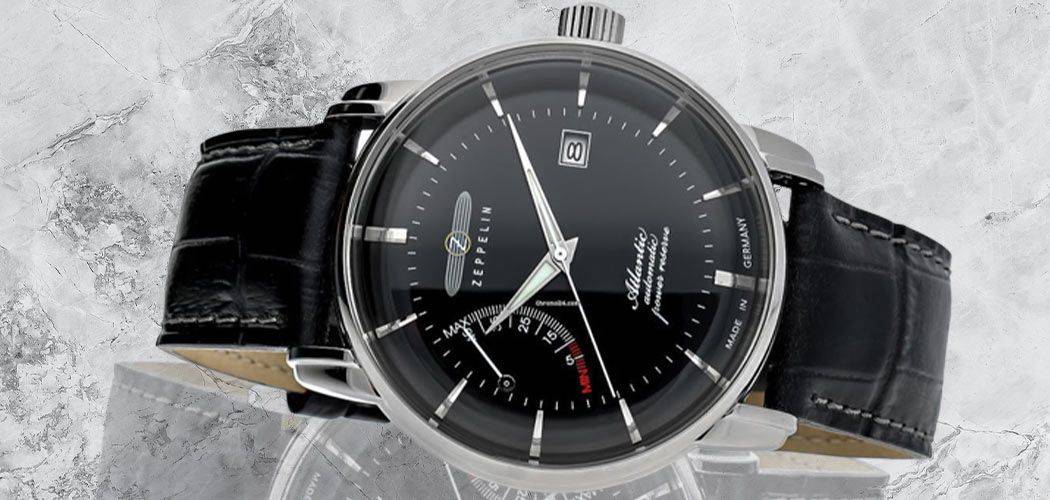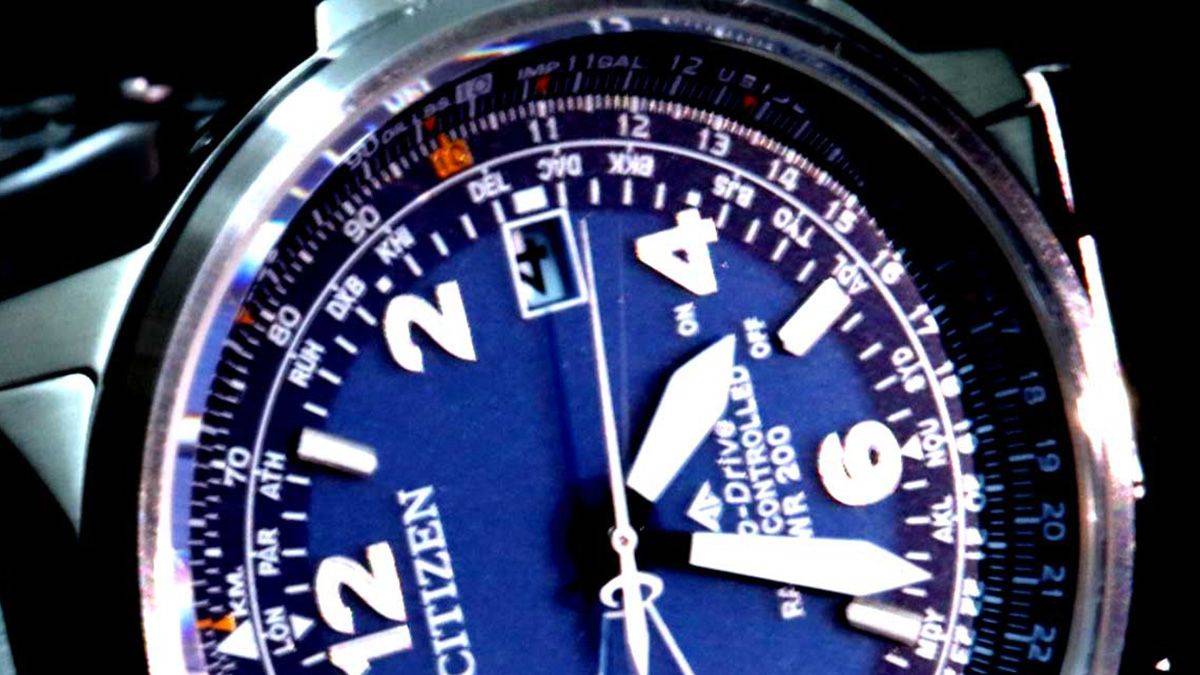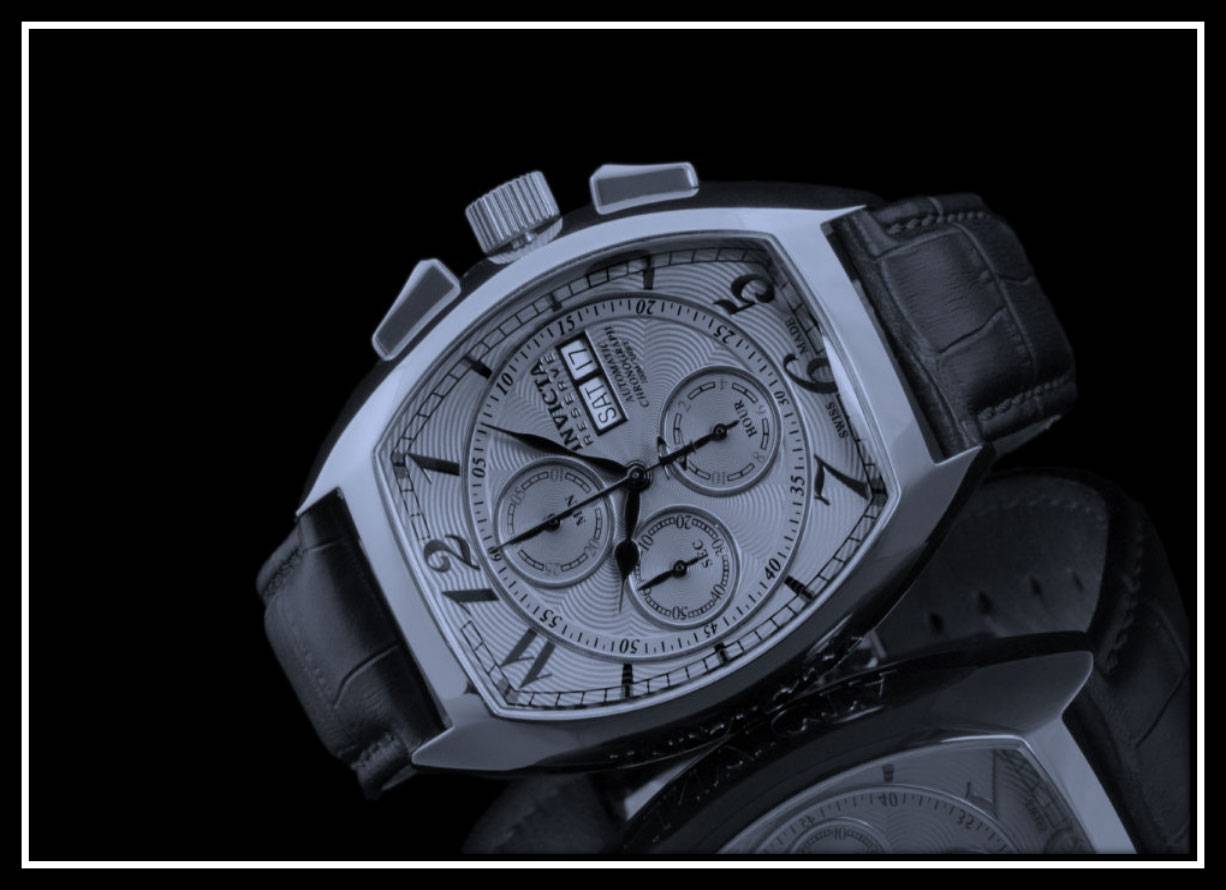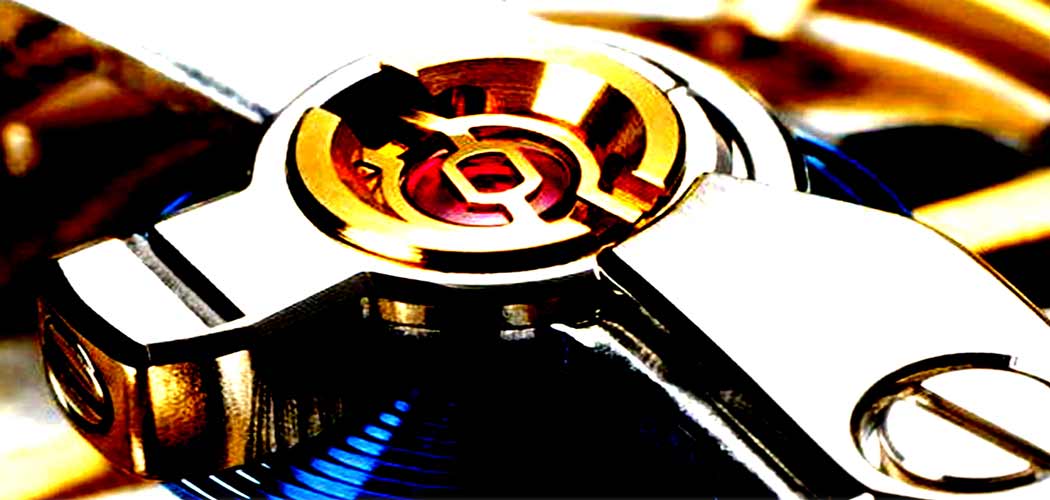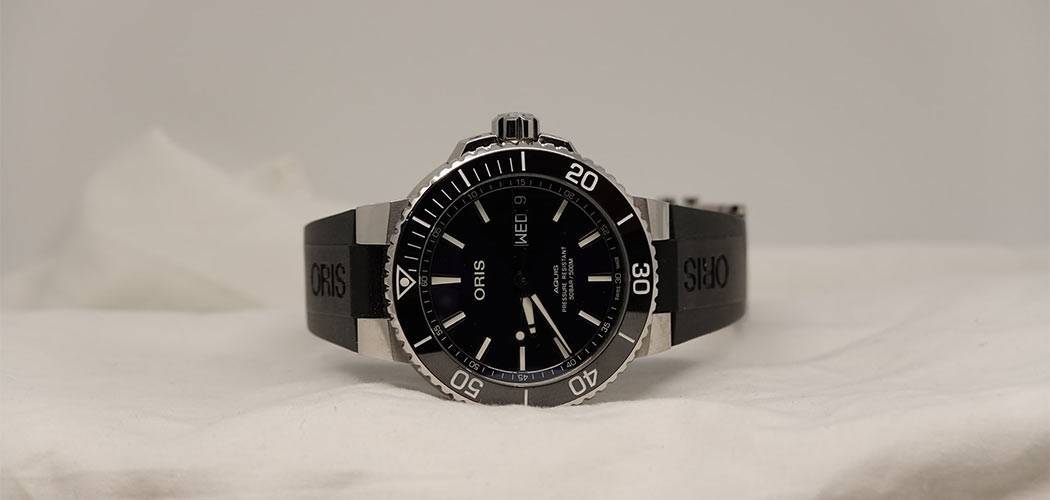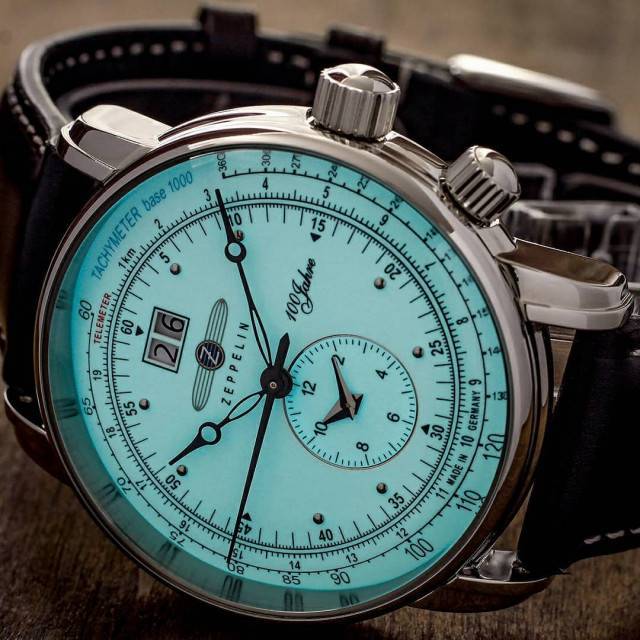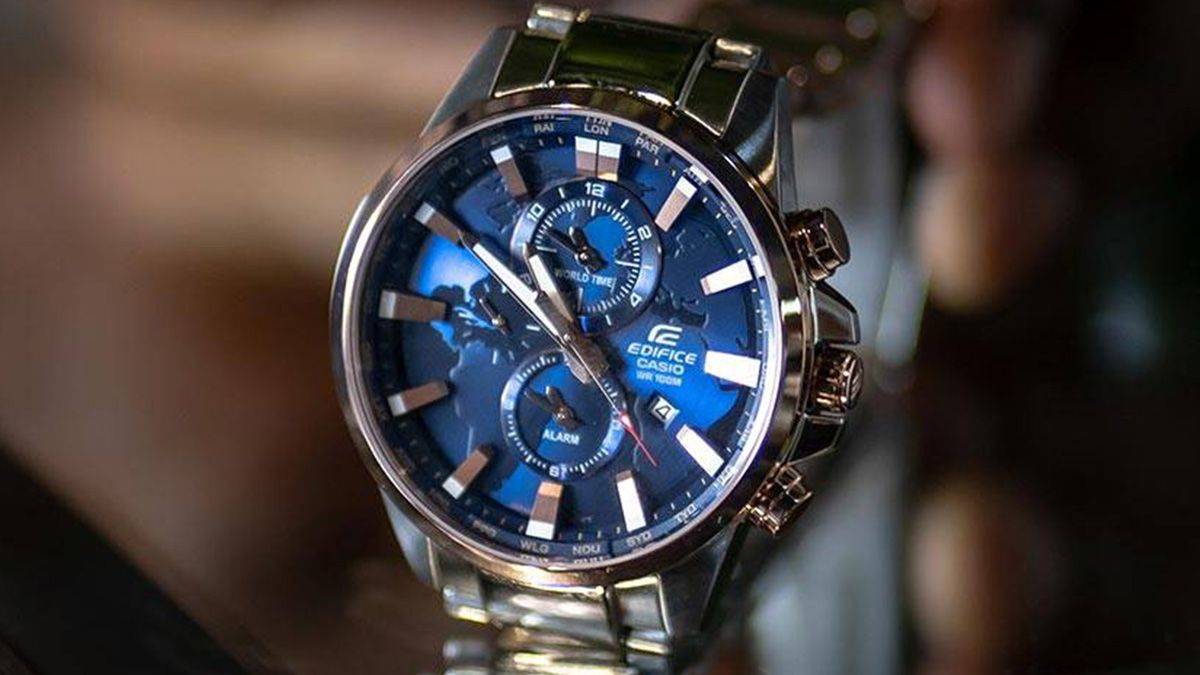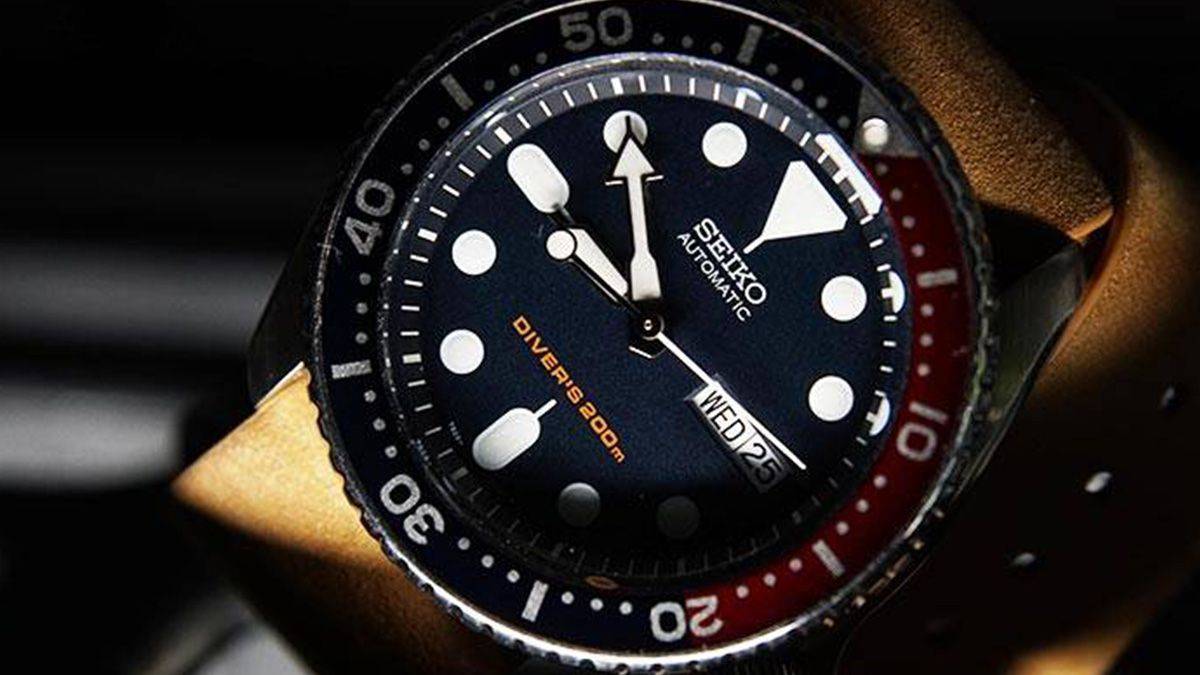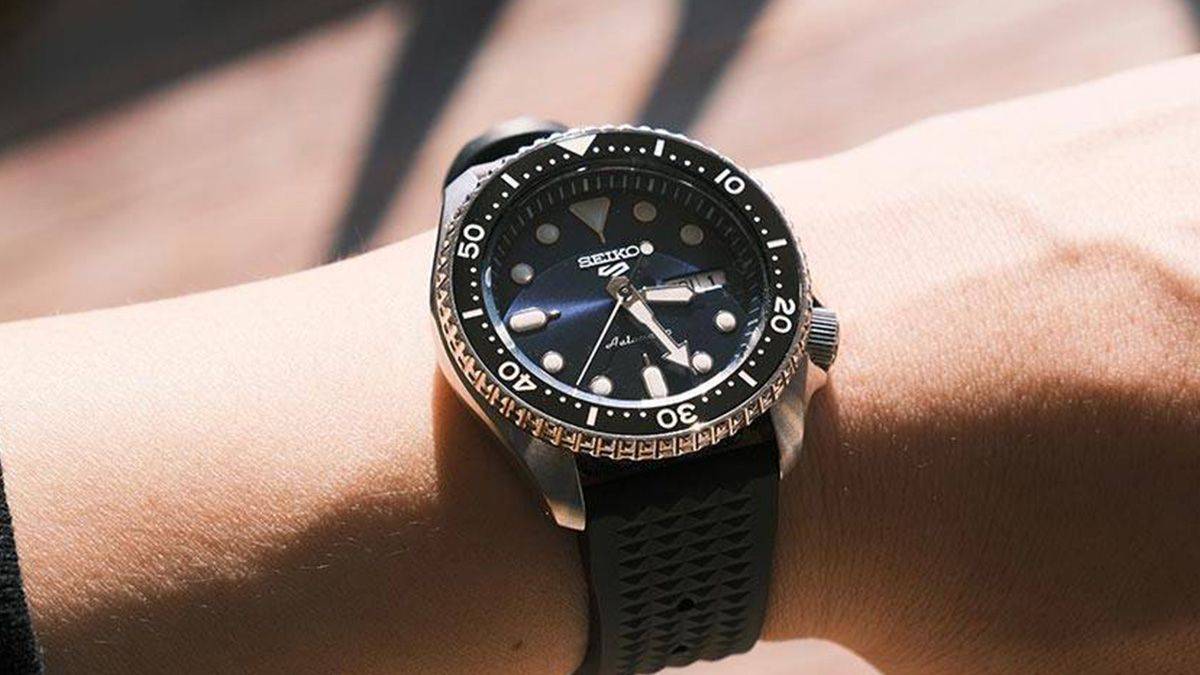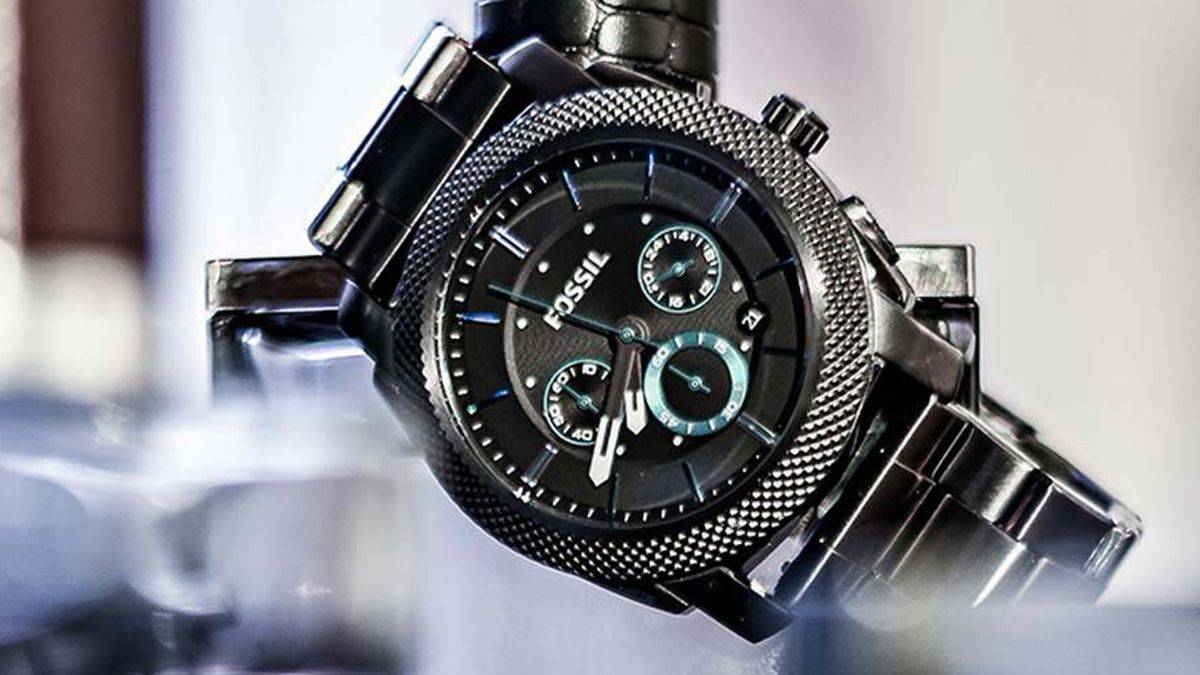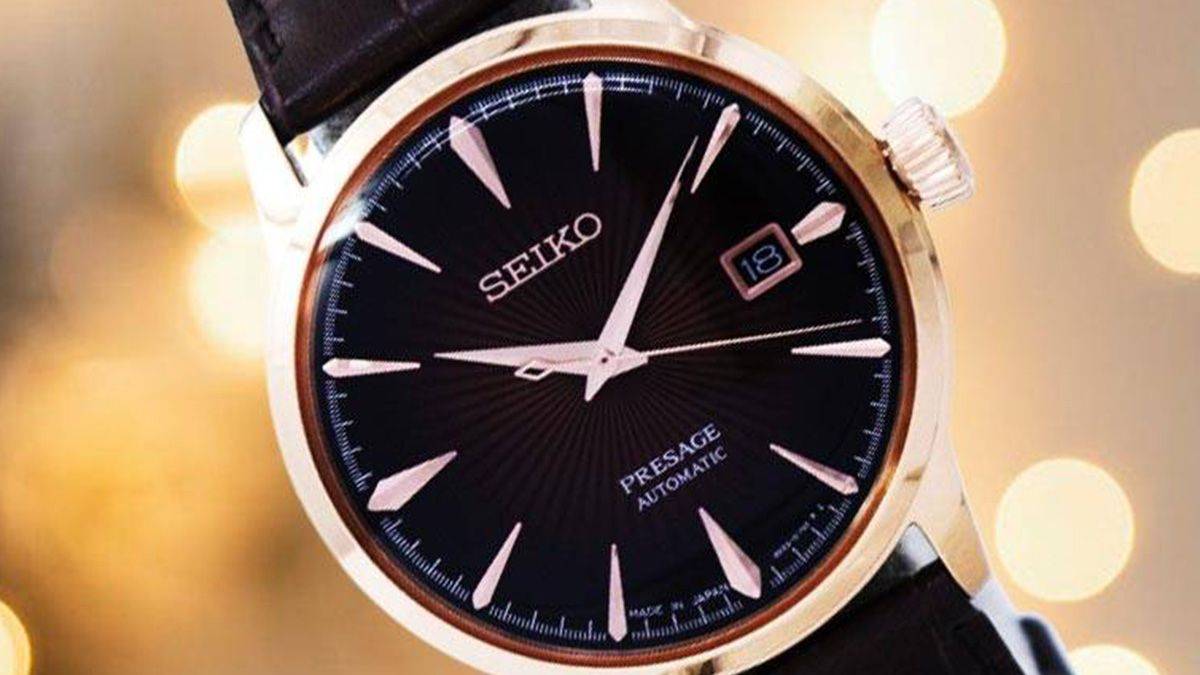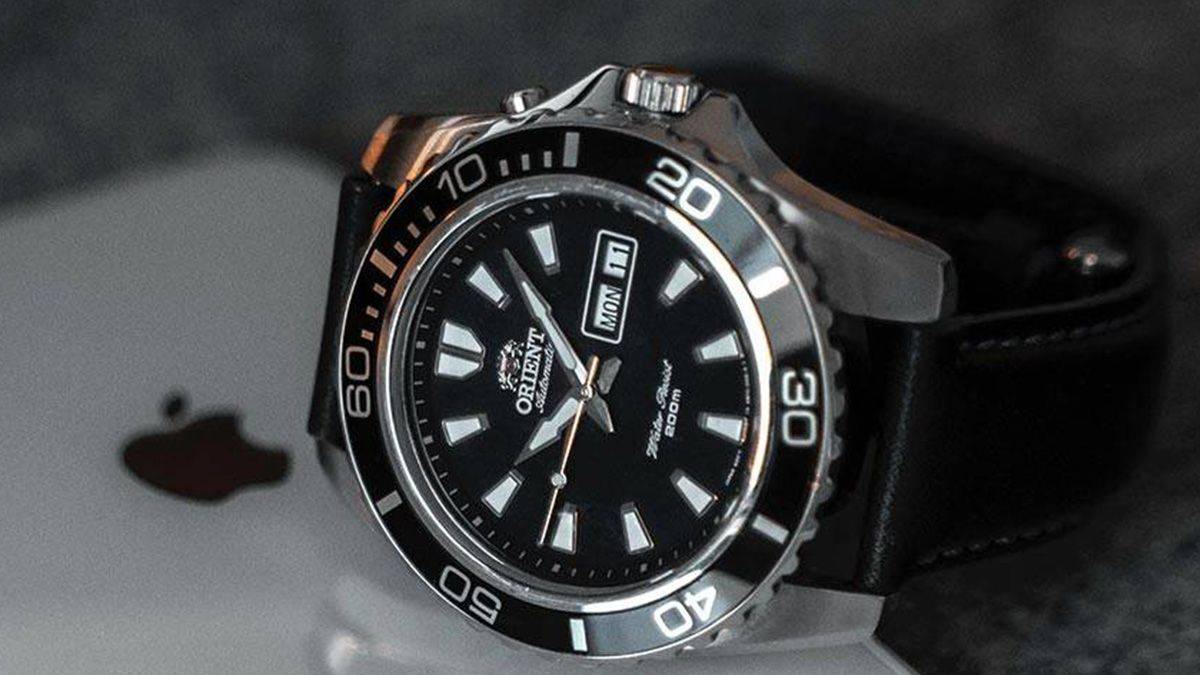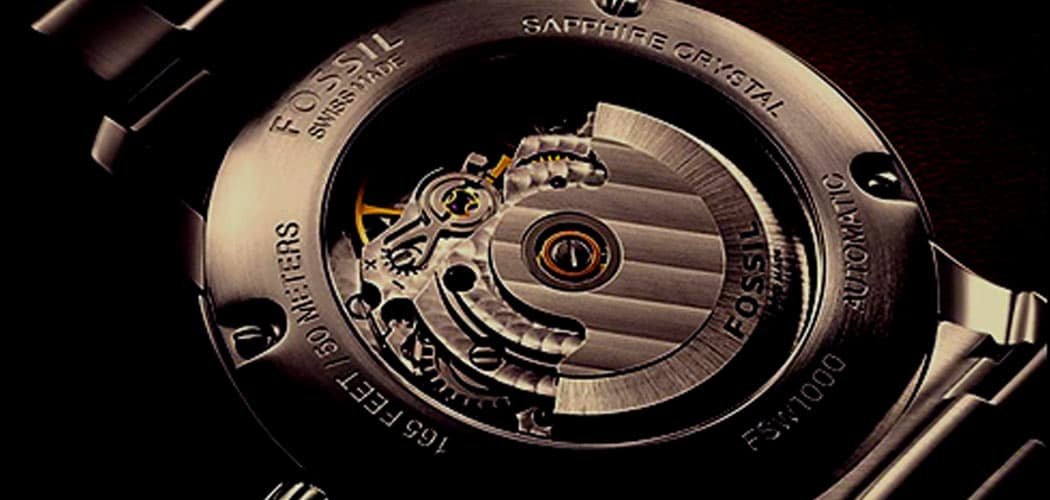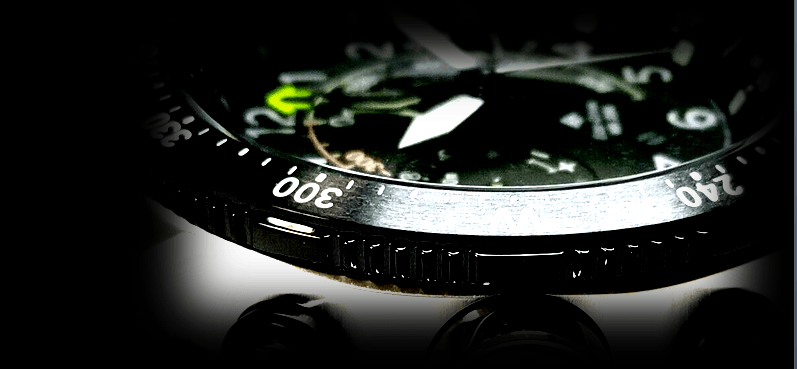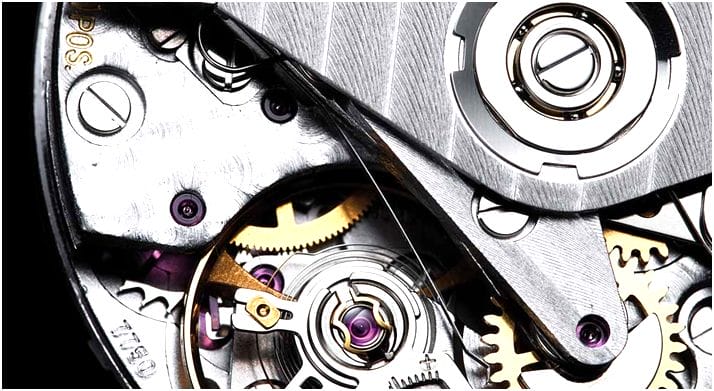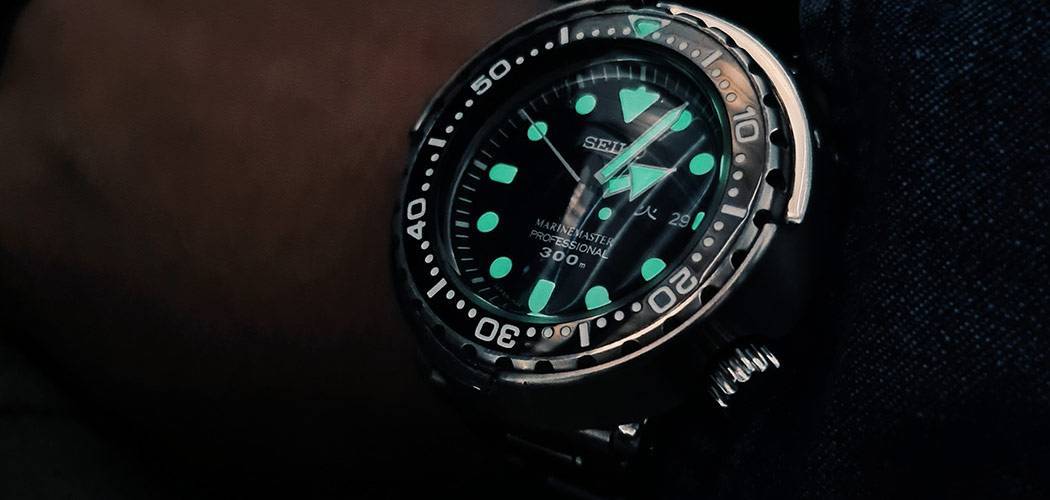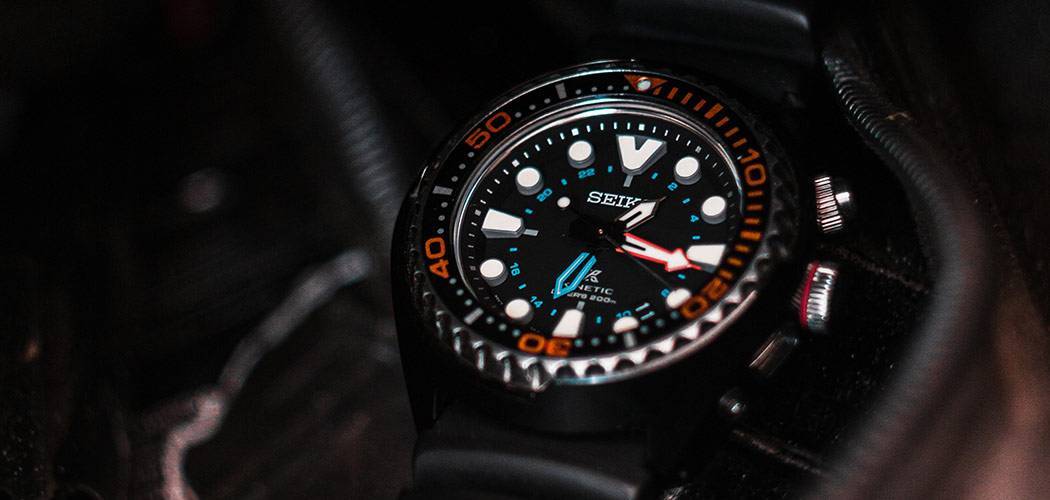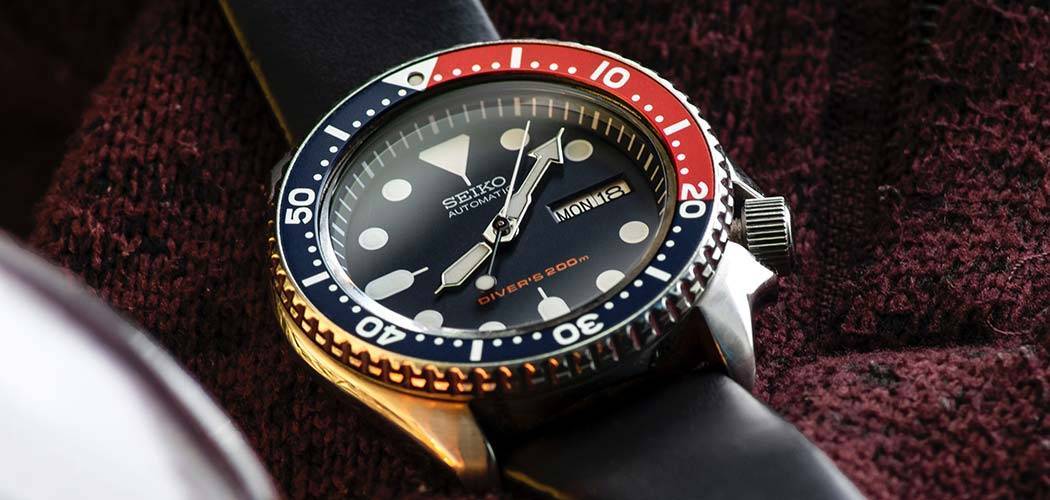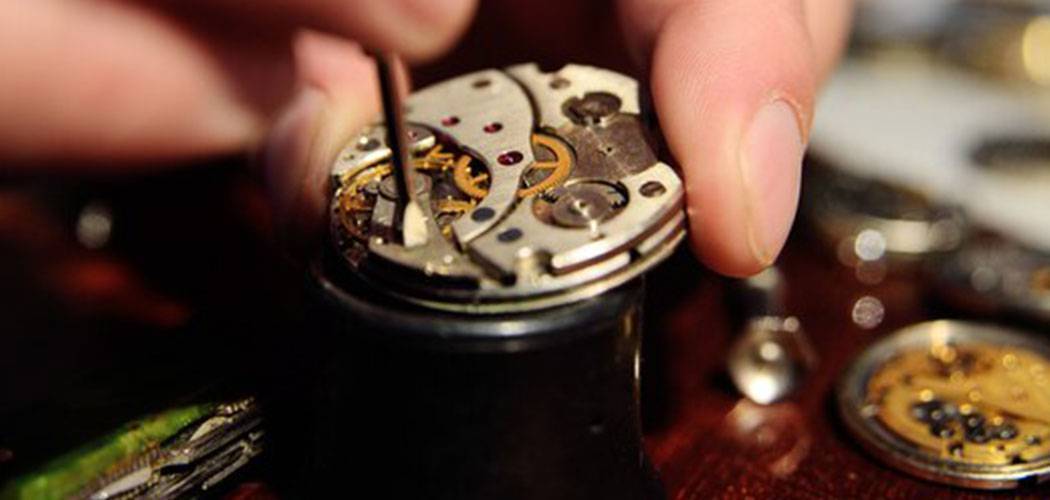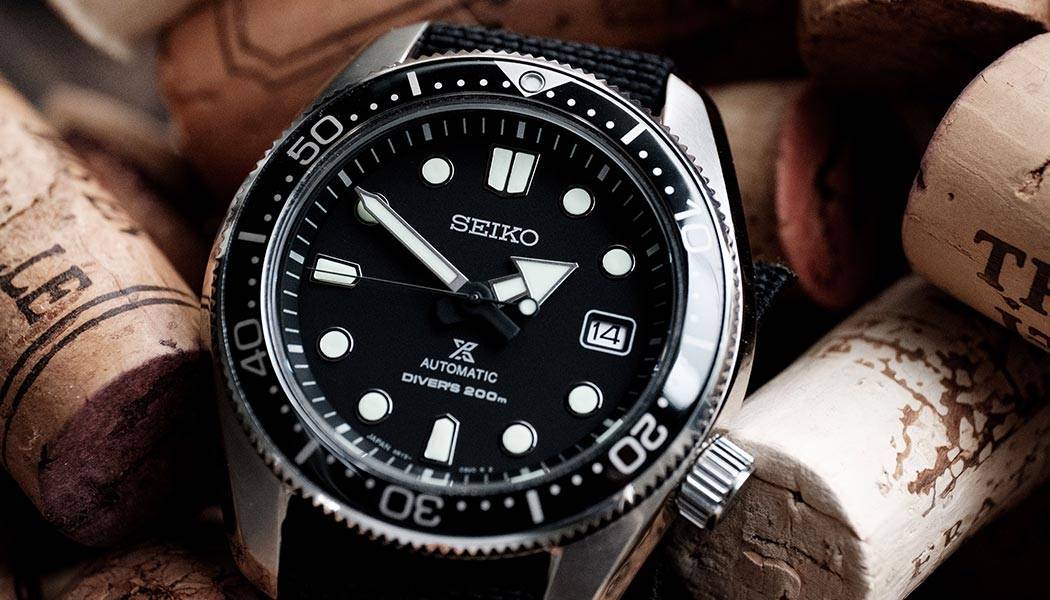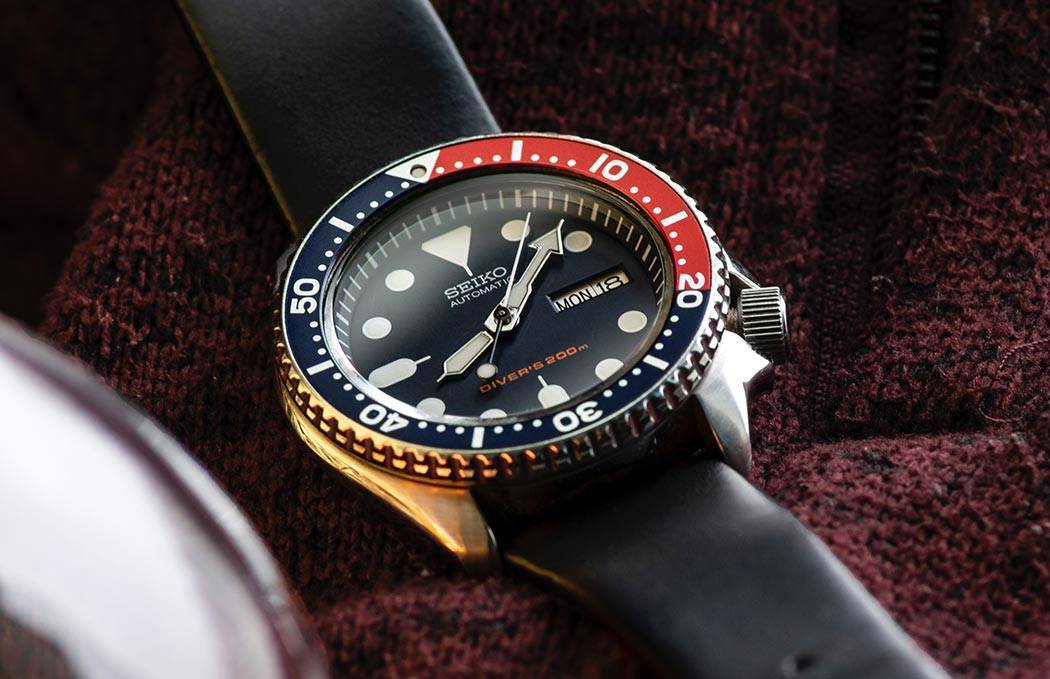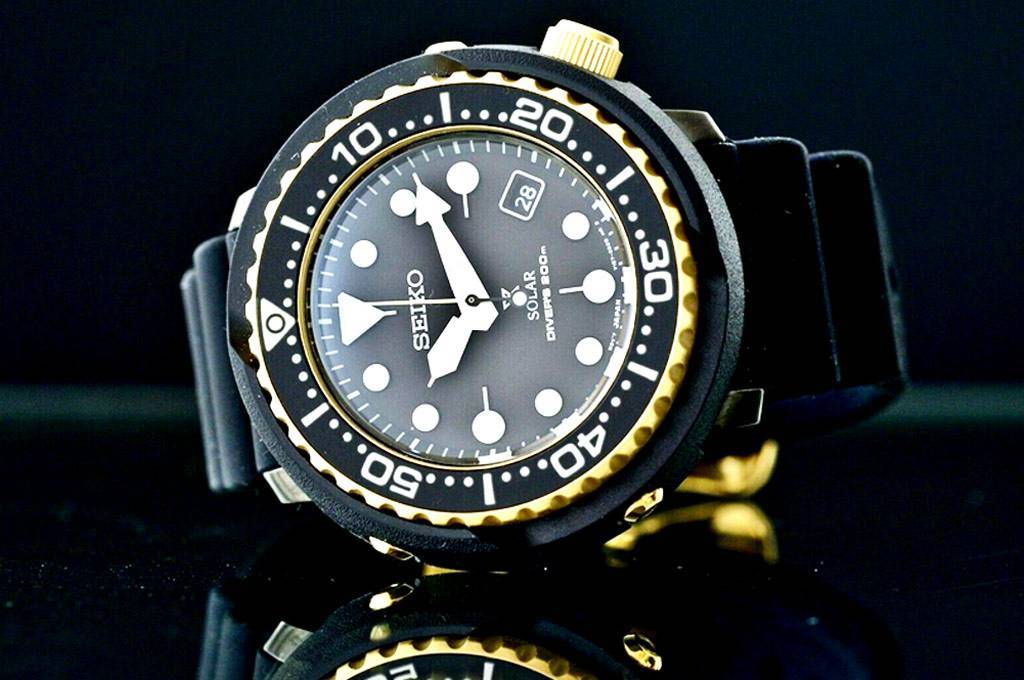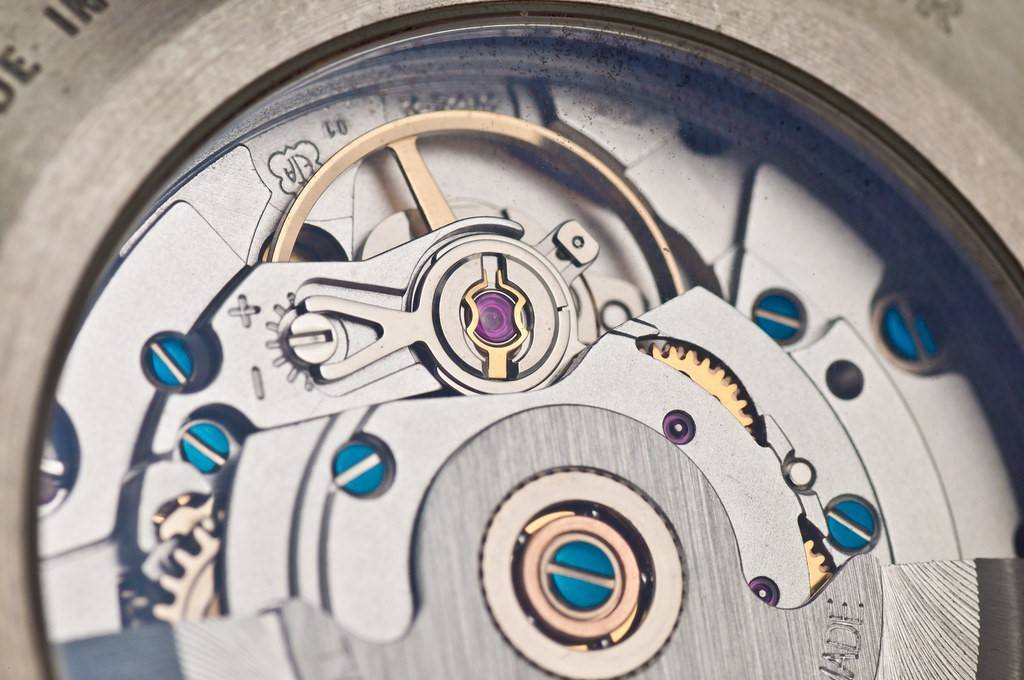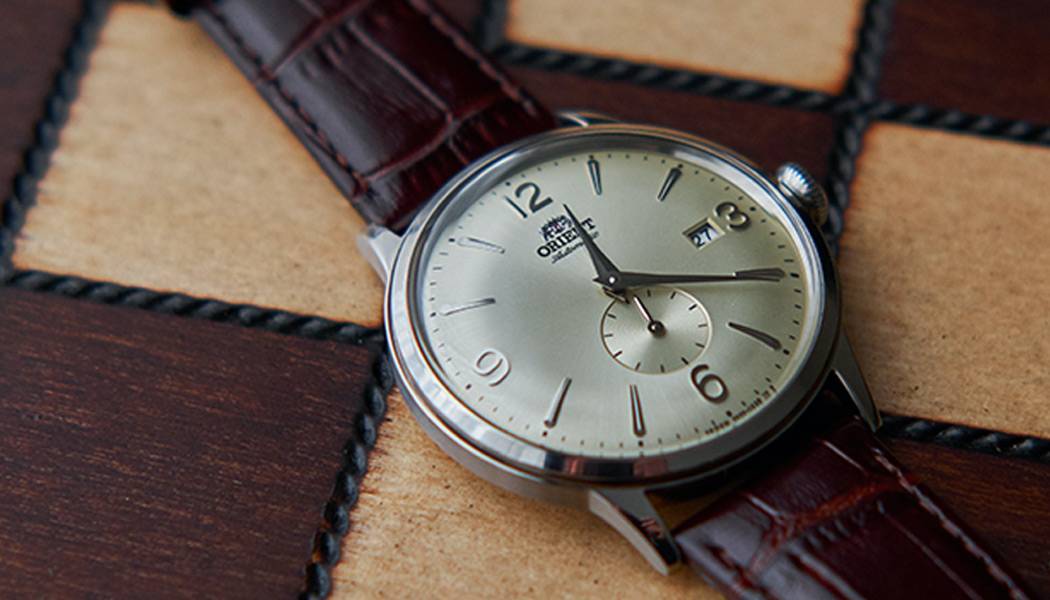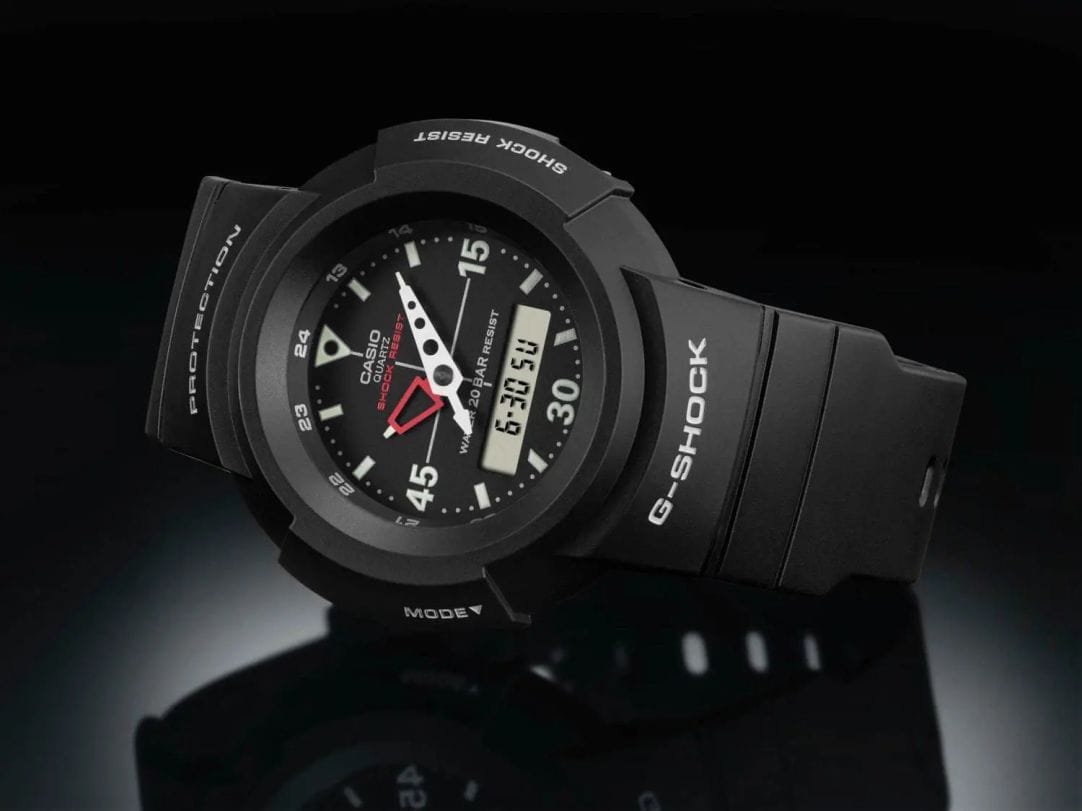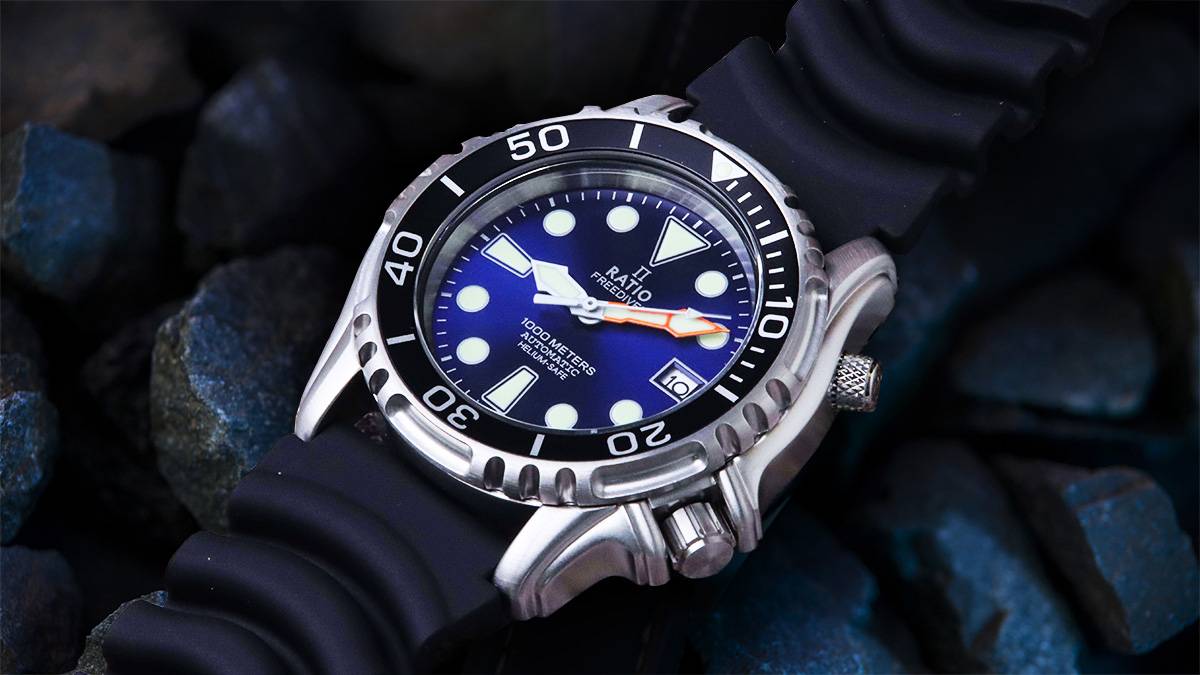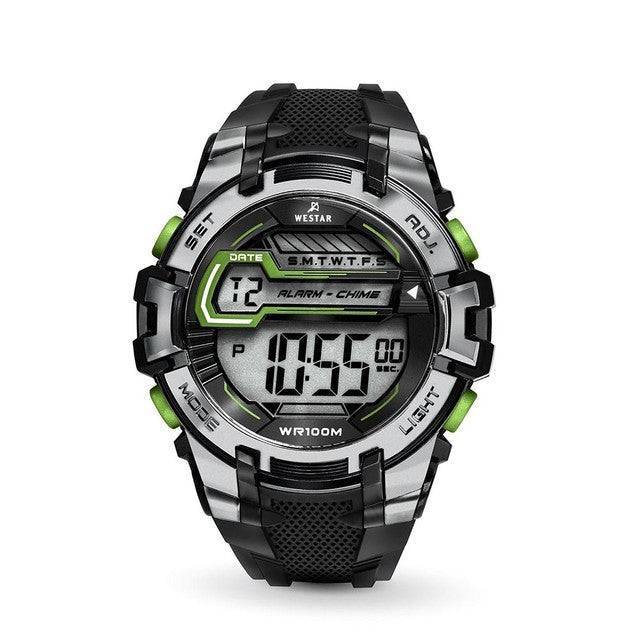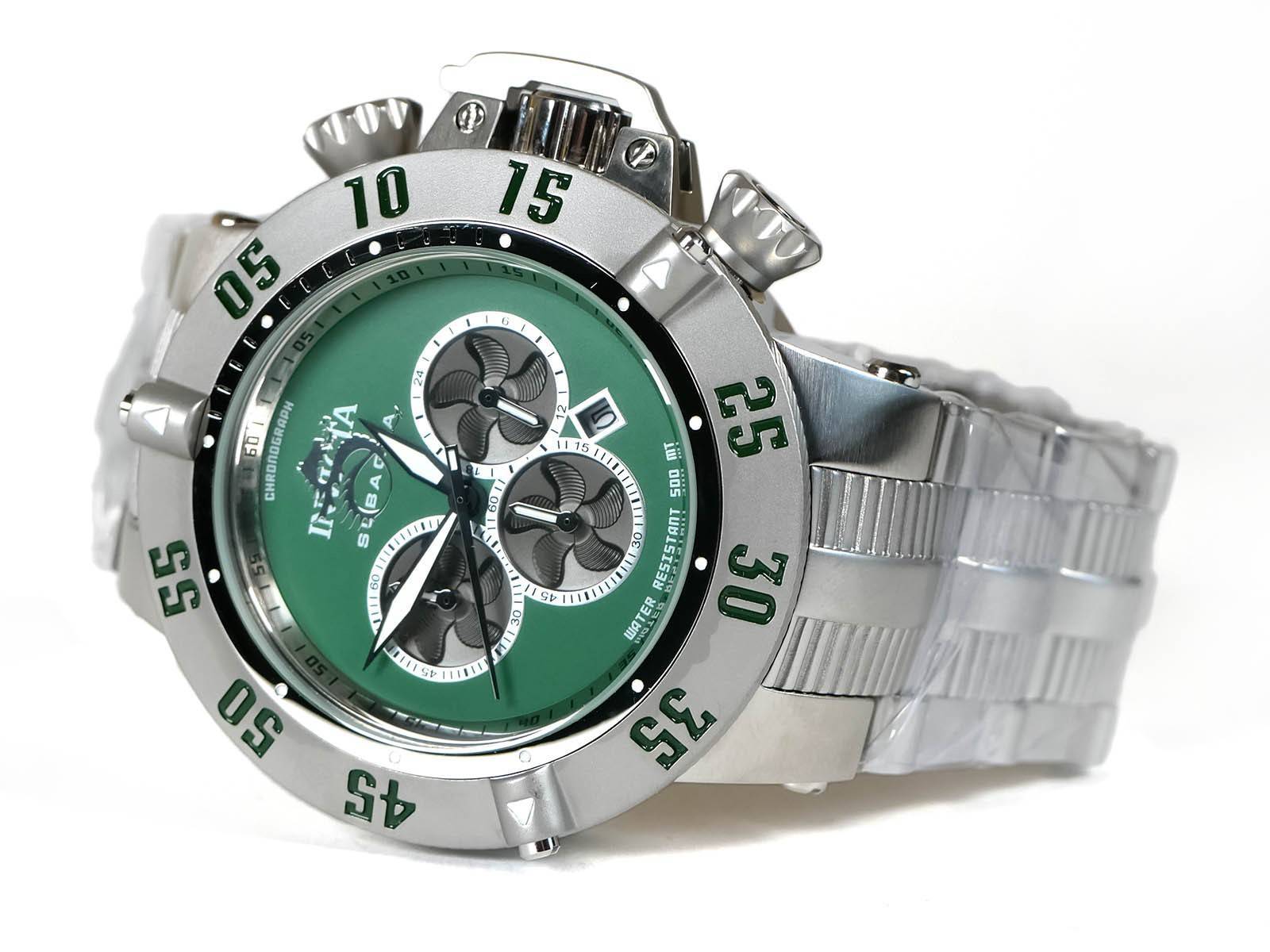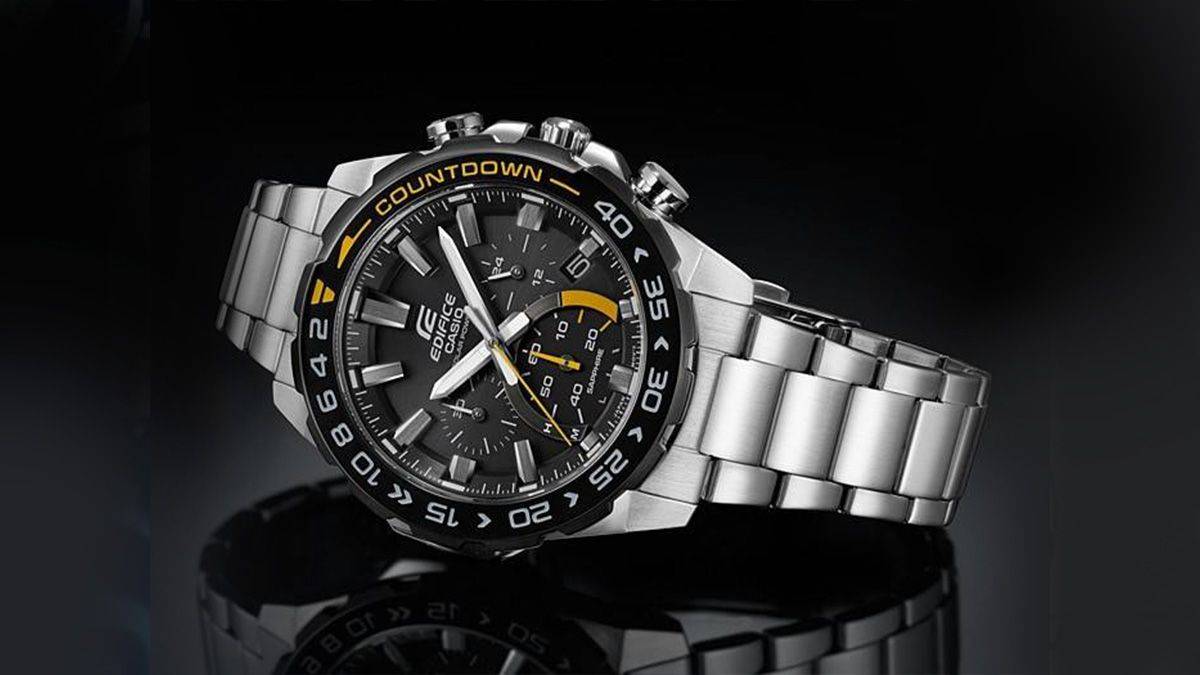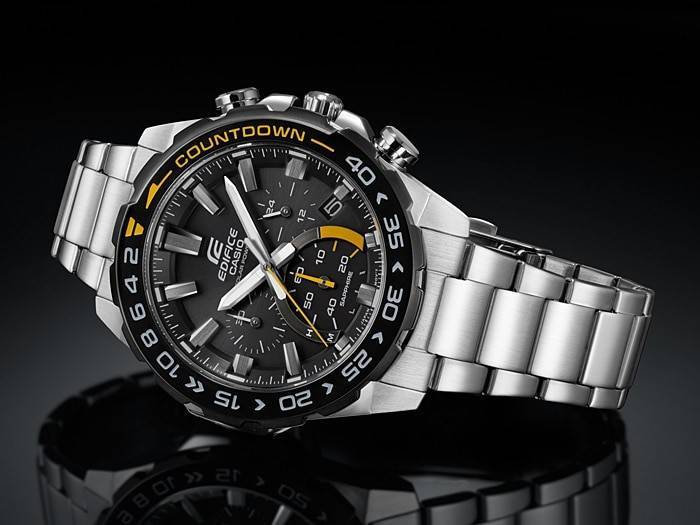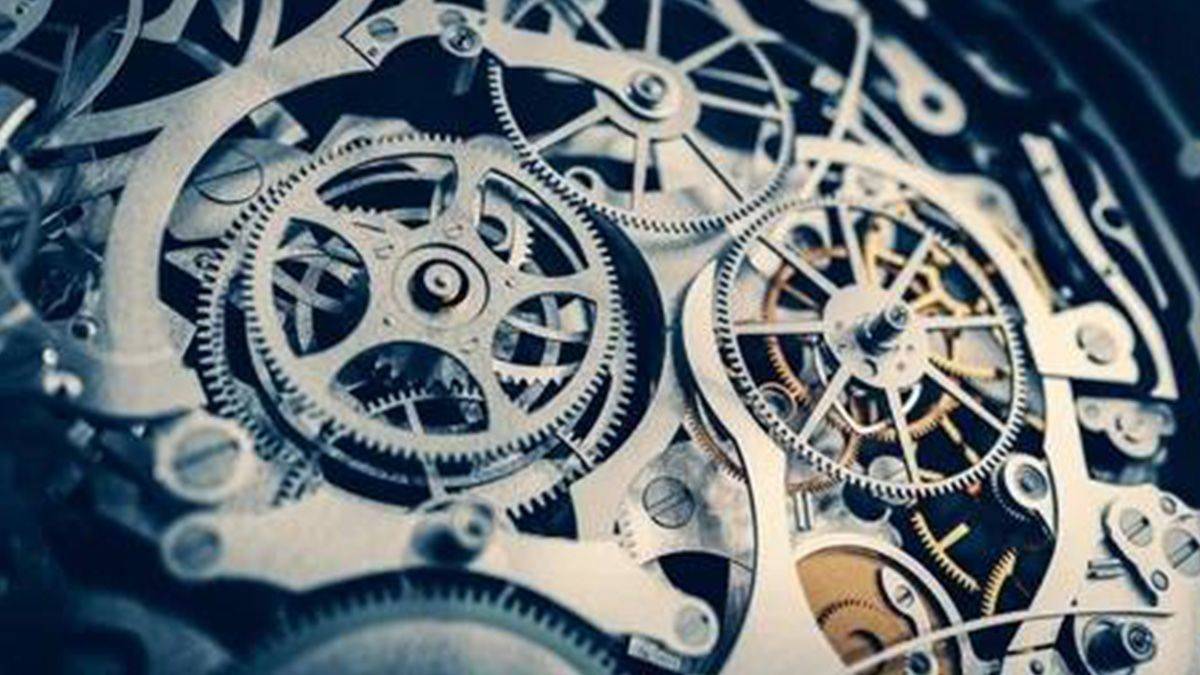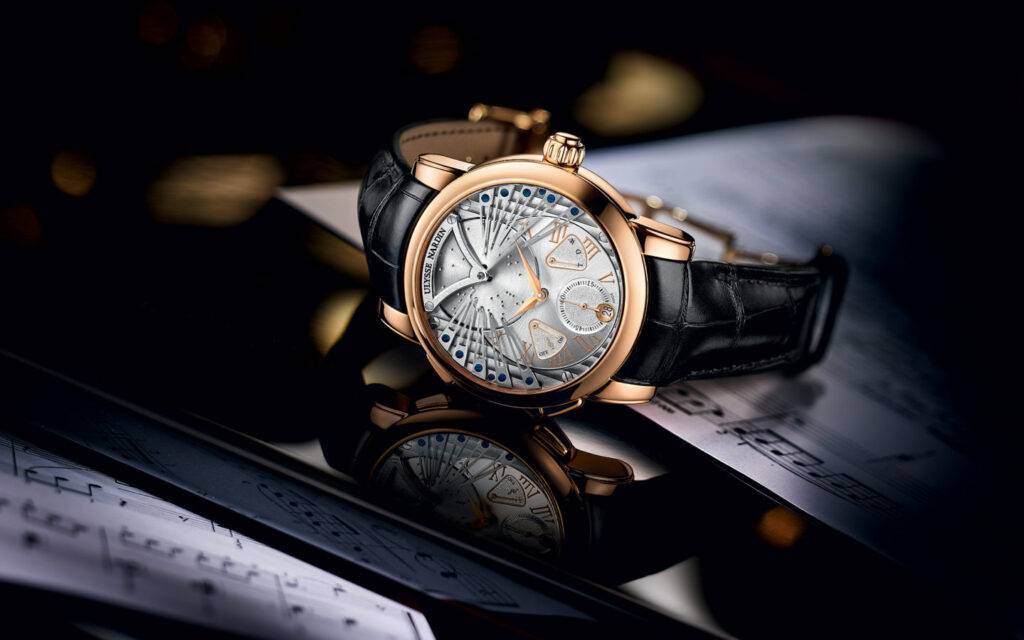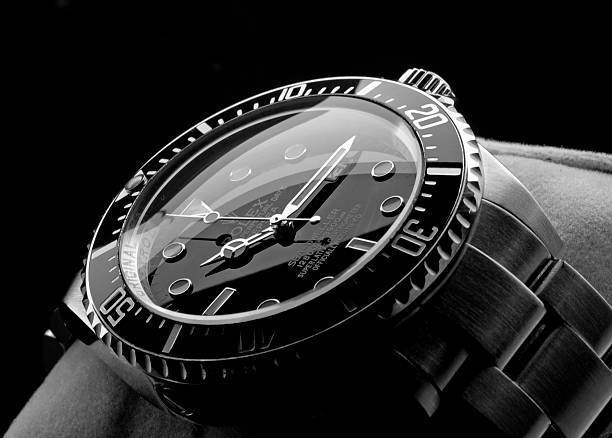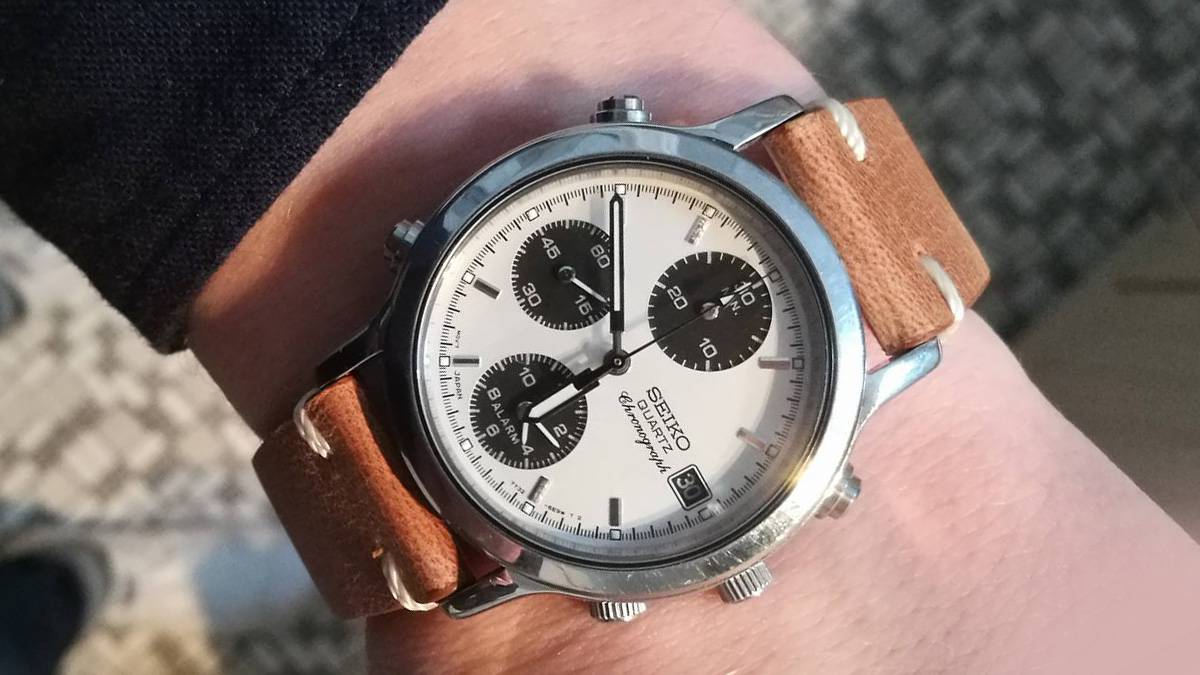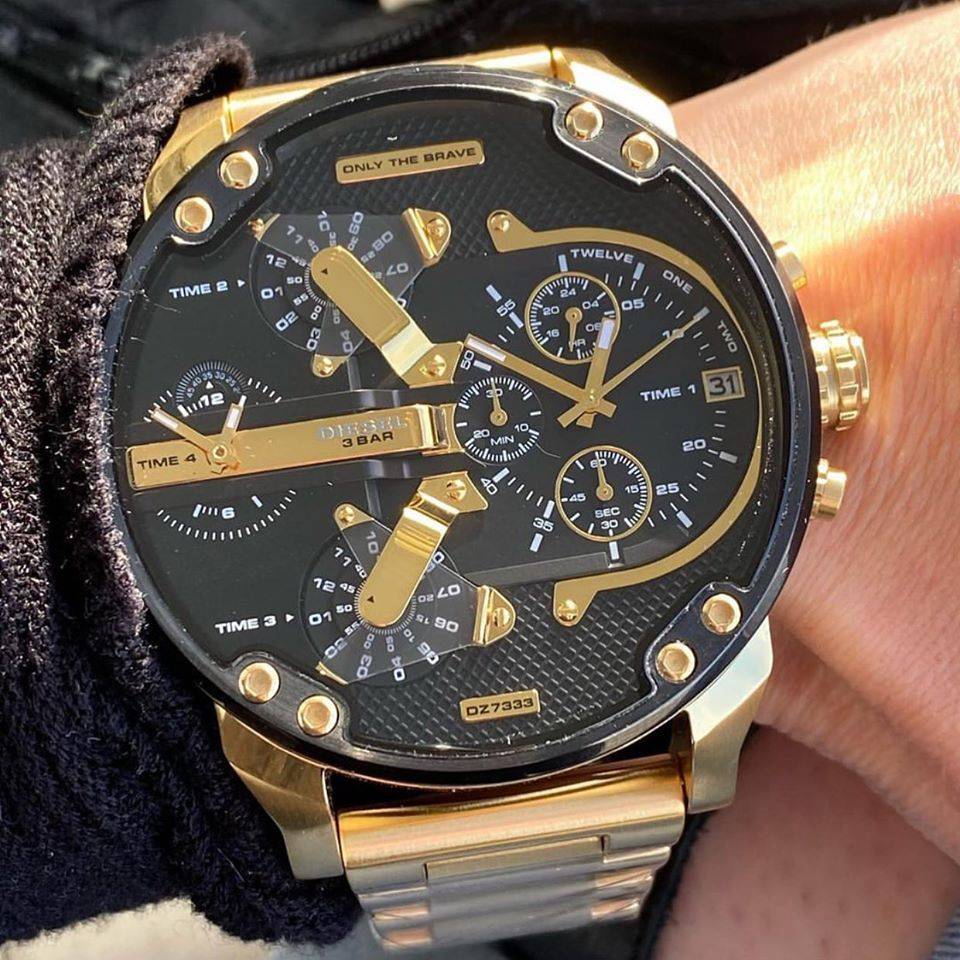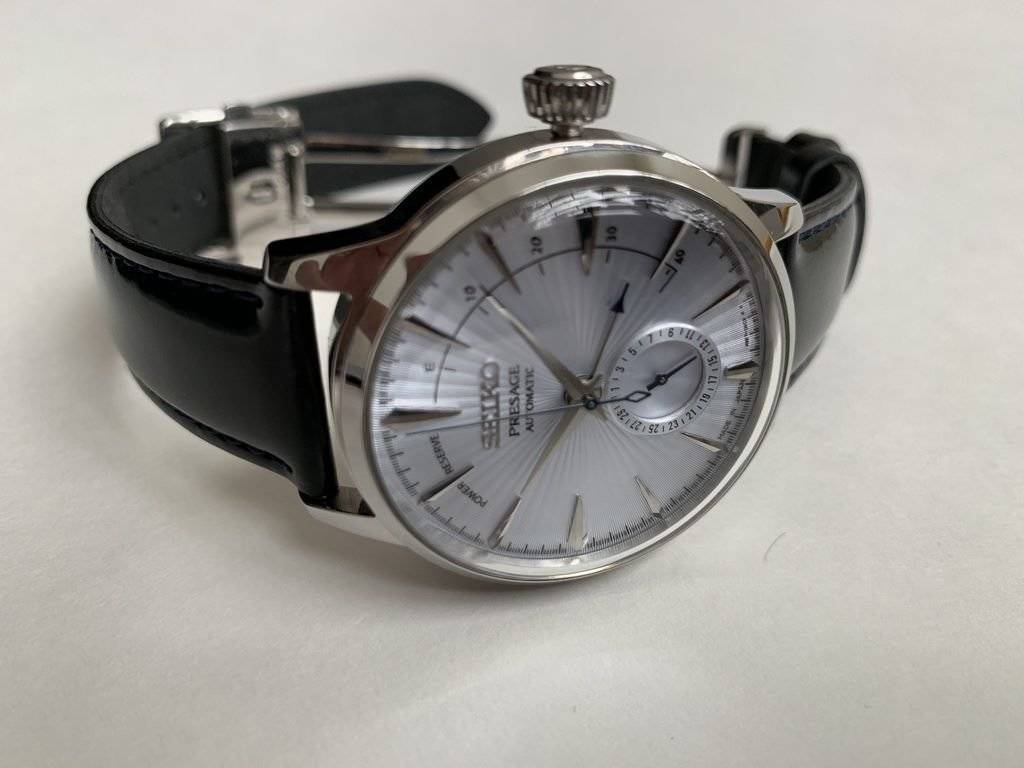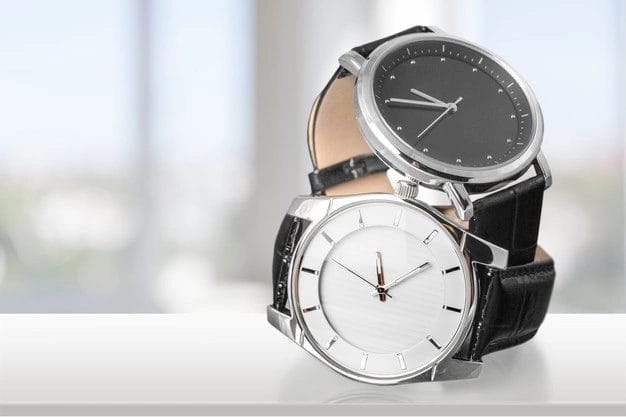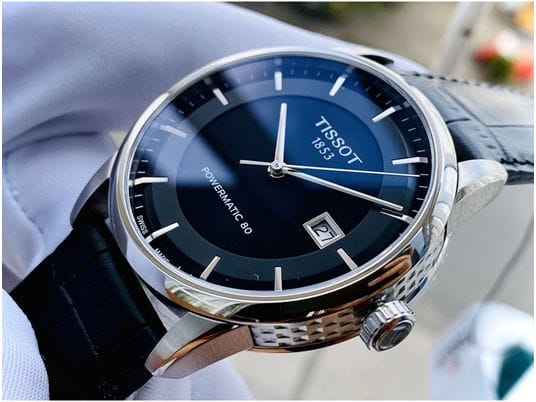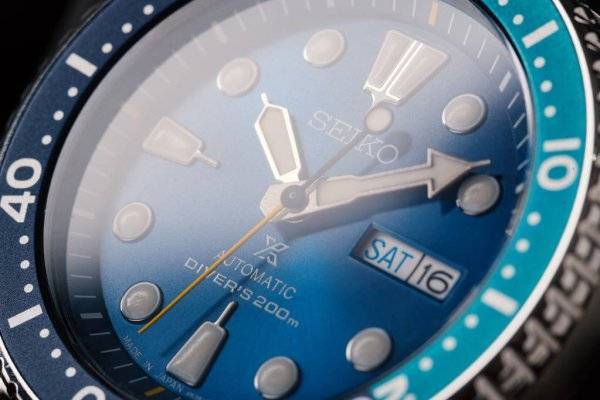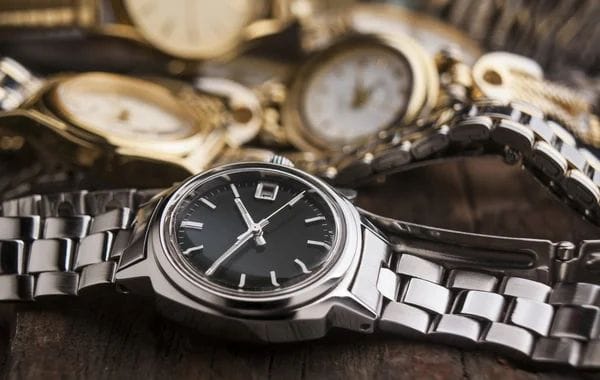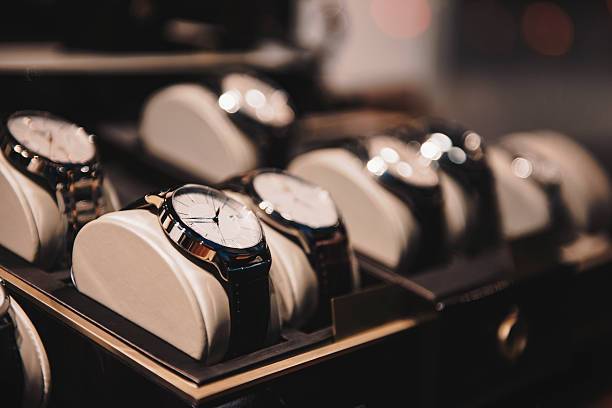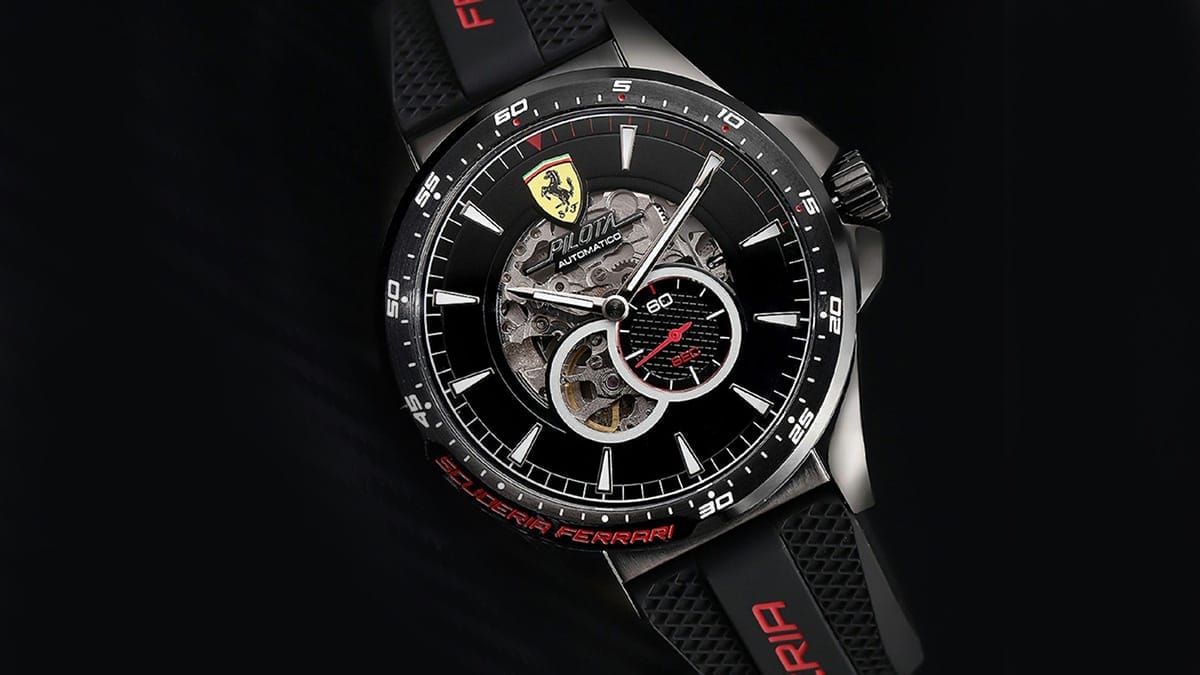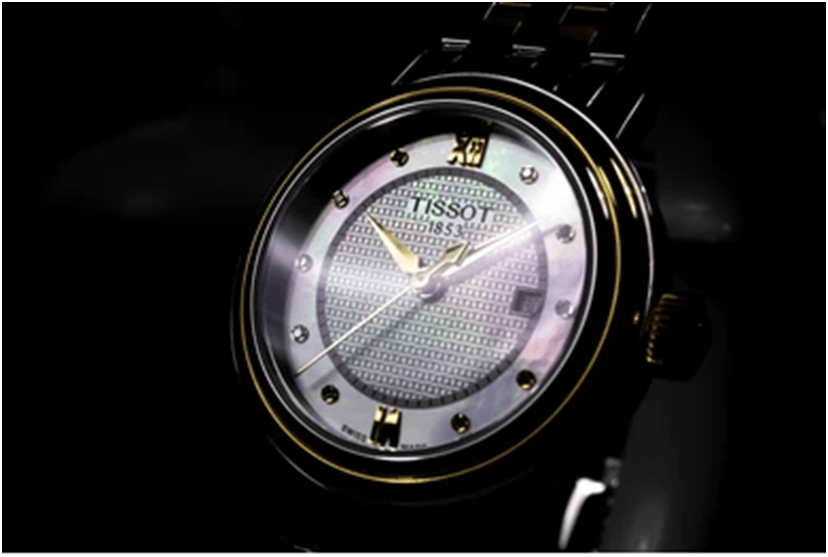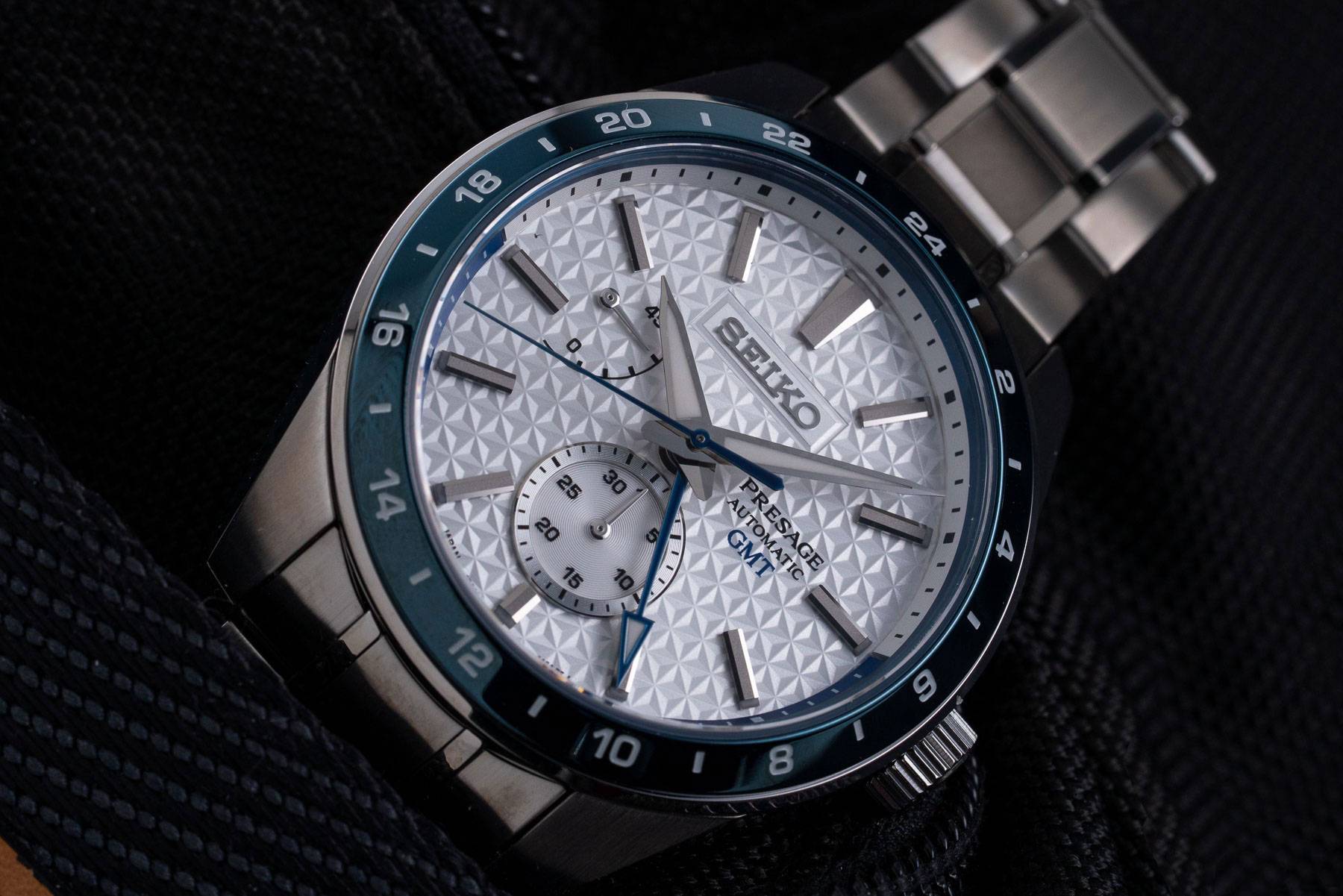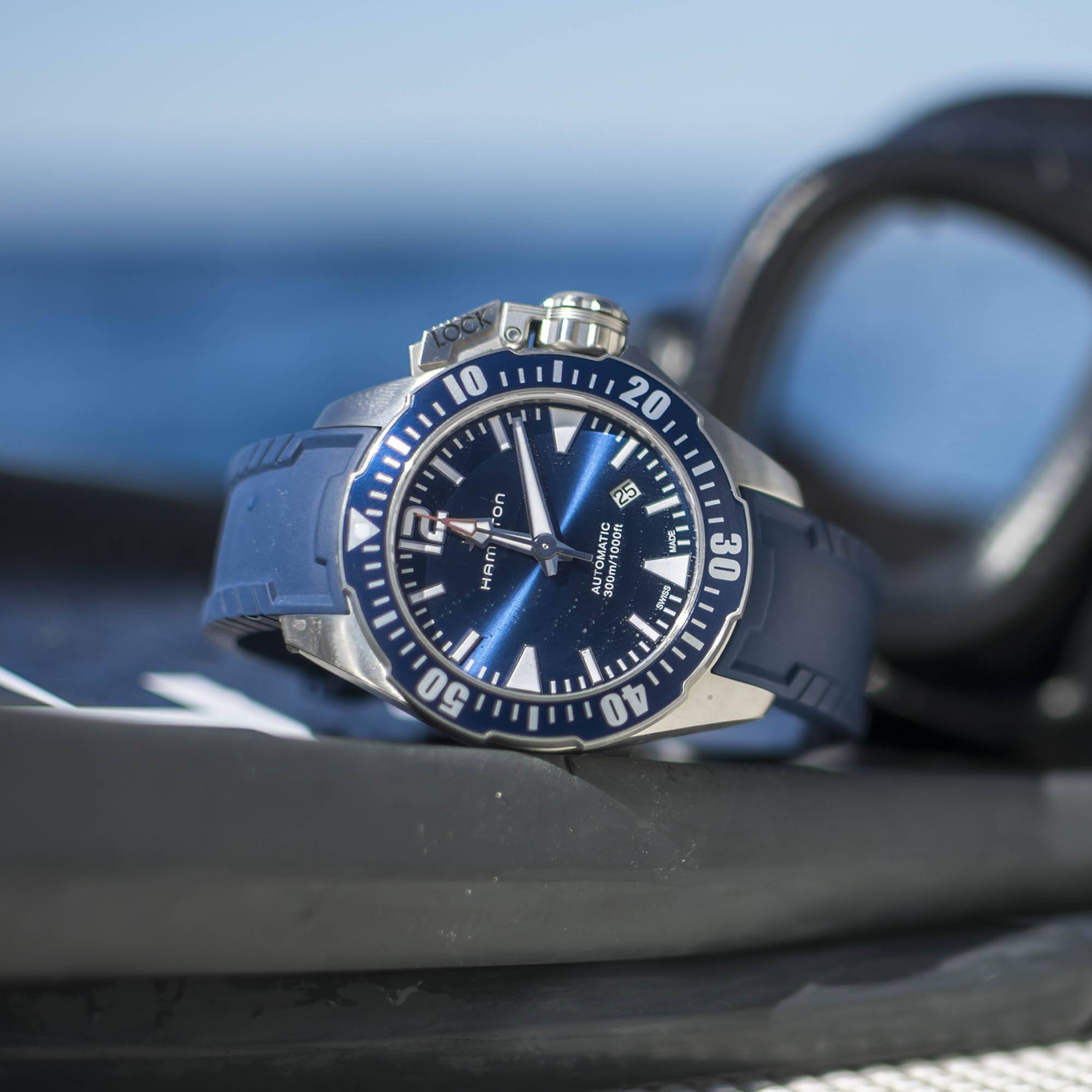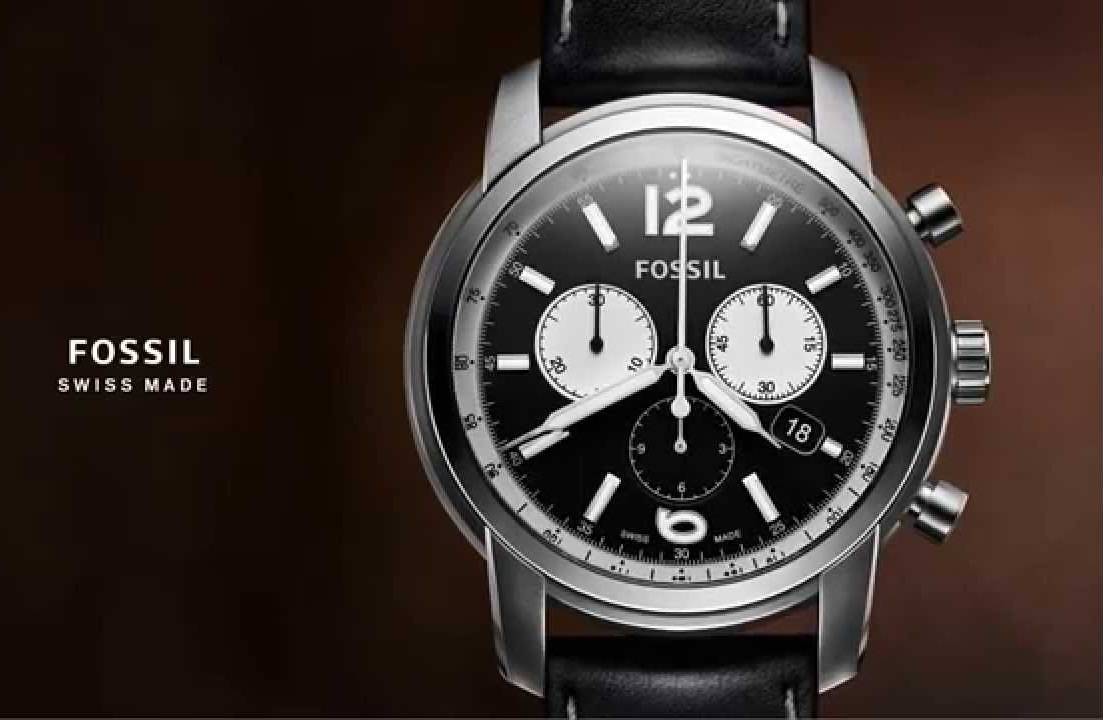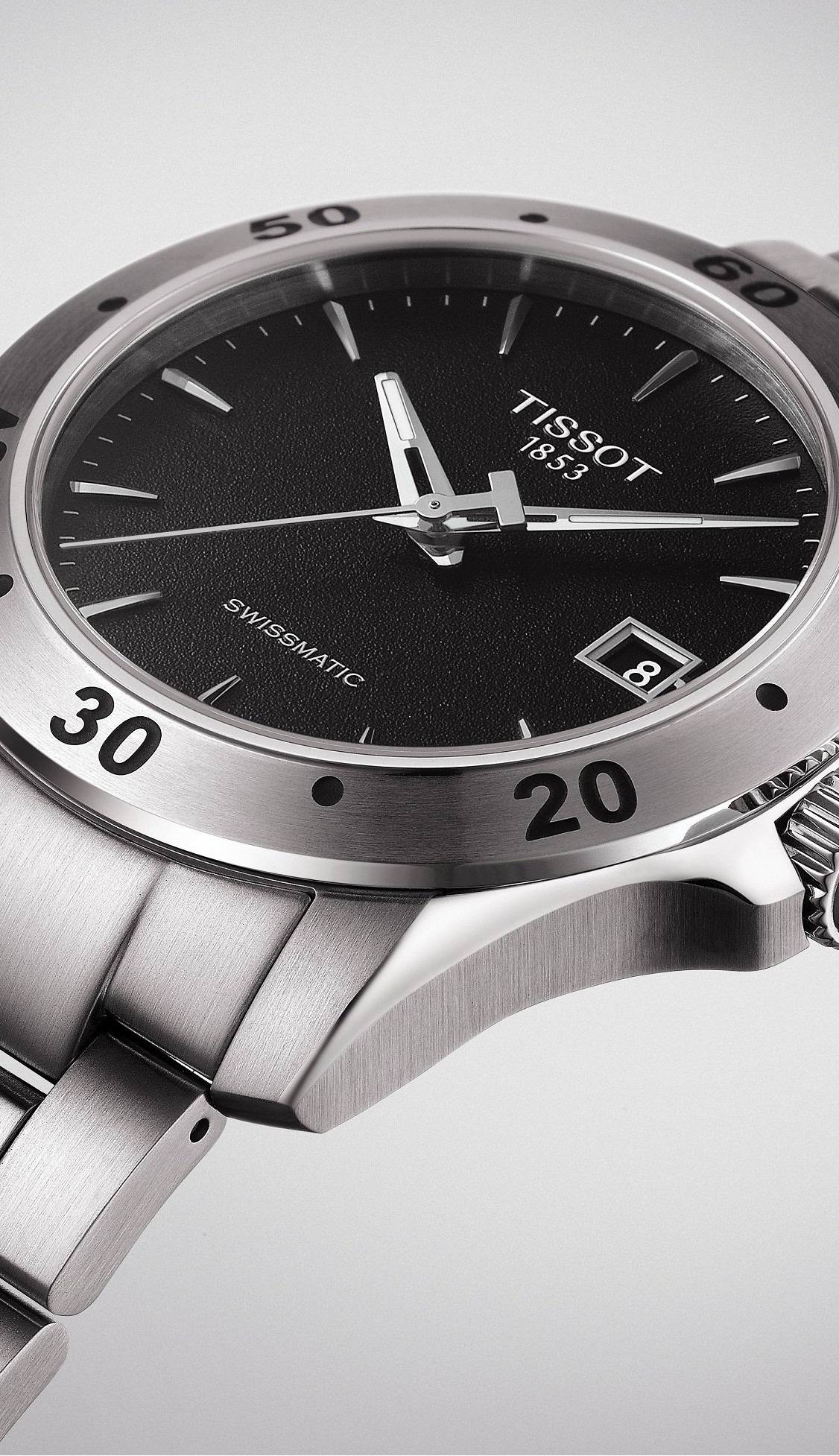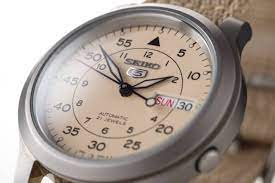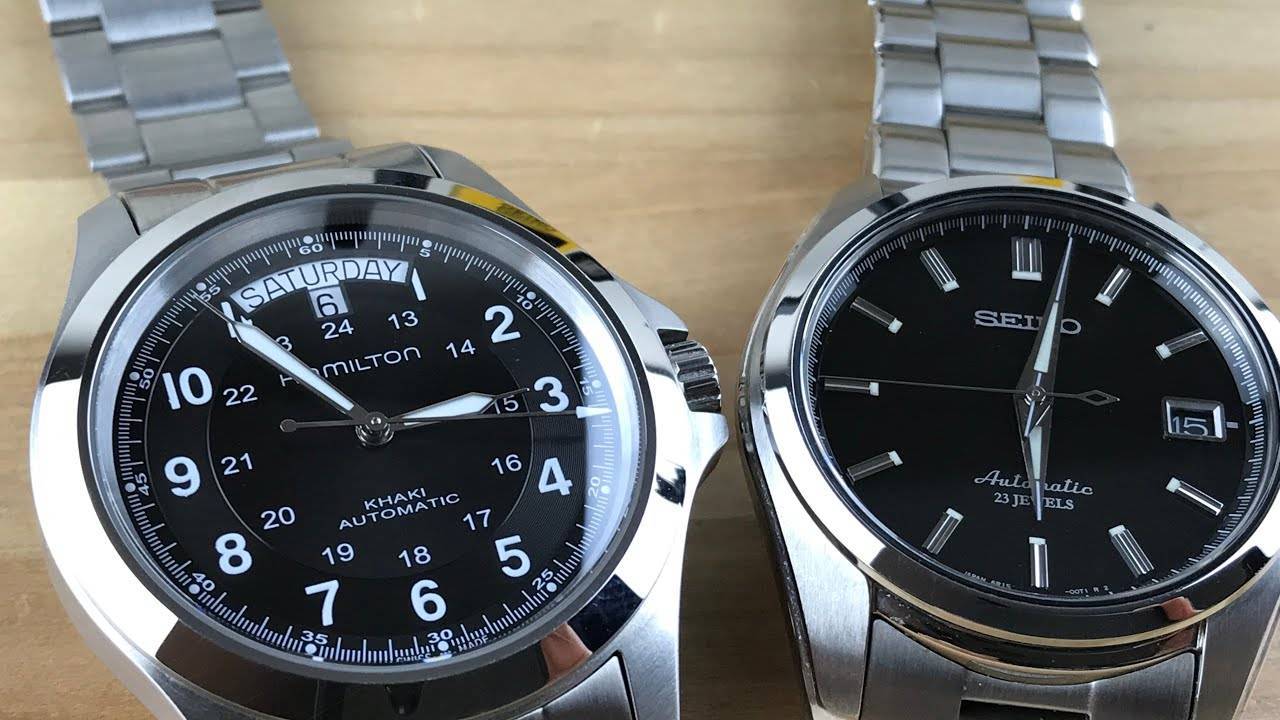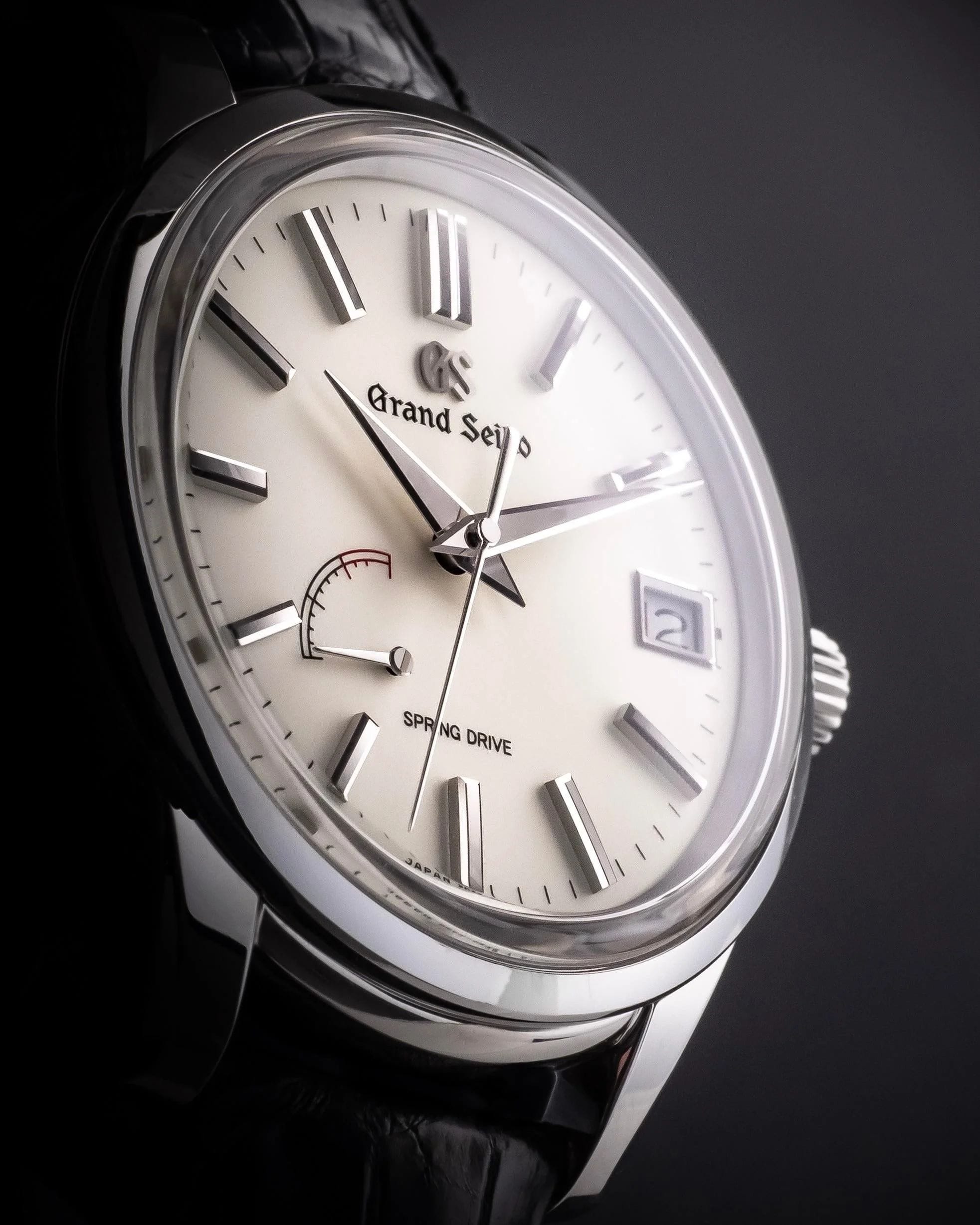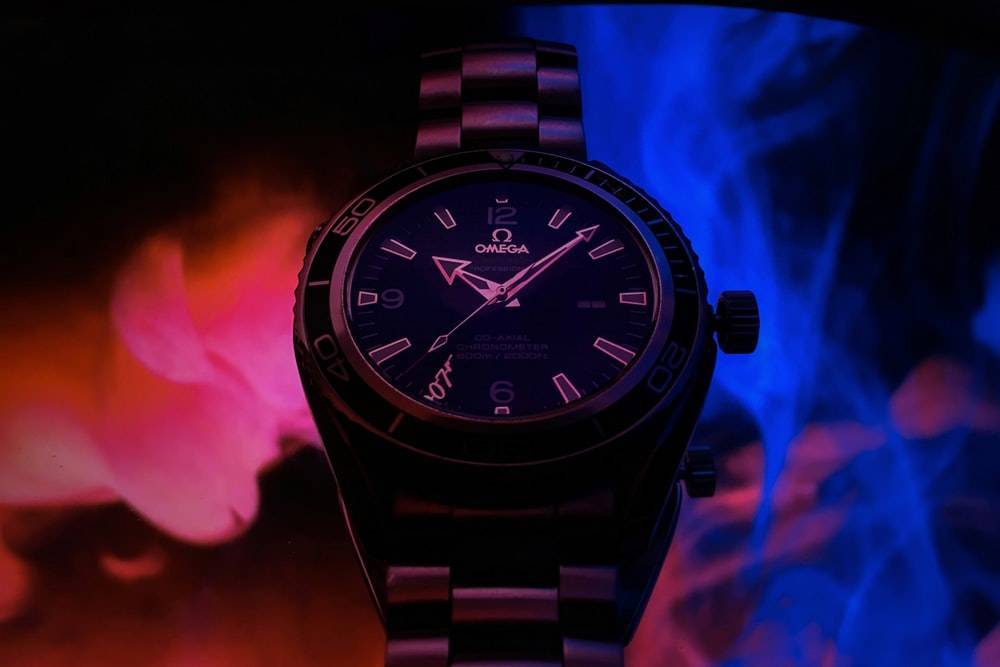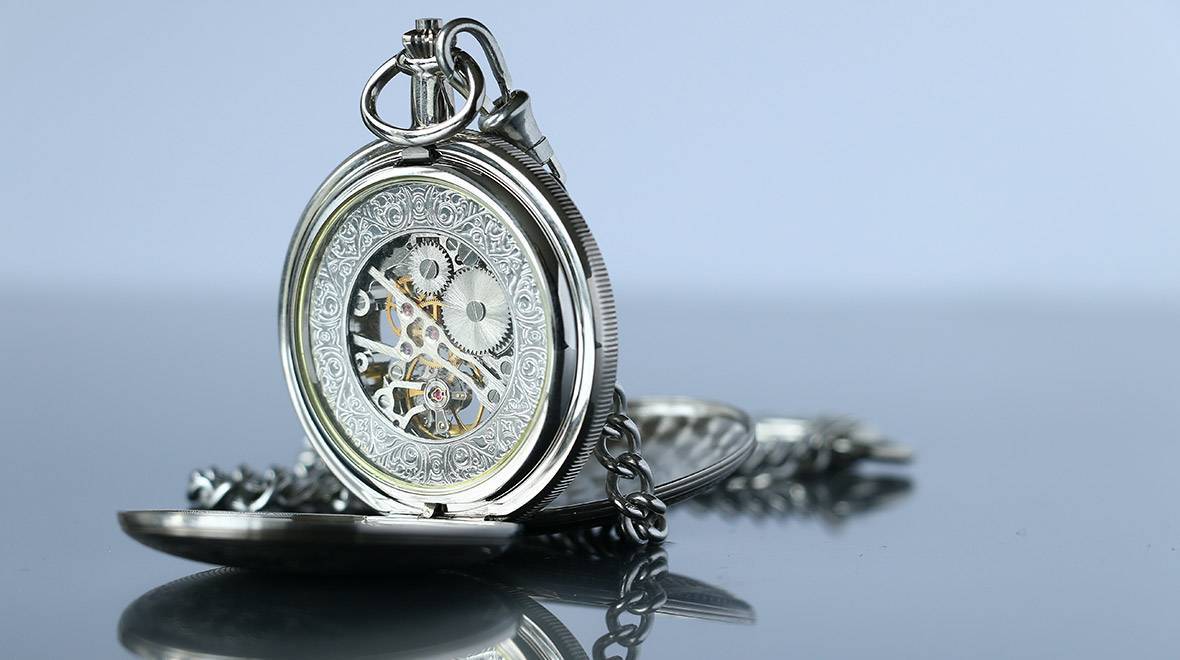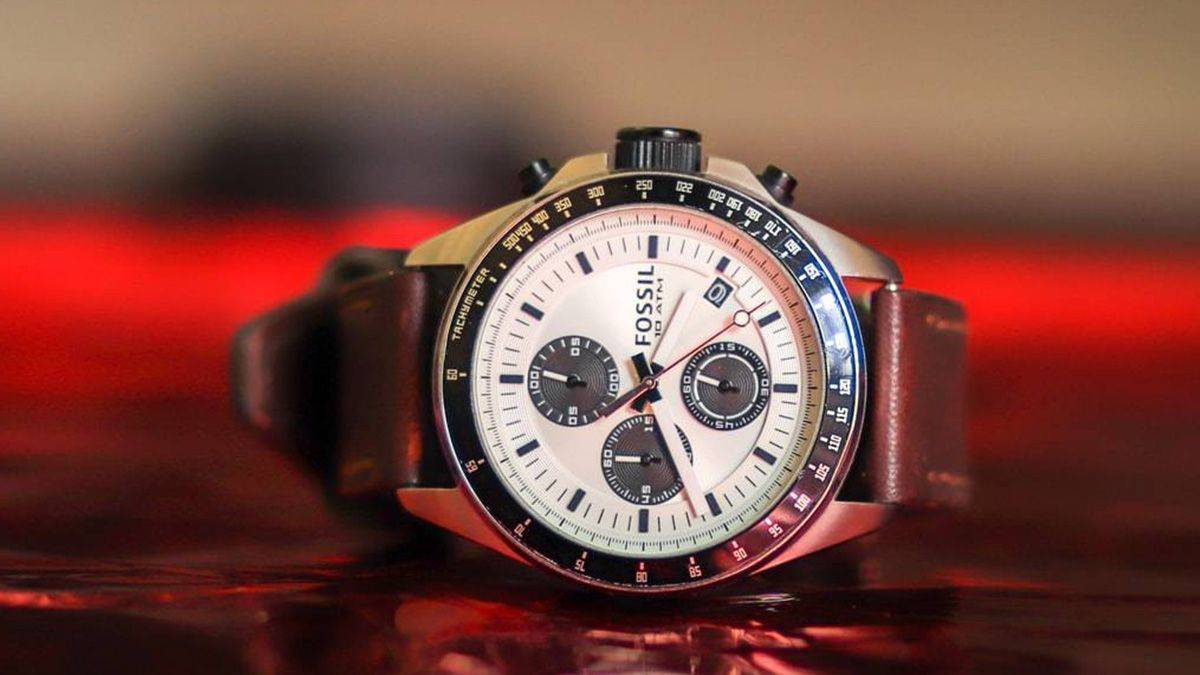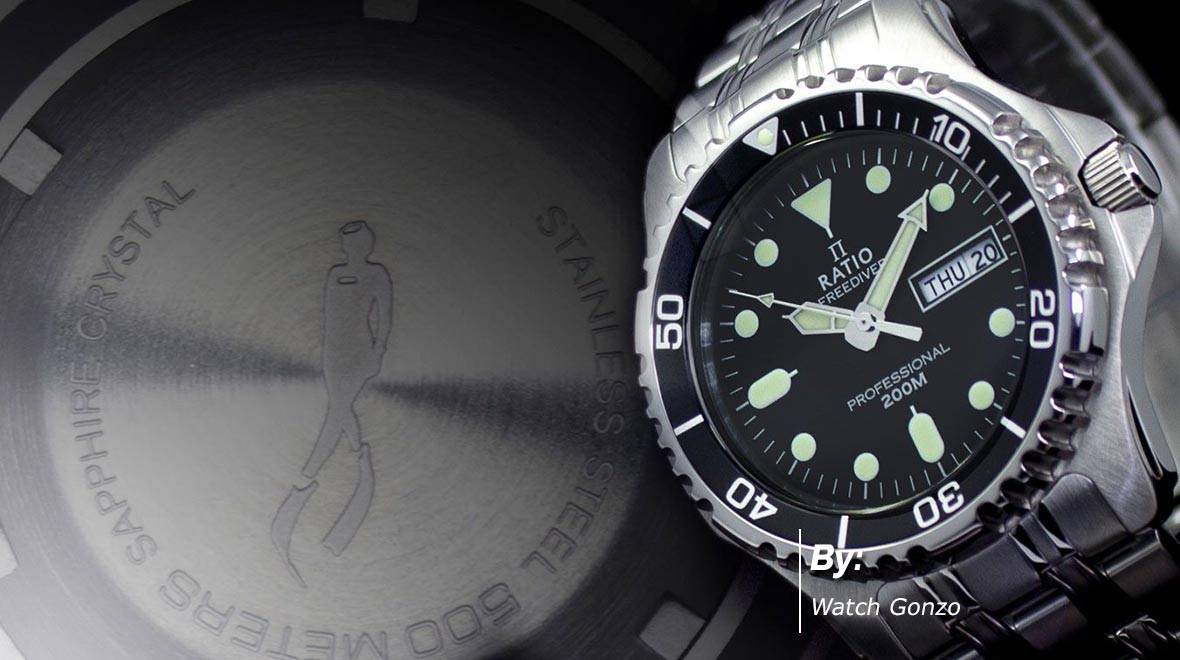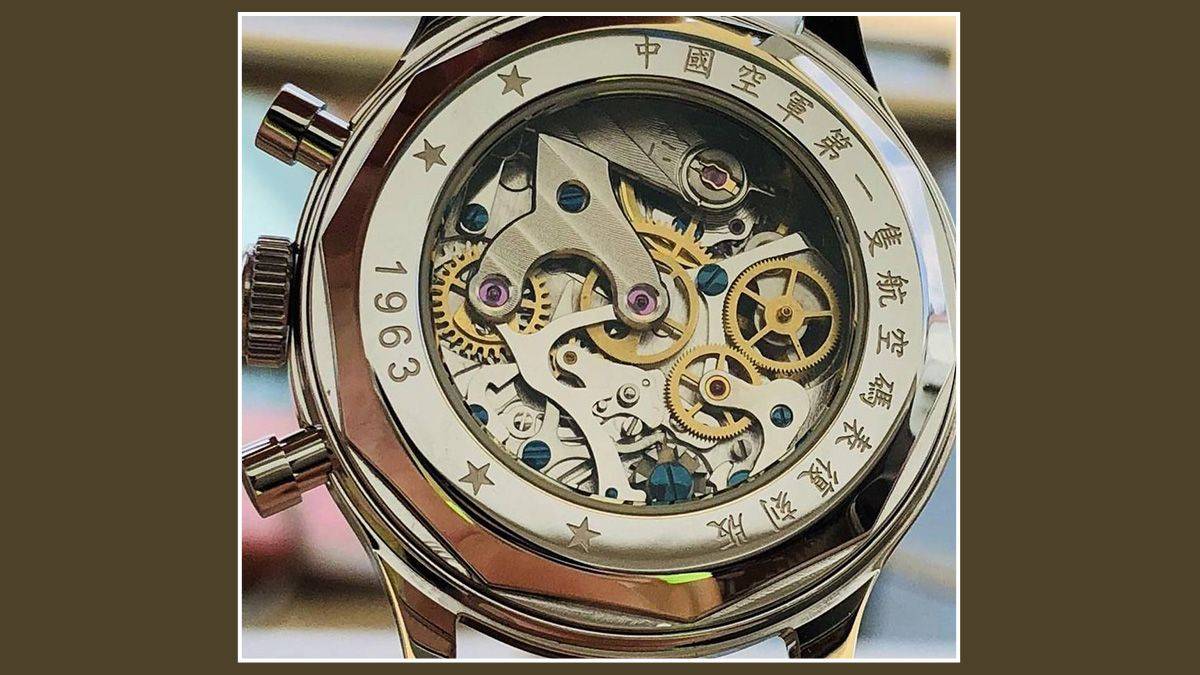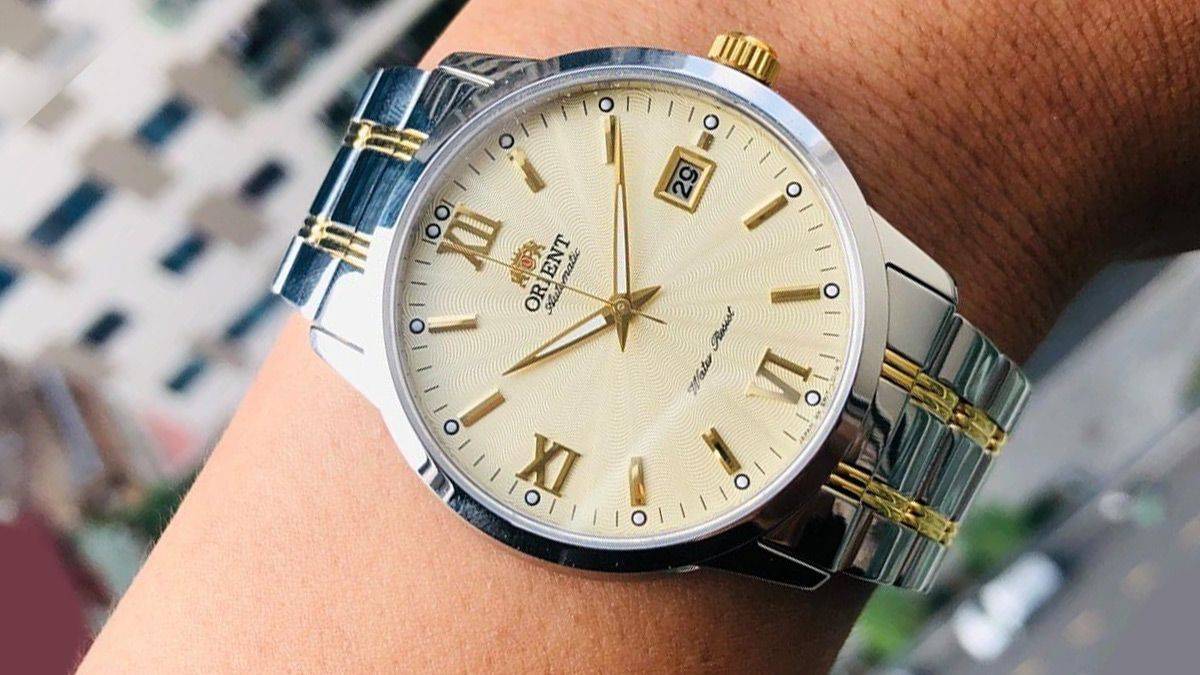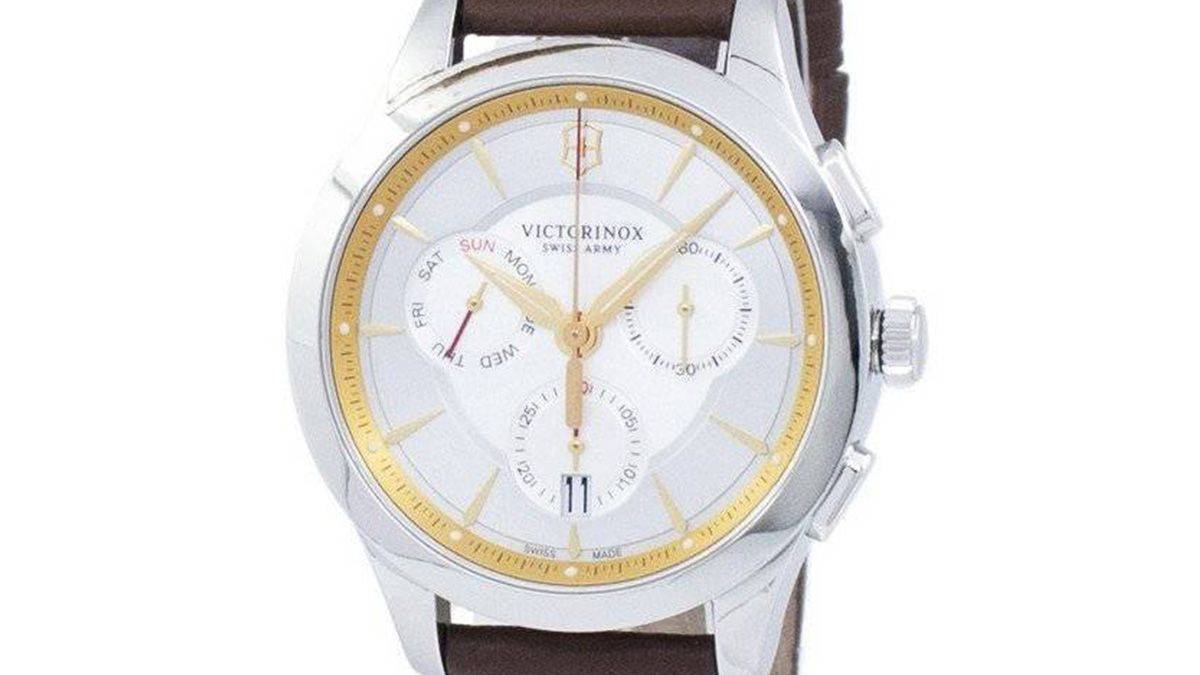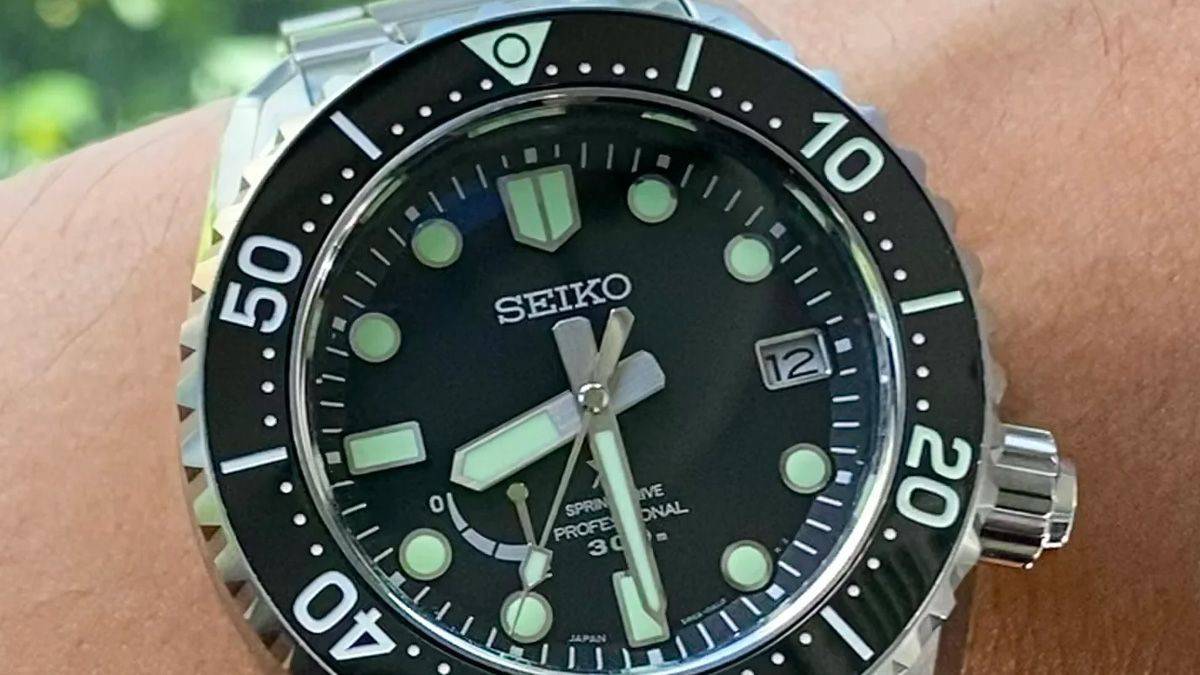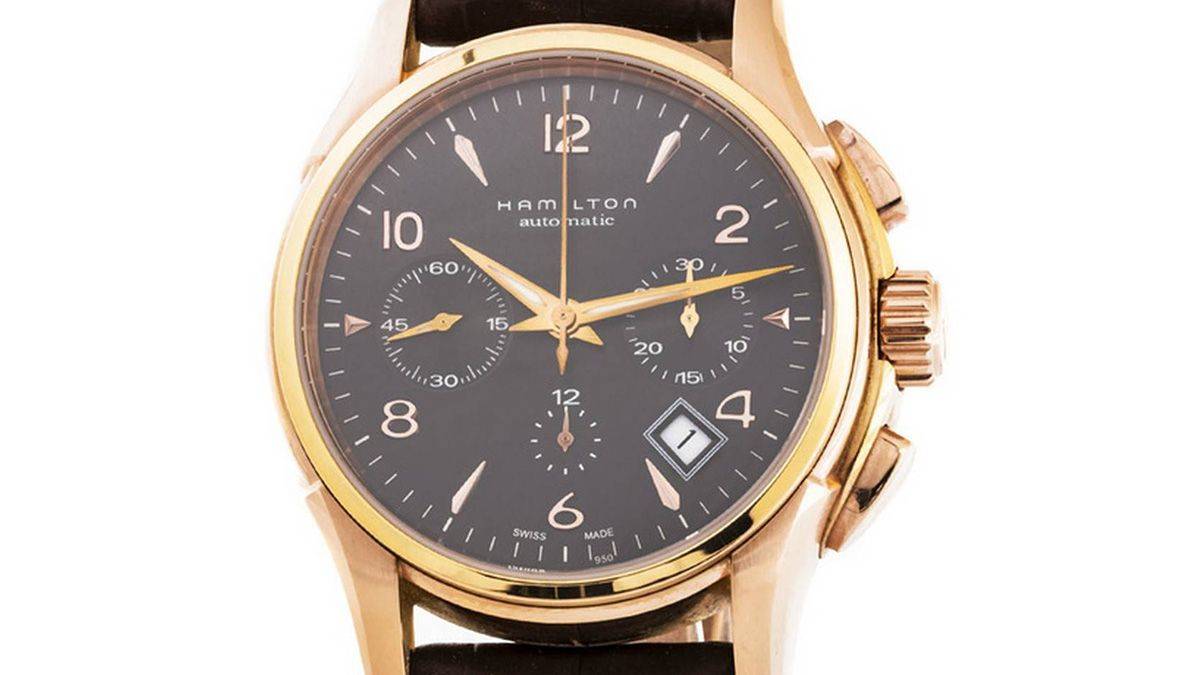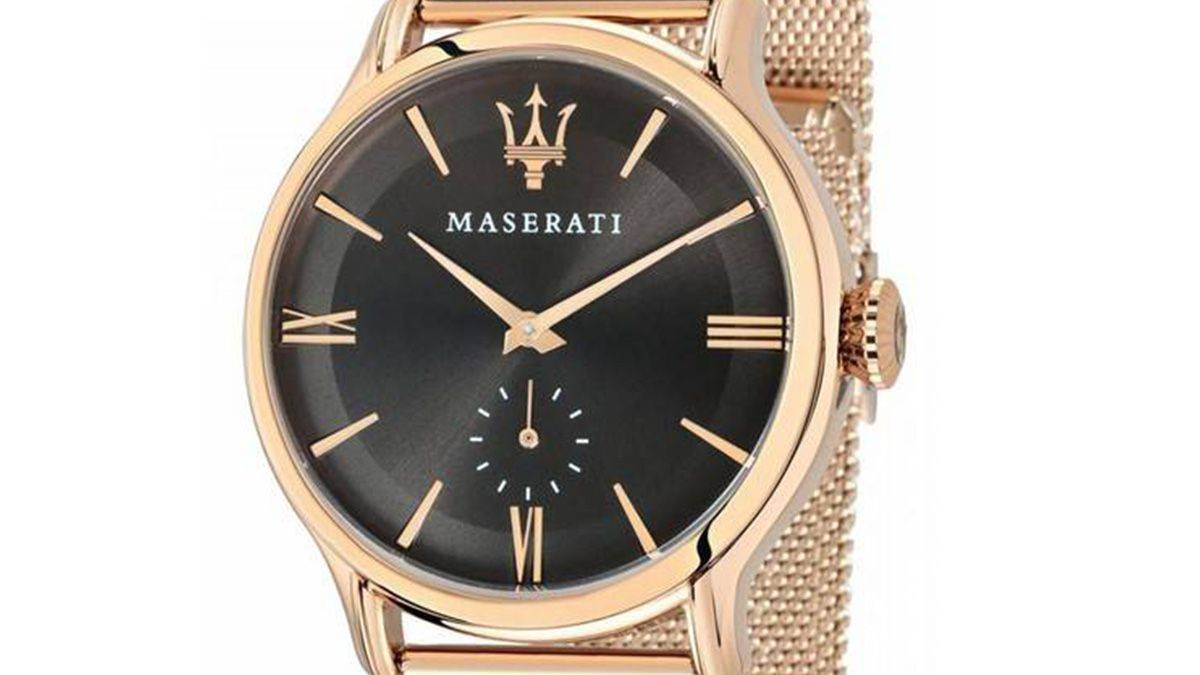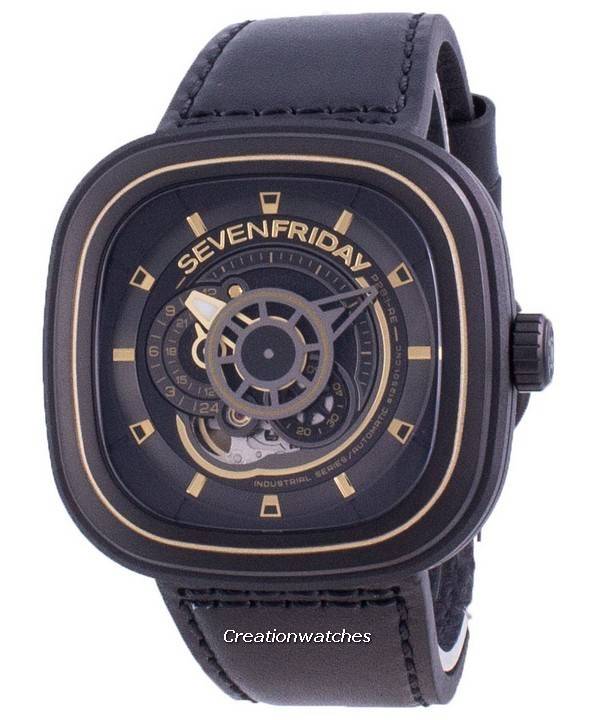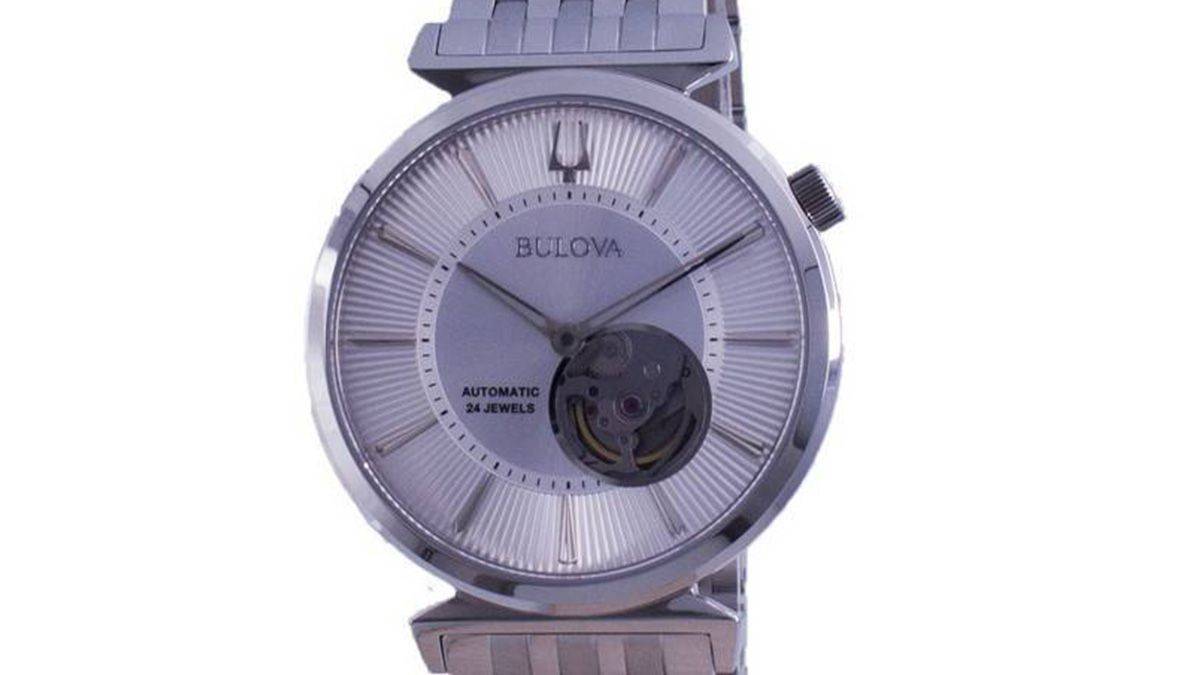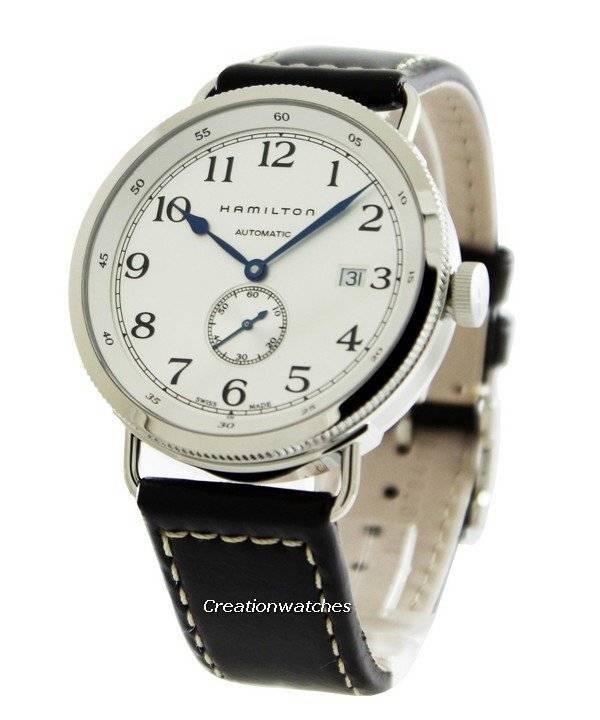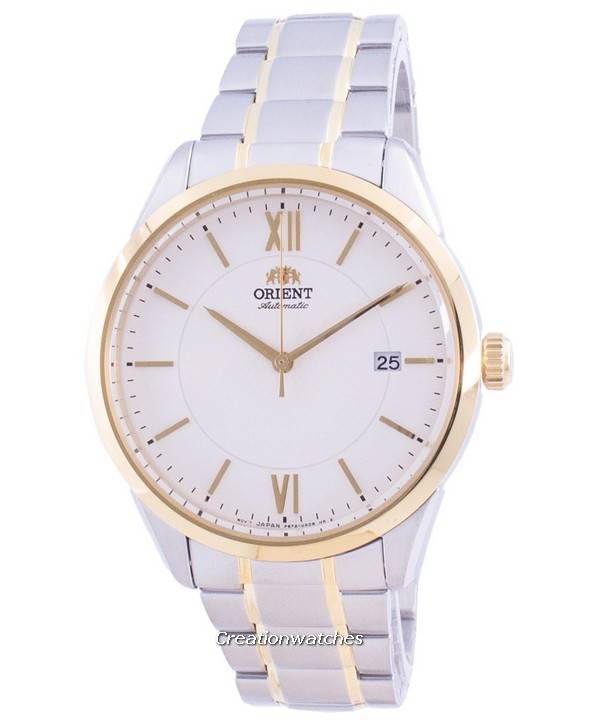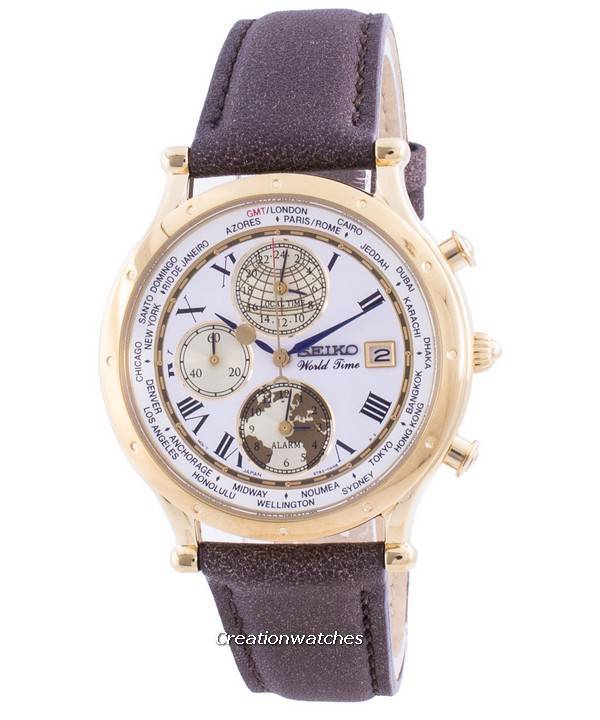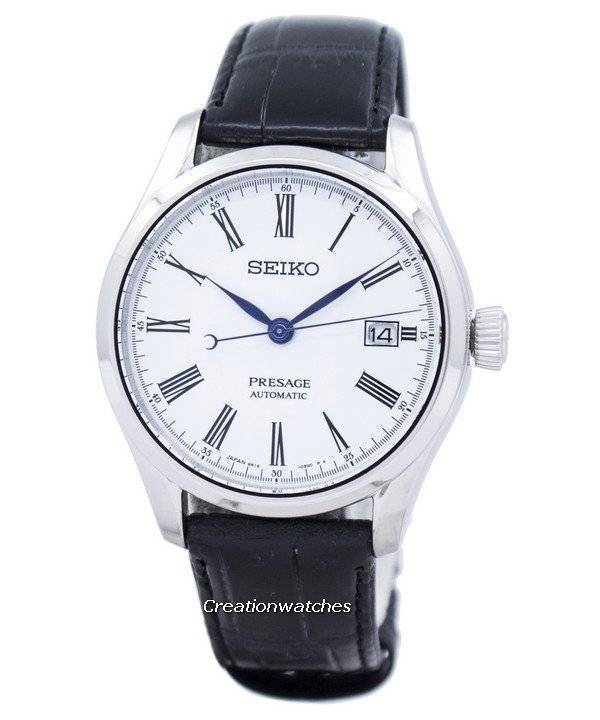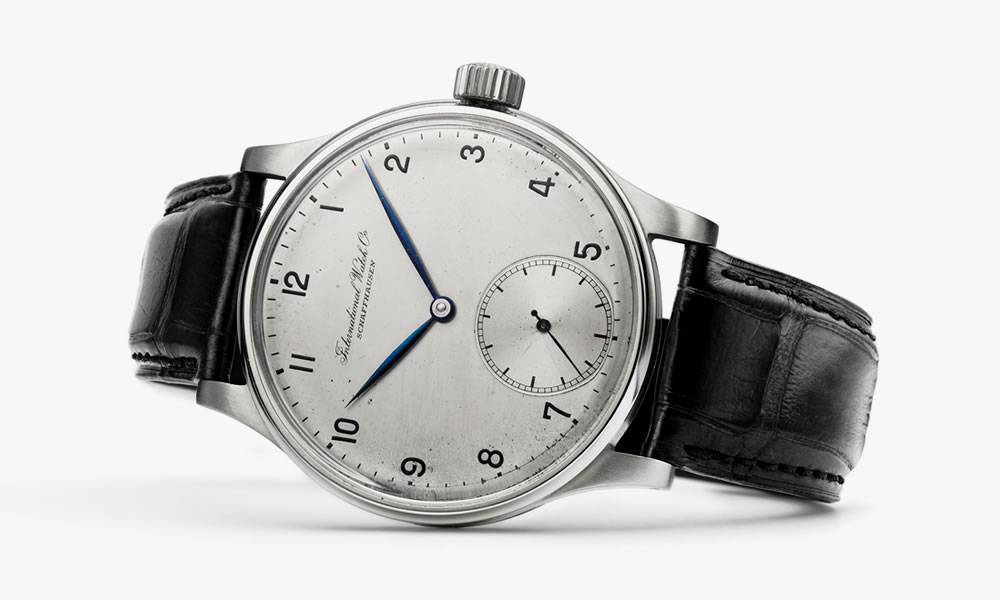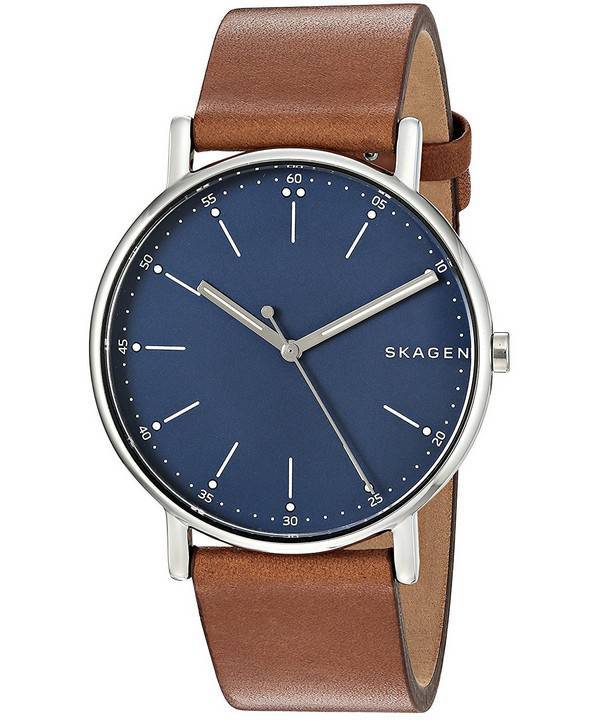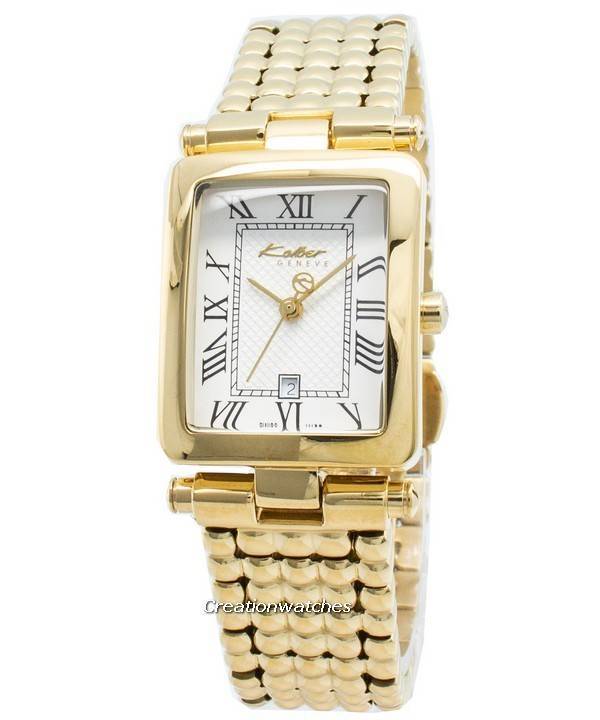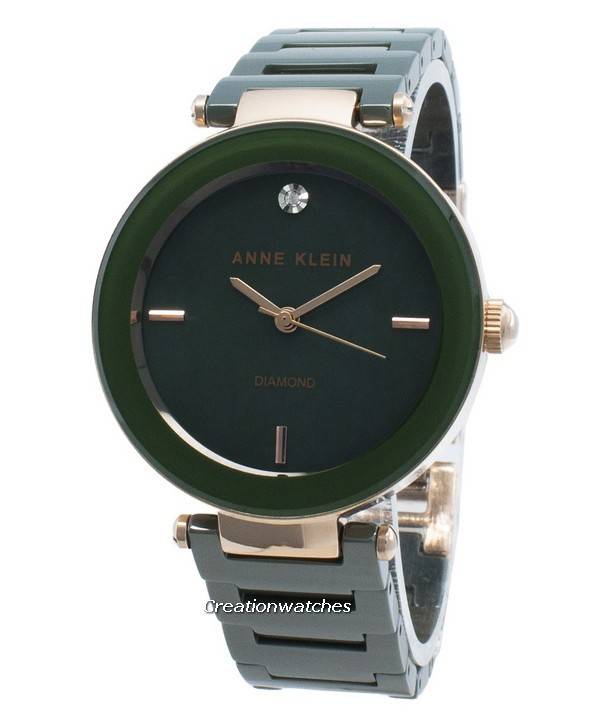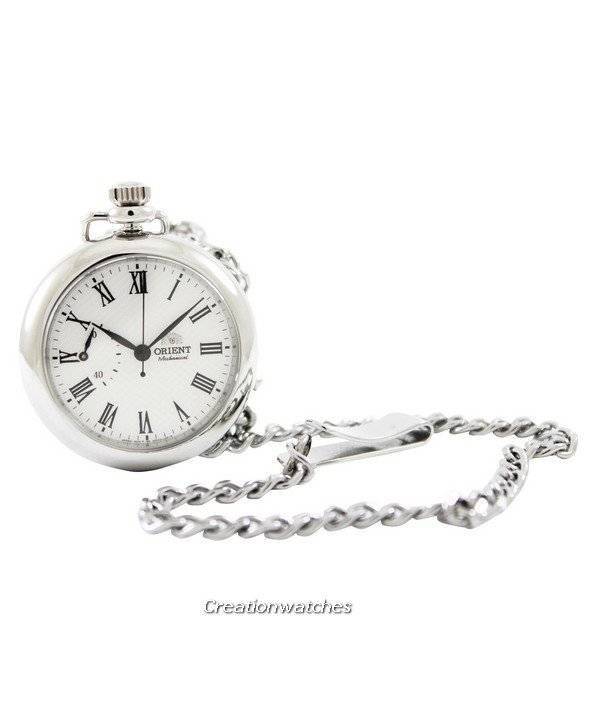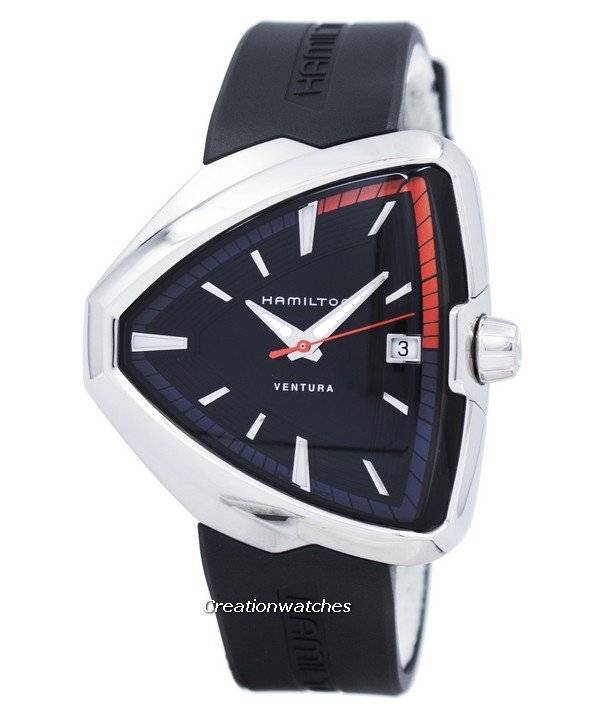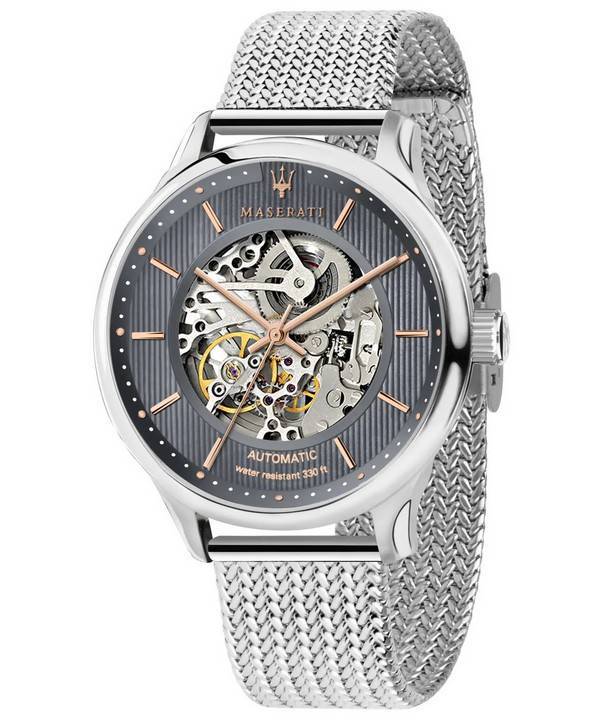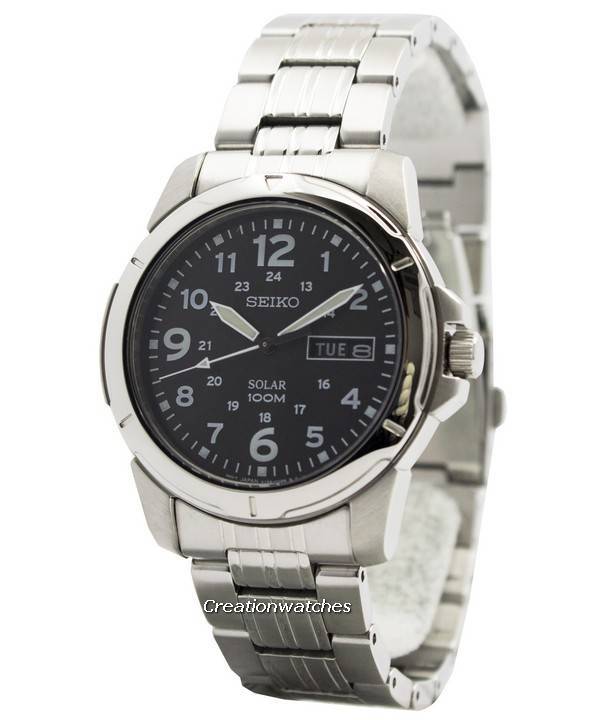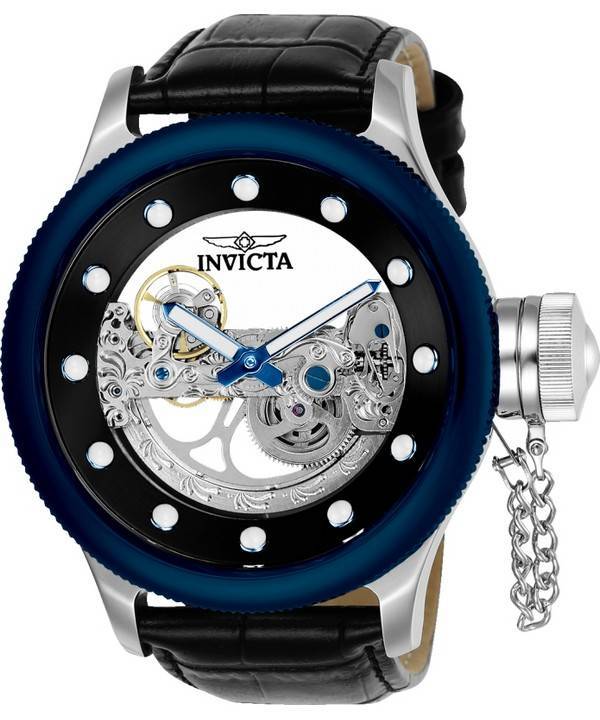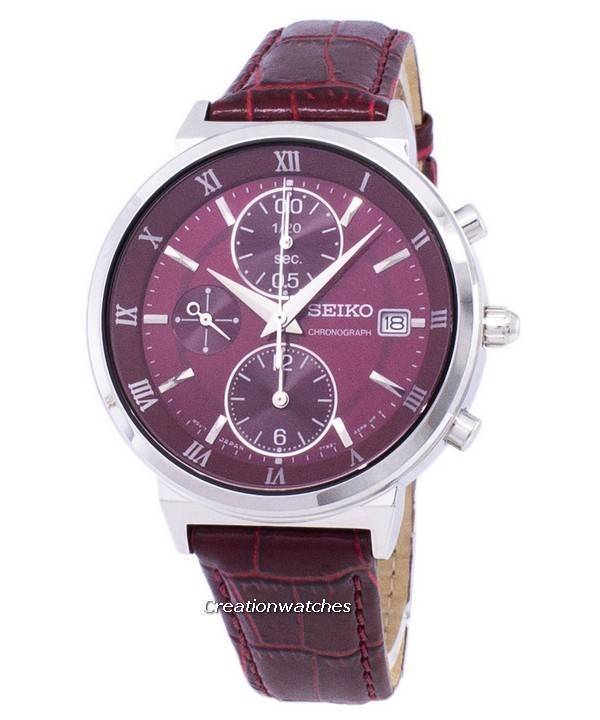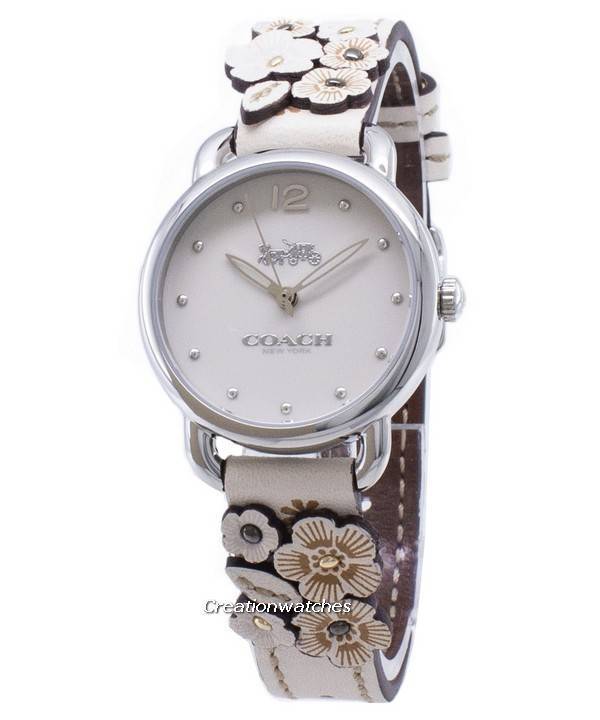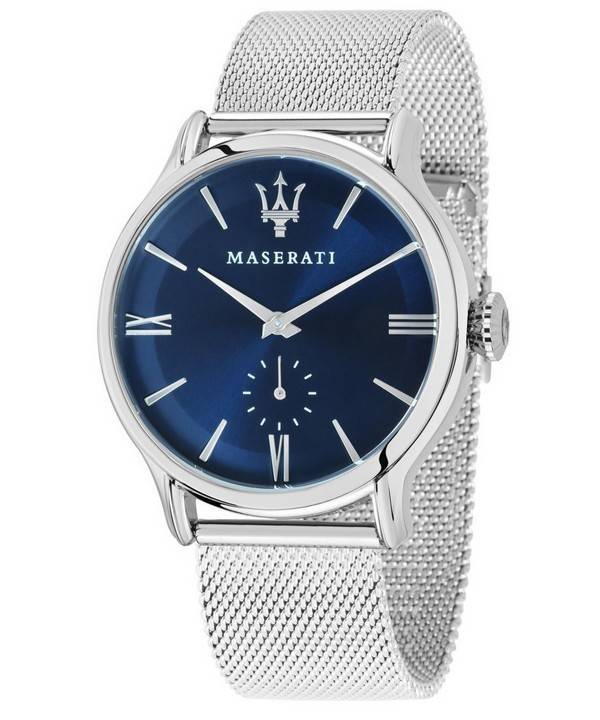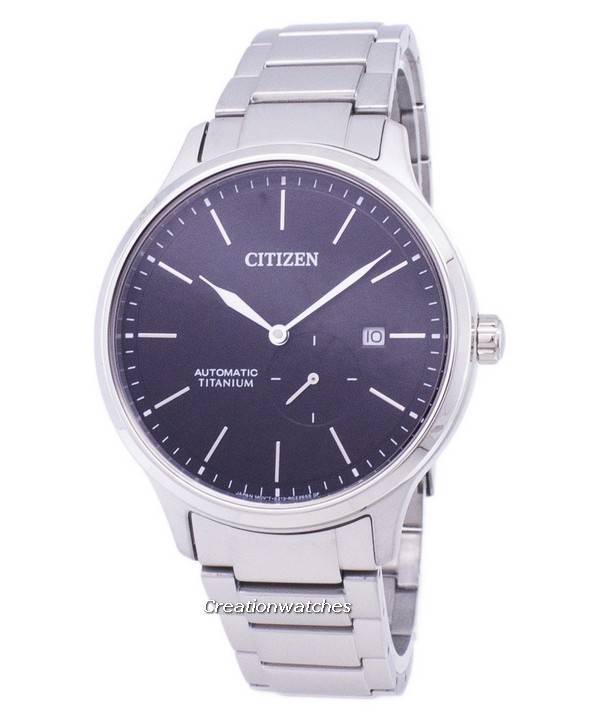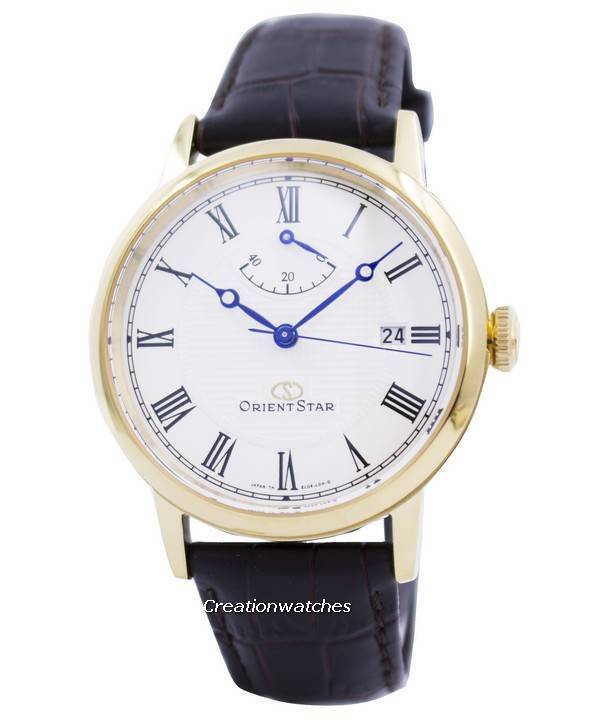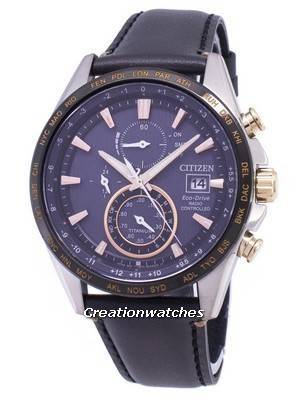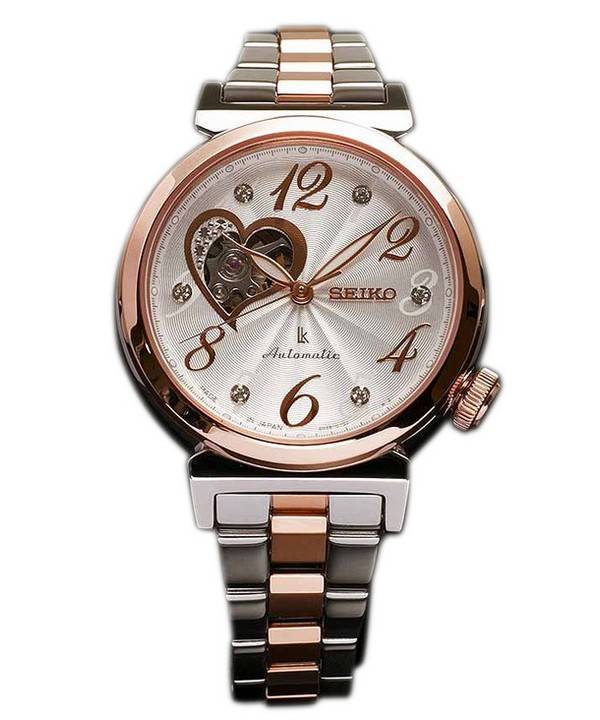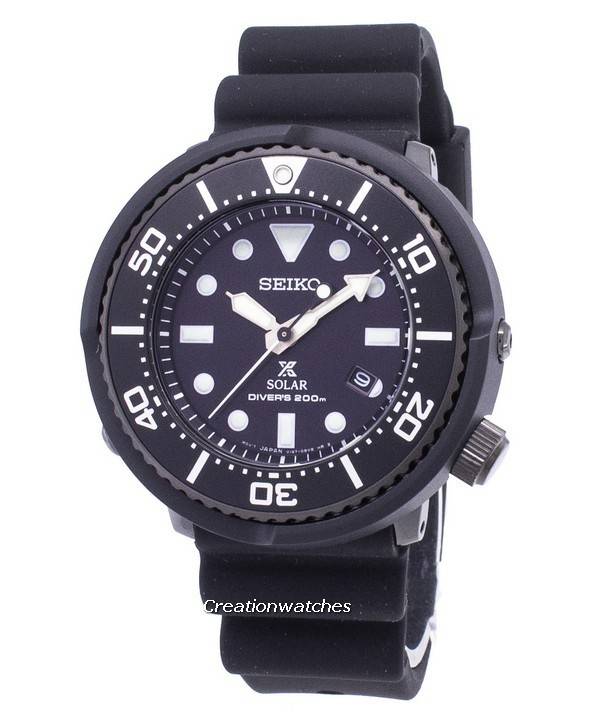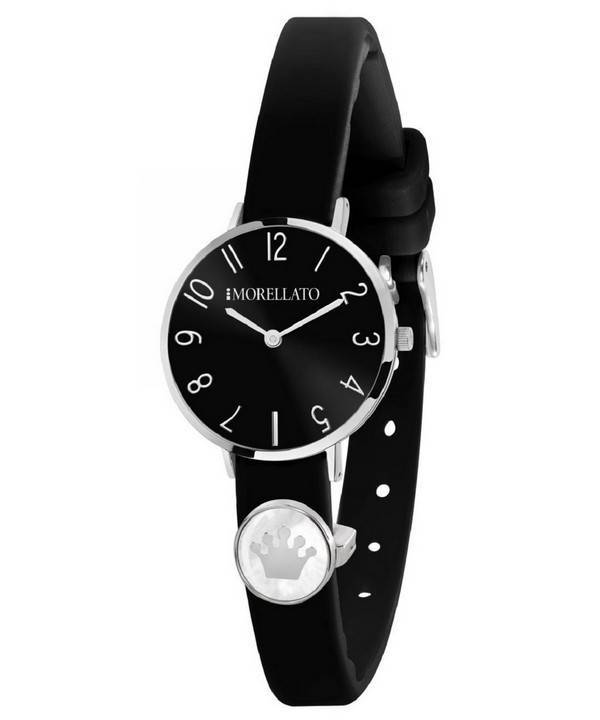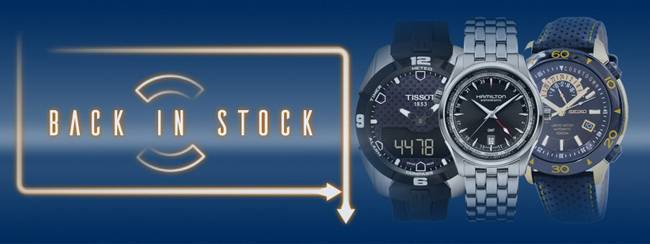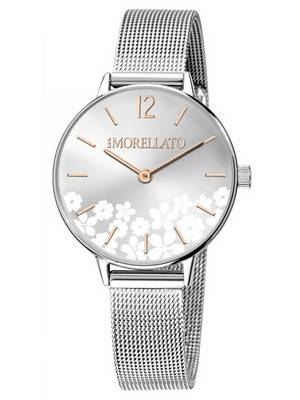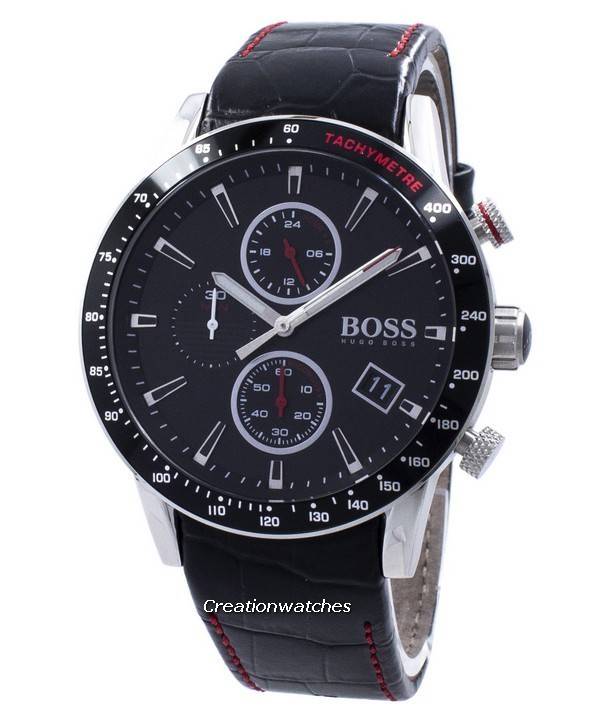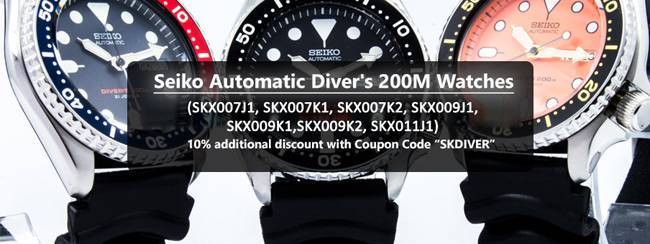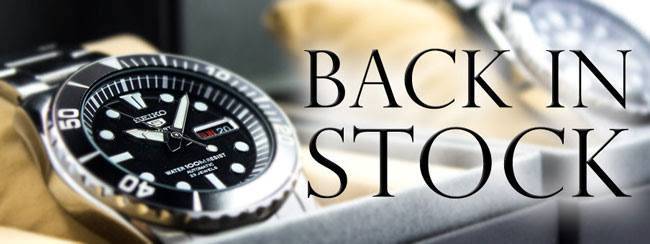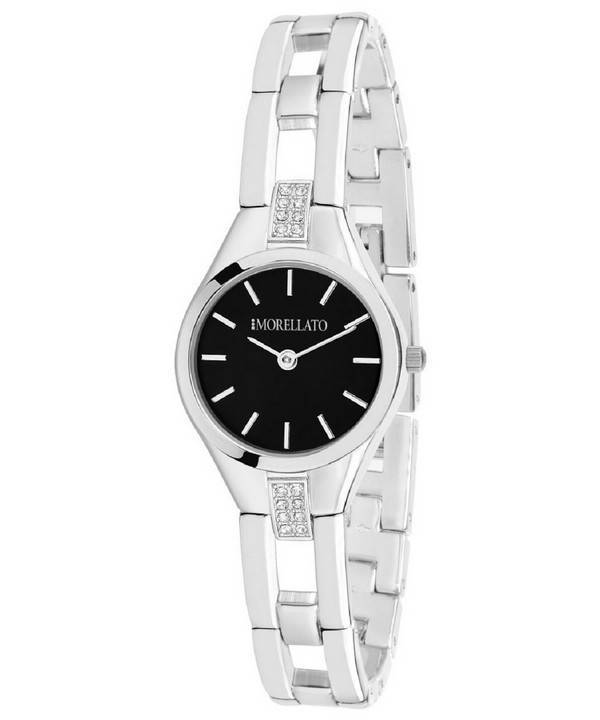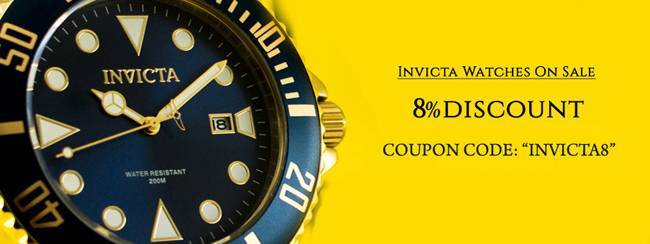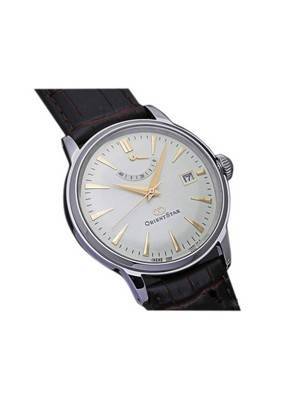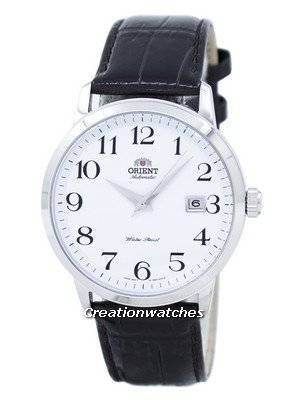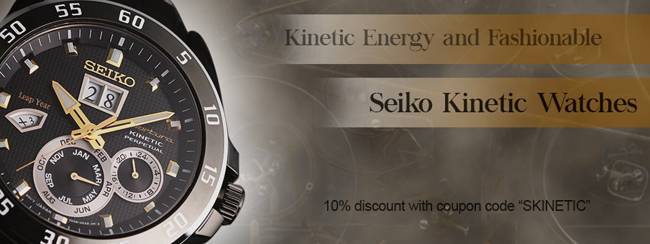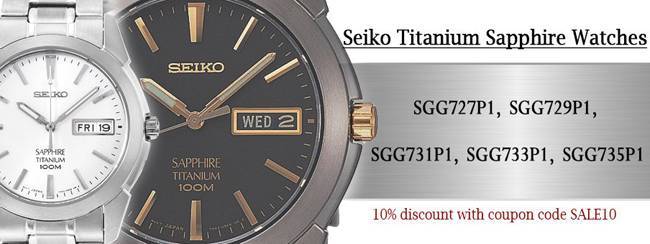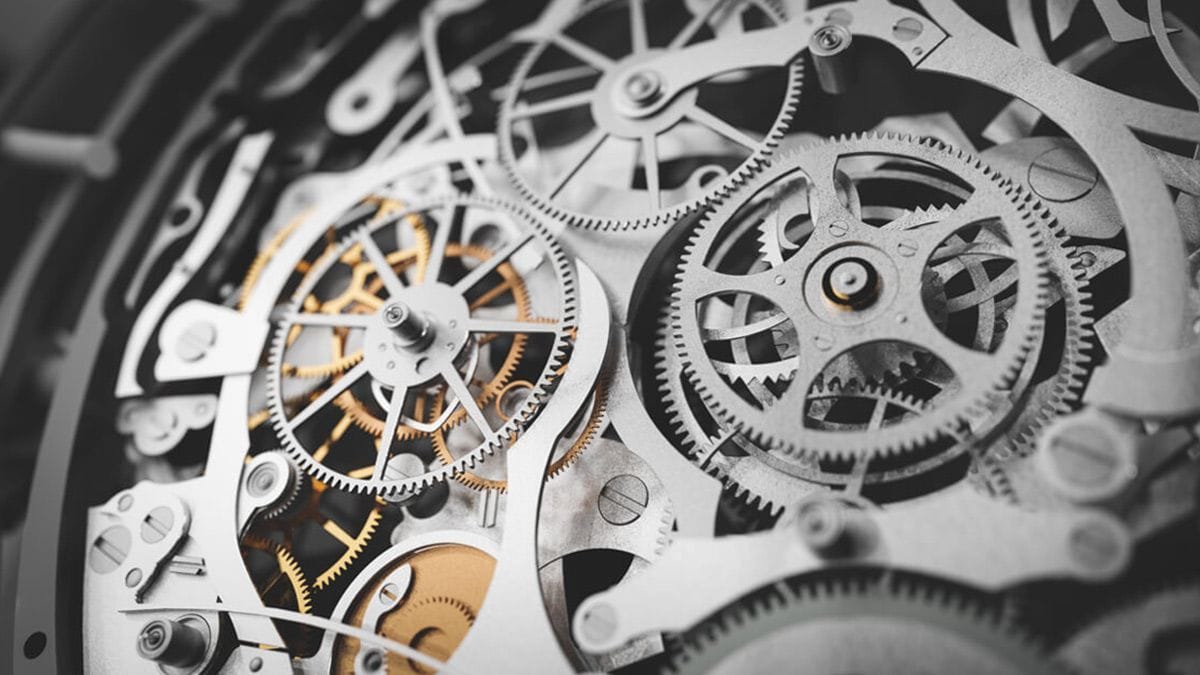
- October 19, 2023
- Watch Gonzo
- 0
The constant debate between mechanical and automatic timepieces has divided the horological world into two. Let’s dive into the intricacies of both and decode the differences.
Mechanical Watches: Defined as manually wound watches, mechanical timepieces require the old-fashioned technique of winding them up by hand. The sensation of winding a watch has been said to be addictive, appealing to those who enjoy a bit of vintage charm. Plus, watching the inner workings come alive is like witnessing a mini engineering marvel.
Automatic Watches: Now let’s talk about the new kids on the block – automatic watches. These timepieces have a self-winding mechanism that gets its power from the of the wearer. The motion of your hand causes a rotor to rotate, which in turn winds the mainspring of the watch. The best part? You’ll never have to worry about replacing a battery or winding it by hand.
Whatever your preference, it is crucial to understand the pros and cons of both and choose a watch that suits your lifestyle and meets your needs.
Mechanical Watches
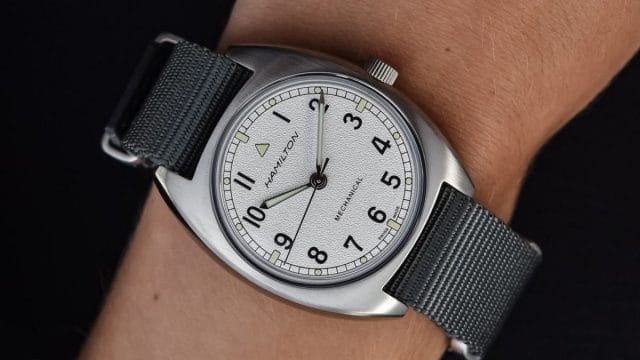
So, what exactly are mechanical watches? It’s like a tiny world of gears and springs, meticulously designed and assembled to keep time with unmatched precision. Instead of relying on batteries or external energy sources, these watches need a good old-fashioned winding by hand.
Advantages? Oh, they’ve got plenty! For starters, the tactile experience of winding a watch is almost addictive. It’s like a mini workout for your fingers. And let’s not forget the vintage appeal and visual satisfaction of watching the intricate inner workings come alive. When you lay eyes on a mechanical watch, you can’t help but appreciate the engineering marvel that it is.
But hold your horses; mechanical watches also have their fair share of disadvantages. For one, you need to remember to wind them regularly, or else they’ll stop on you. And if you forget, well, you’ll be left with a sad little timepiece that serves no purpose other than being a fashion accessory.
Mechanical watches require occasional servicing to keep them in tip-top shape. After all, with all those tiny gears and springs in there, things can easily go haywire. So, be prepared to spend some extra cash every few years to keep your mechanical beauty running smoothly. So, there you have it, the lowdown on mechanical watches. They’re a delight for those who enjoy the technical side of their tools and appreciate the old-school charm of the winding ritual.
Automatic Watches
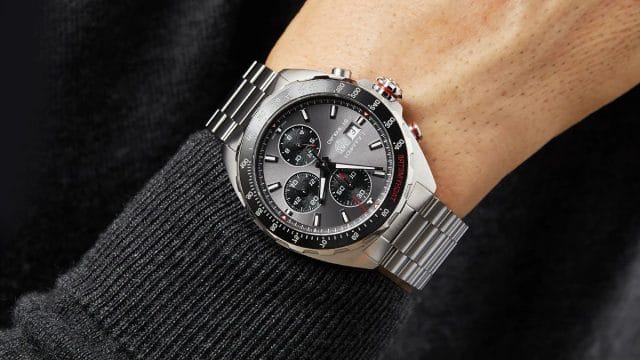
When it comes to automatic watches, they are a marvel of technology. As already mentioned, they use the motion of the wearer’s wrist to wind its mainspring and keep running. No more winding up your watch manually or remembering to charge it in the sunlight like a needy little vampire.
Invented by Abraham-Louis Perrelet in 1770, automatic movements grew in popularity in the early 20th century. Today, many modern luxury watch brands such as Rolex, Longines, Tag Heuer, and Emporio Armani specialize in automatic watches, but there are also several affordable and quality automatic watches available from other renowned brands such as Seiko and Citizen.
One main advantage of automatic watches is their convenience. But hold on a minute! Is convenience the only reason to go for an automatic watch? Absolutely not! These bad boys come with a whole lot of perks.
Automatic watches stand out from the crowd for the traditional mechanical feel they offer, just without the hassles. The level of detail, craftsmanship, and prestige that comes with owning an automatic watch is unmatched. Moreover, luxury automatic watches are not only timepieces but are also pieces of art. From the intricate dials to the complicated movements, automatic watches have become a symbol of luxury, class, and style, making it an excellent investment.
Mechanical vs Automatic: The Differences
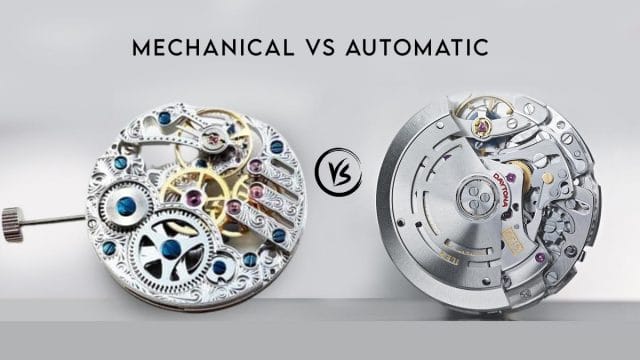
First up, the mechanism and power. A mechanical watch uses a hand-wound movement, which means you need to wind it up manually. It’s like a daily ritual, a gentle reminder that time is precious and winding it up is a small price to pay for the satisfaction of seeing those gears come alive.
On the other hand, automatic watches are like the lazy cousin of mechanical timepieces. They run on your body’s kinetic energy, so as long as you keep wearing them, they keep running. No hand-winding is required!
When it comes to accuracy, automatic watches take the crown. The precise mechanisms in these watches make sure that every second ticks away with impeccable accuracy. Mechanical watches, while still admirable in their accuracy, may not be as precise as their automatic counterparts.
Now, let’s talk about the maintenance. Both watches require regular cleaning, but mechanical watches demand a little extra care. The hand-wound mechanism in these timepieces needs proper servicing every few years to keep it in tip-top shape. On the other hand, automatic watches are like the low-maintenance friends who don’t need as much attention. The self-winding mechanism keeps them running smoothly, saving you from the hassle of frequent servicing.
Disadvantages of Mechanical Watches:
- Requires regular winding up
- May have limited durability due to complex inner workings
- Requires more maintenance than automatic watches
Disadvantages of Automatic Watches:
- Like any high-maintenance diva, automatic watches require regular servicing by a professional to ensure their accuracy and longevity
- Automatic watches are a bit heftier on the wallet than their mechanical counterparts. Generally, a bigger financial investment.
So, which is better, mechanical or automatic? Well, there’s no clear winner here. Both types of watches have their own unique appeal and function. It all comes down to personal preference and lifestyle. If you enjoy the tactile satisfaction of winding your watch and appreciate the craftsmanship of a mechanical movement, go for it! Both are awesome in their own way, and it’s up to you to decide which one speaks to your heart or, rather, your wrist.
Mechanical vs Automatic Watches: Life Expectancy
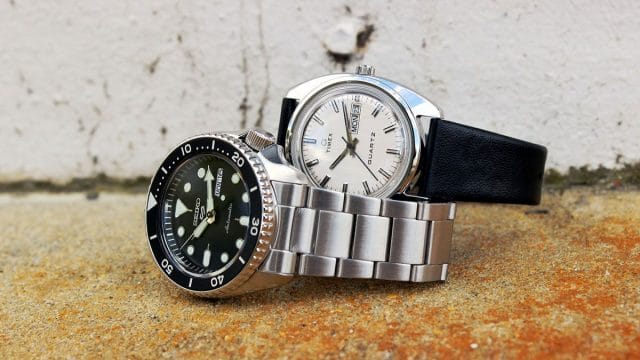
Maintenance and cleaning of both mechanical and automatic watches are crucial for their longevity and durability. Both types of watches require regular servicing and cleaning to ensure they function optimally. Typically, it is recommended that mechanical watches be serviced every three to five years. However, this may depend on how frequently the watch is used.
Automatic watches, on the other hand, have a longer lifespan than mechanical watches because of their self-winding mechanism. The natural motion of the wearer’s wrist keeps the mainspring of the watch wound, which in turn keeps the watch running. However, the lifespan of an automatic watch may also depend on the quality of the watch and how well it is maintained.
The durability of both types of watches may be affected by external factors such as exposure to water and extreme temperatures. For instance, exposure to water may cause rust or corrosion, while exposure to extreme temperatures may cause the watch to lose accuracy. It is, therefore, important to take extra care when wearing your watch, especially when engaging in activities that may expose it to such conditions.
Who Wins the Final Battle?
Mechanical and automatic watches are both amazing devices that tick away on our wrists, keeping us punctual and stylish. Automatic watches offer convenience and hassle-free maintenance, making them a practical choice for many. On the other hand, mechanical watches offer a vintage feel as well as the satisfaction of hand winding, making them a great fit for those who appreciate the craftsmanship and technical aspects of watches. Both have their own unique charm and should be appreciated for their craftsmanship and accuracy. So, choose the one that speaks to your heart and adds flair to your wrist.


















